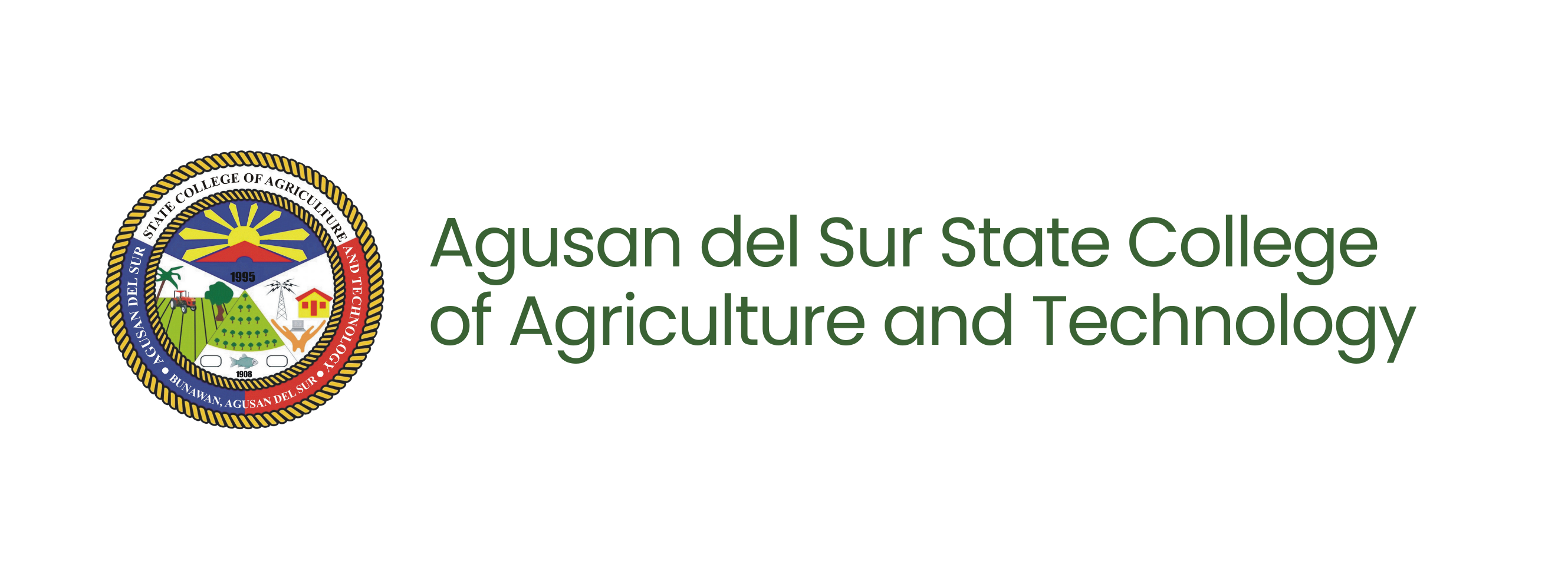Emphasizing Indigeneity and Inclusion: ASSCAT Hosts 19th NAKEM International Conference
- Posted by ASSCAT Information
- Categories News and Updates
- Date July 18, 2024
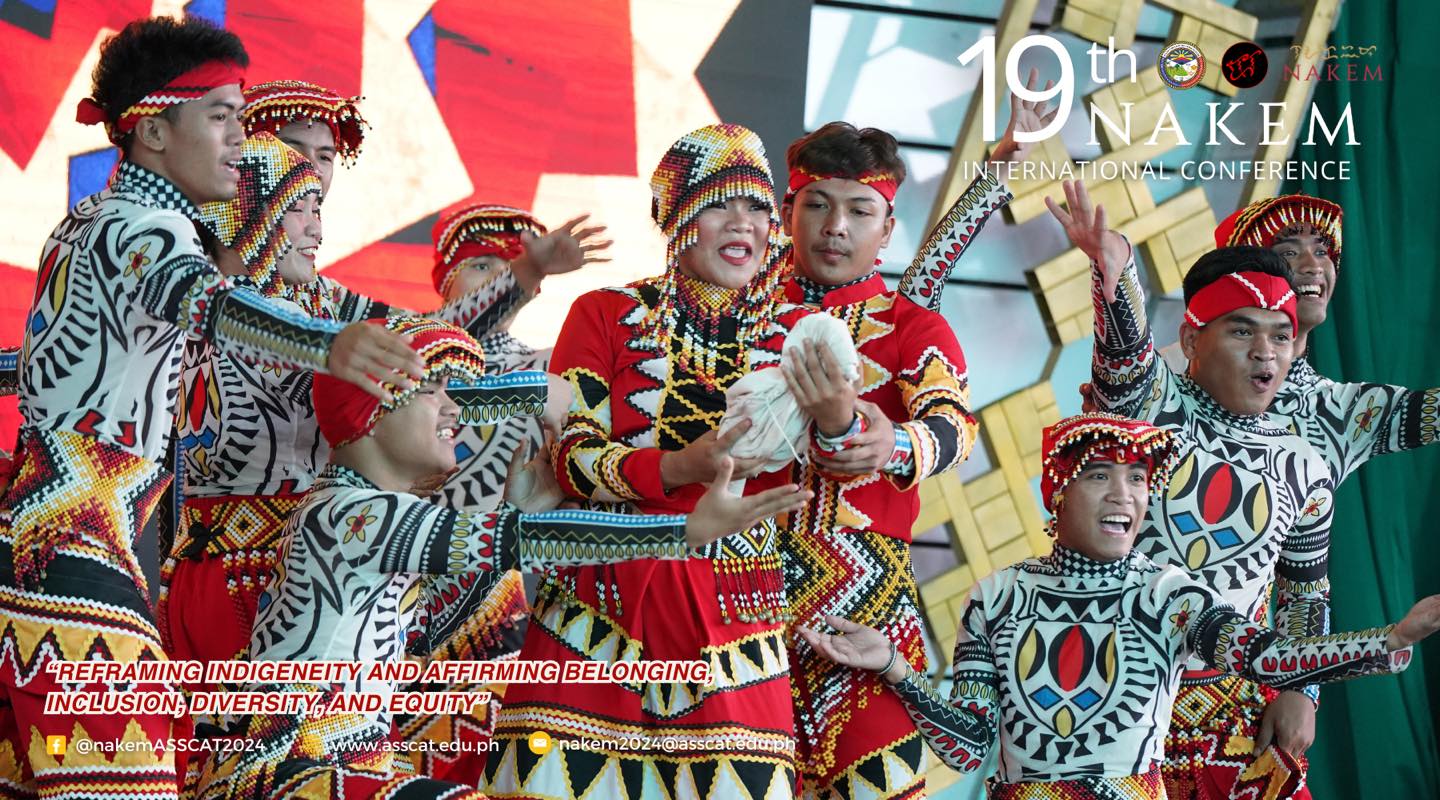
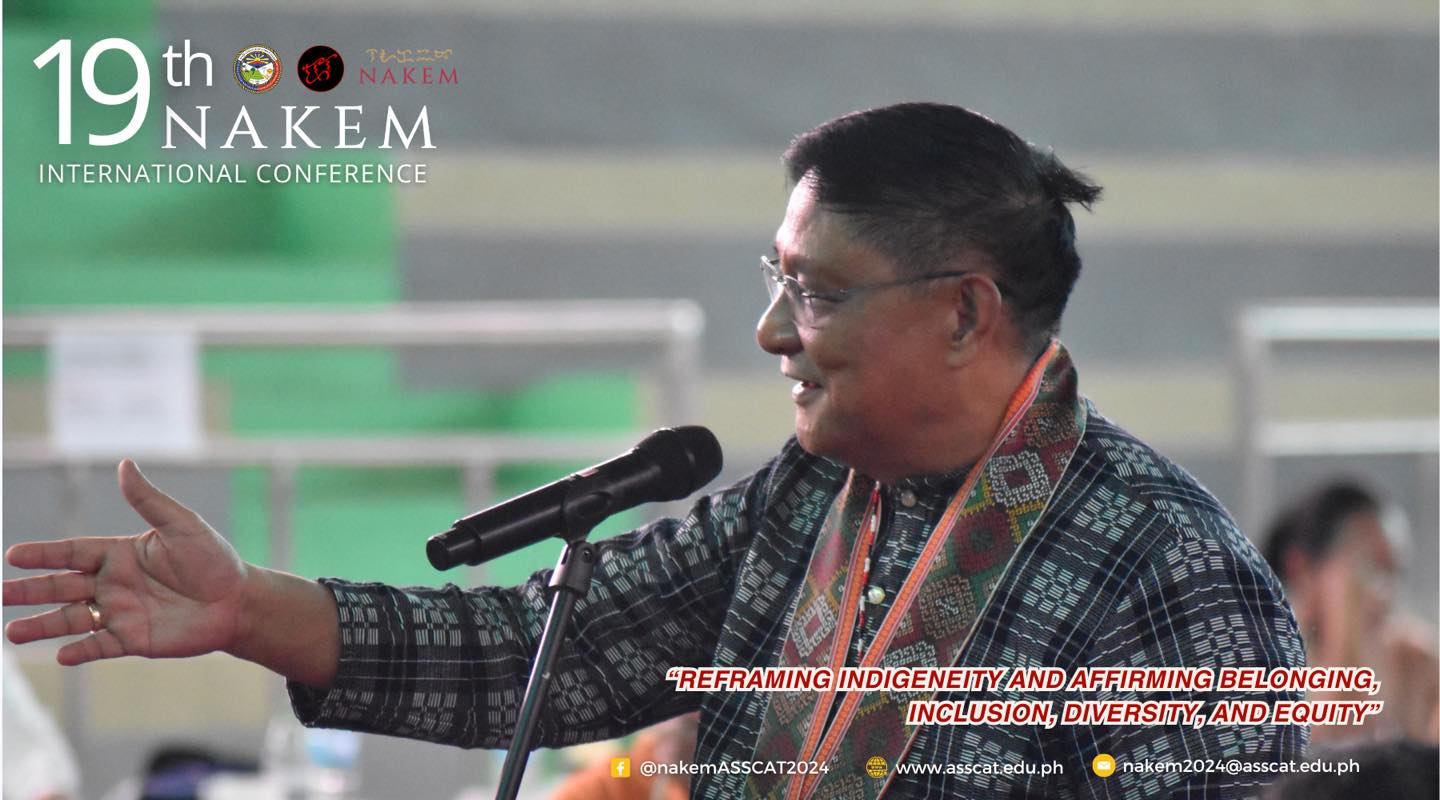
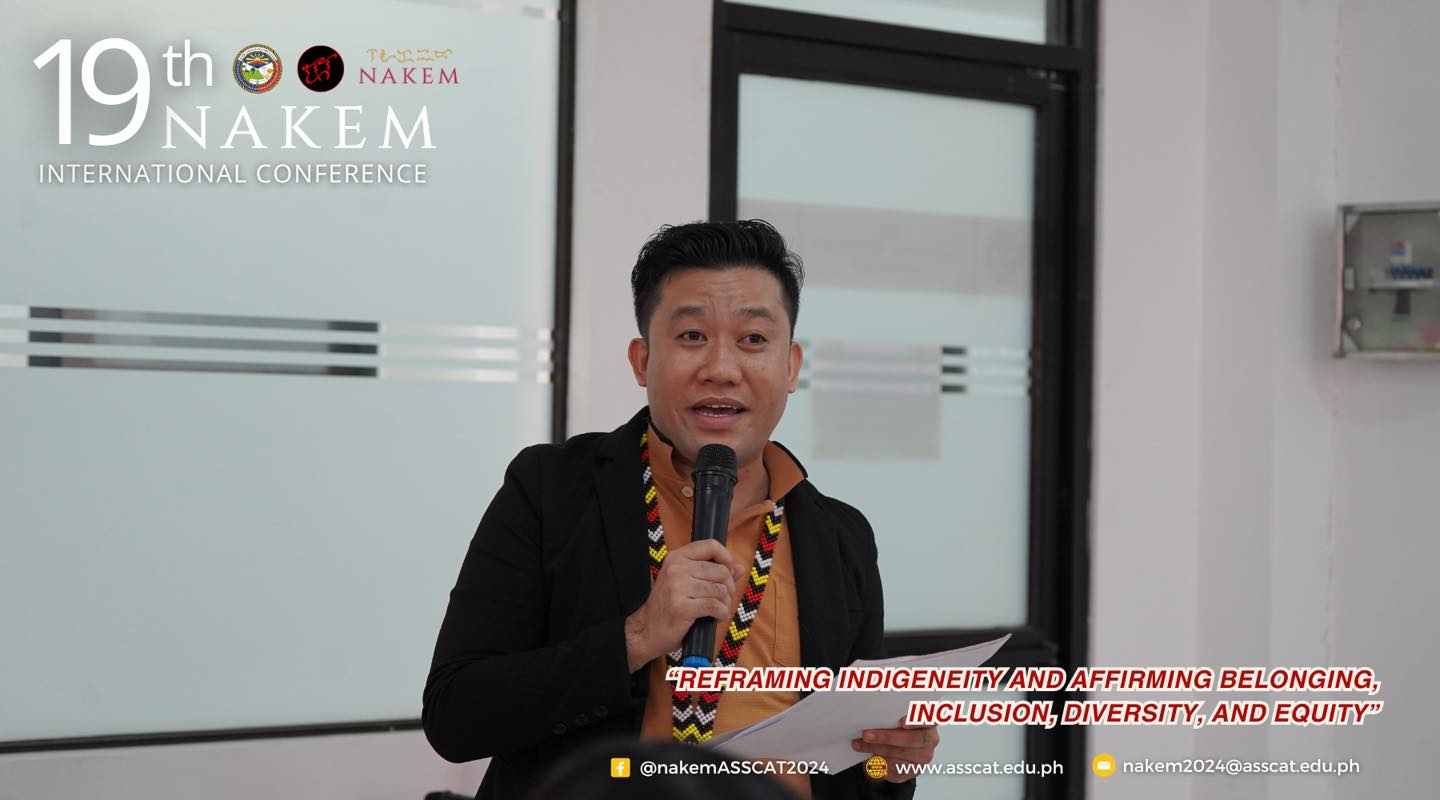
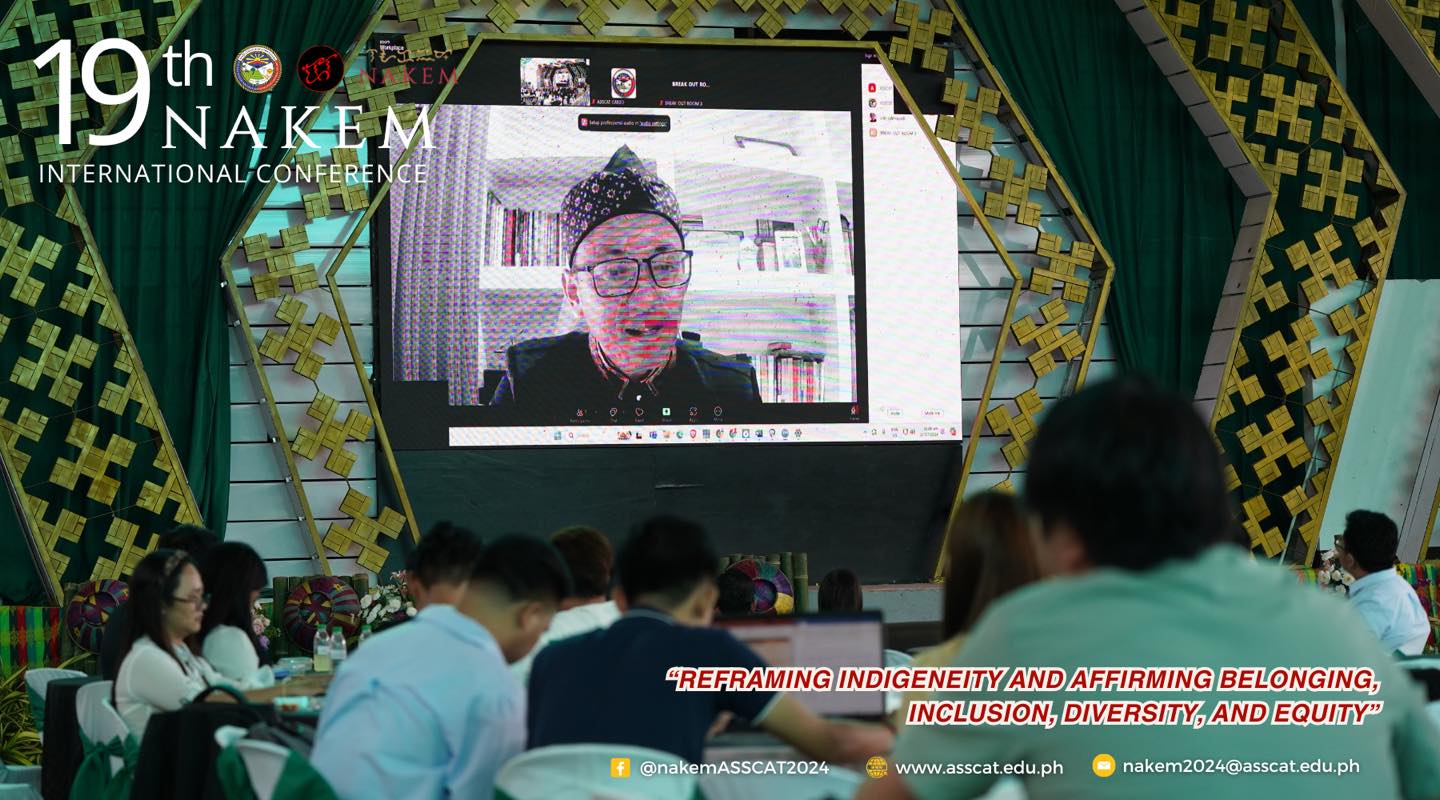
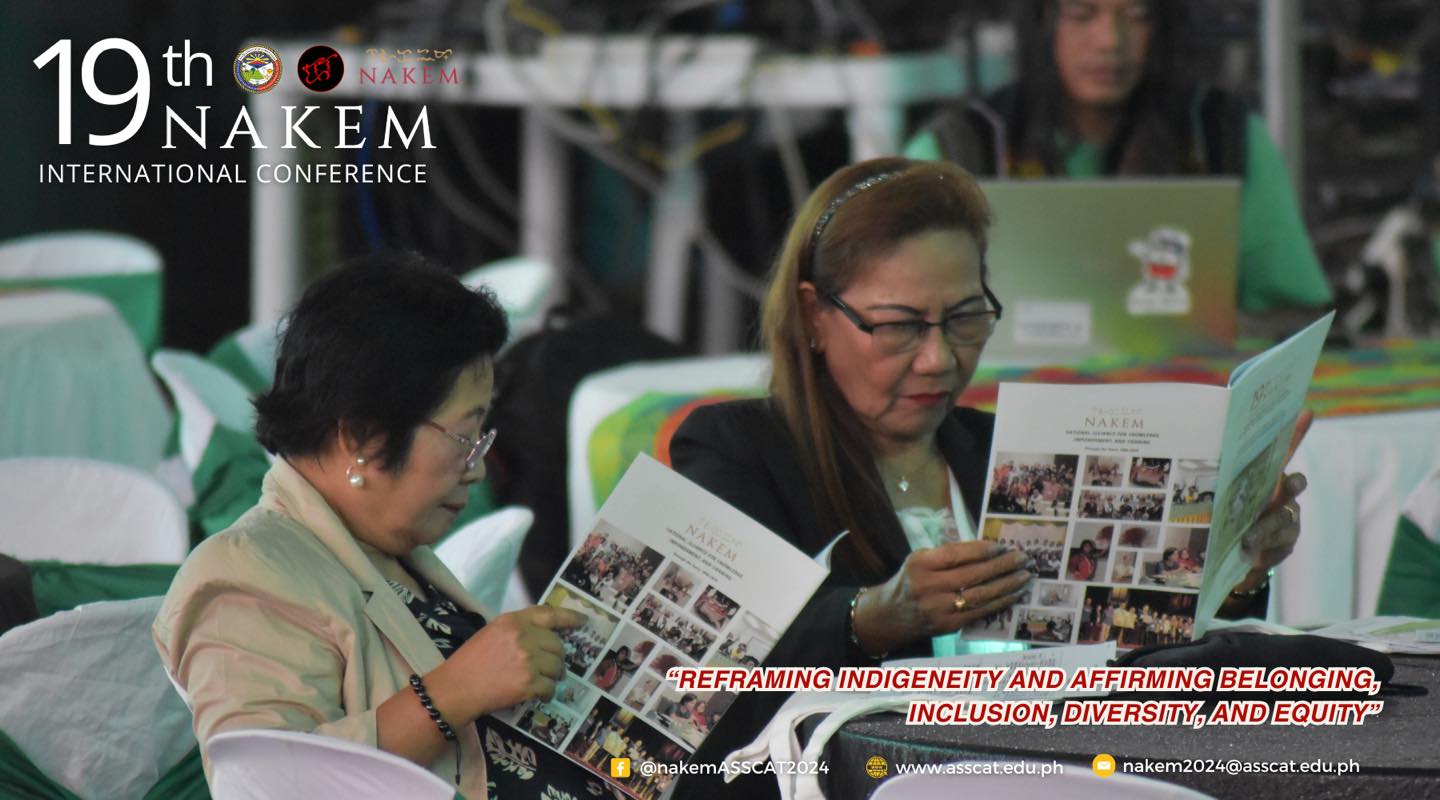
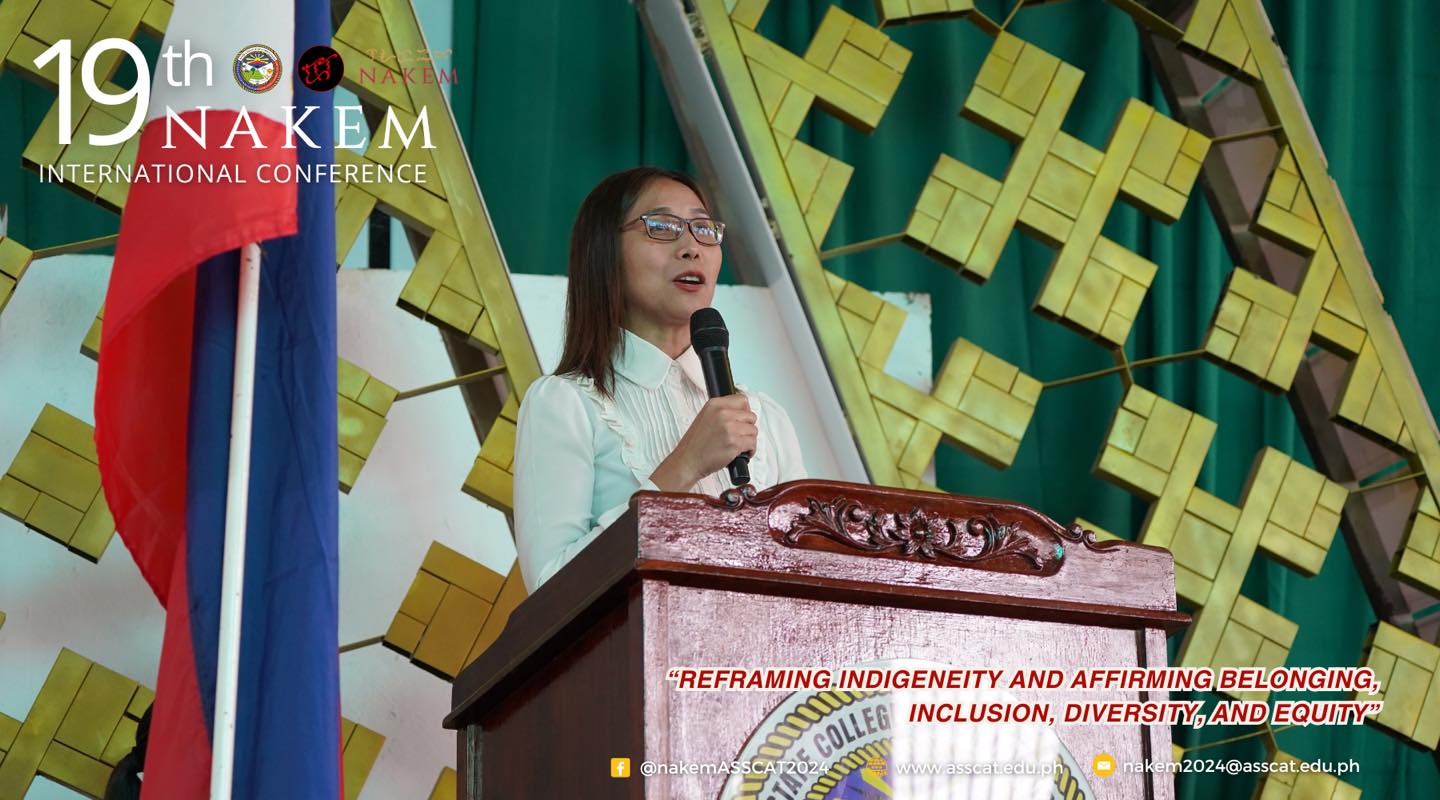
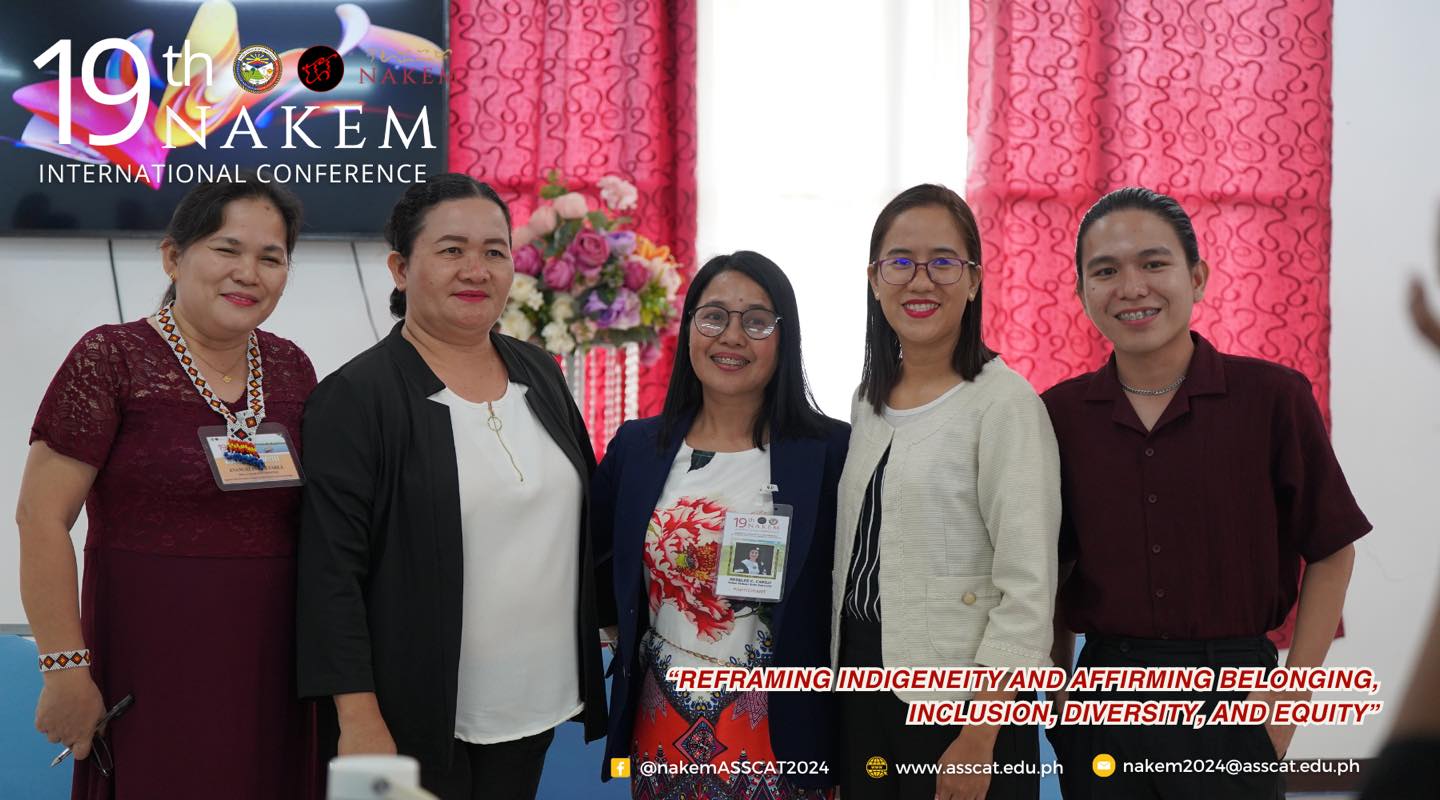
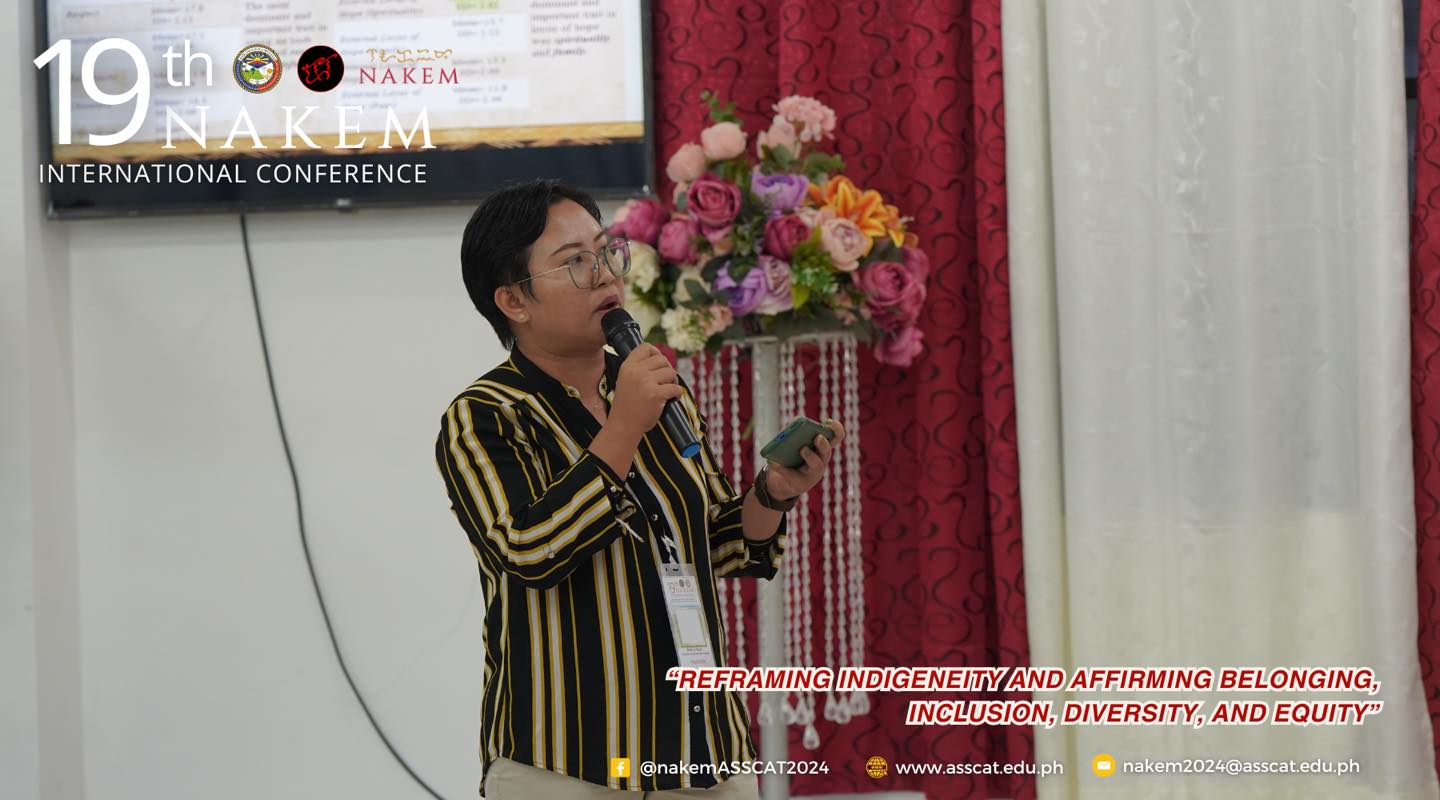
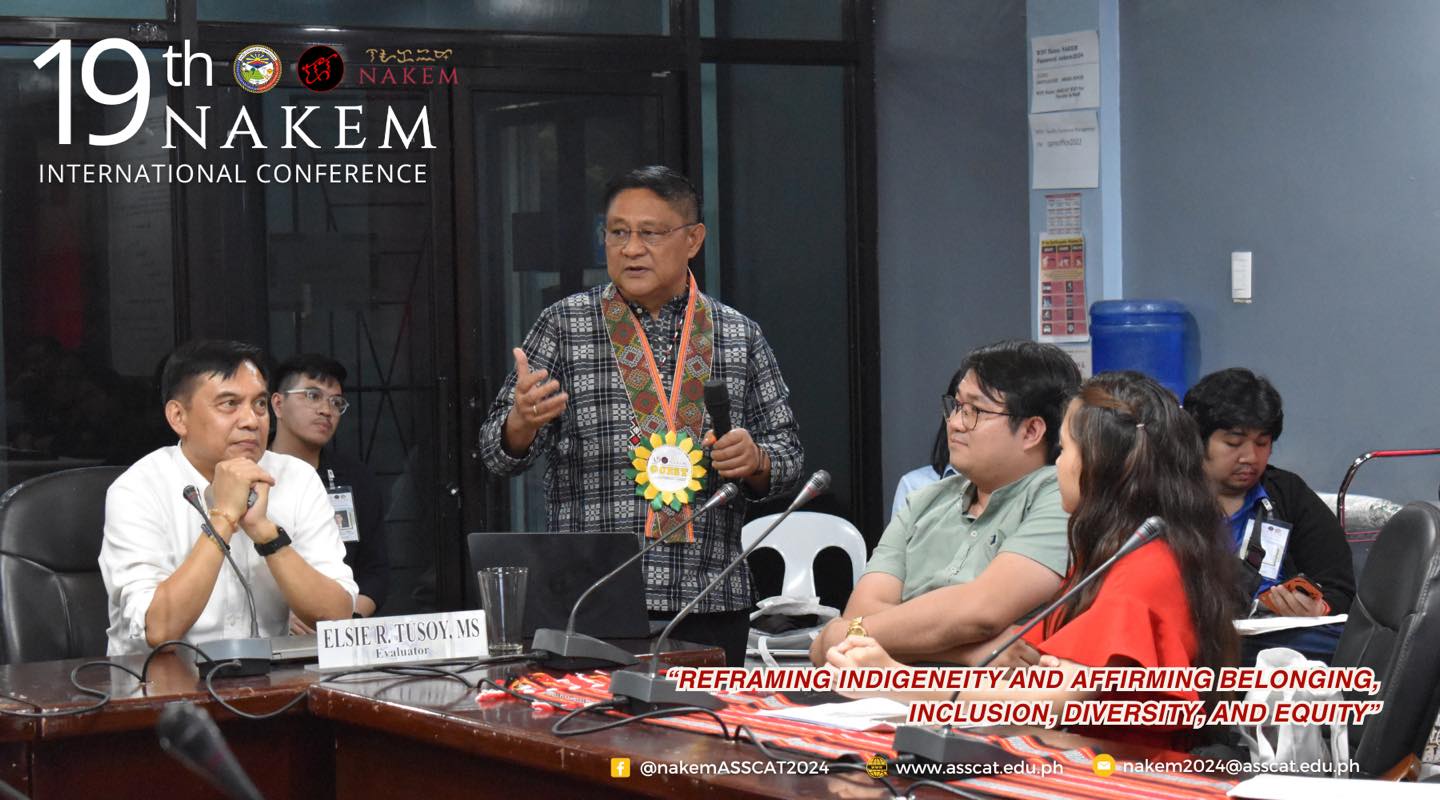
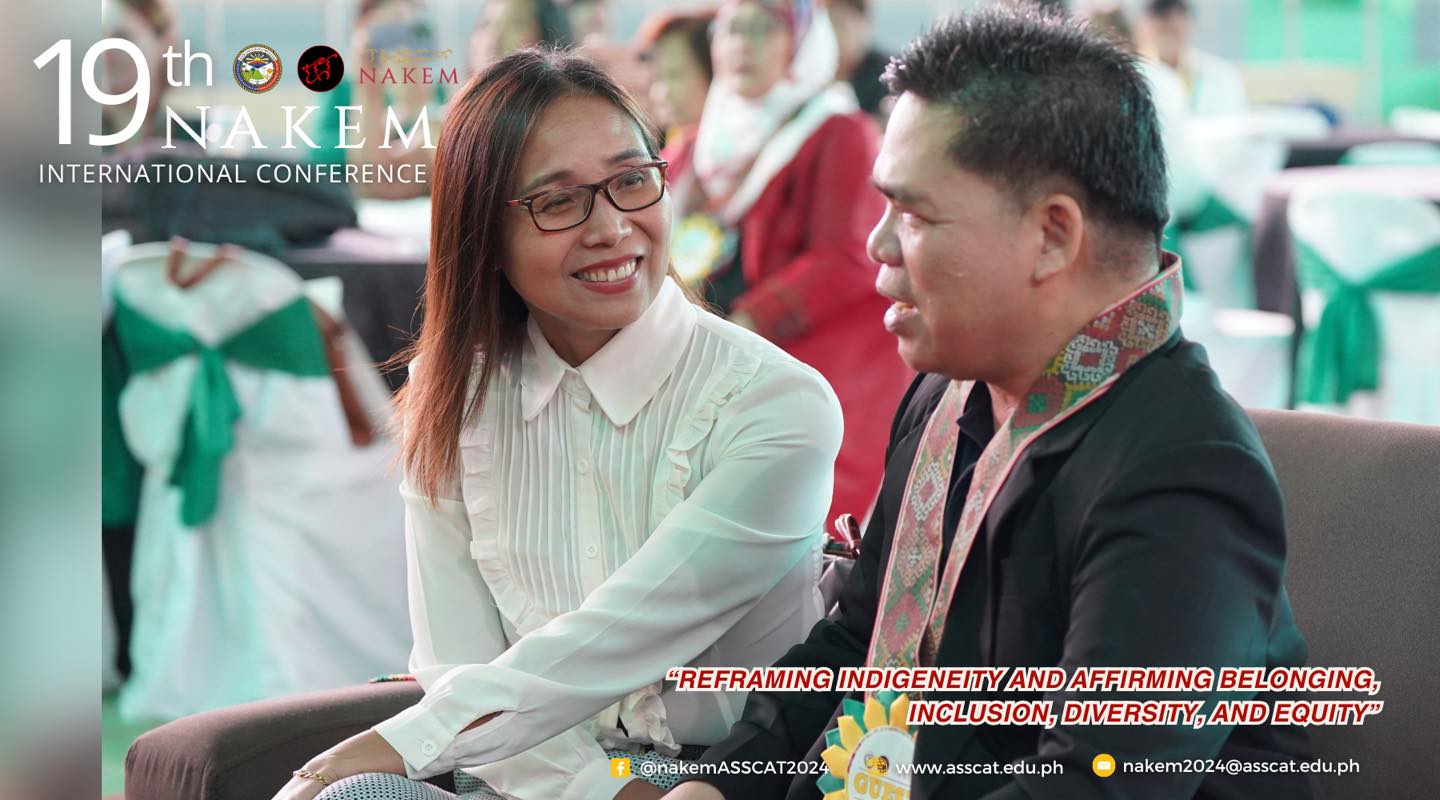
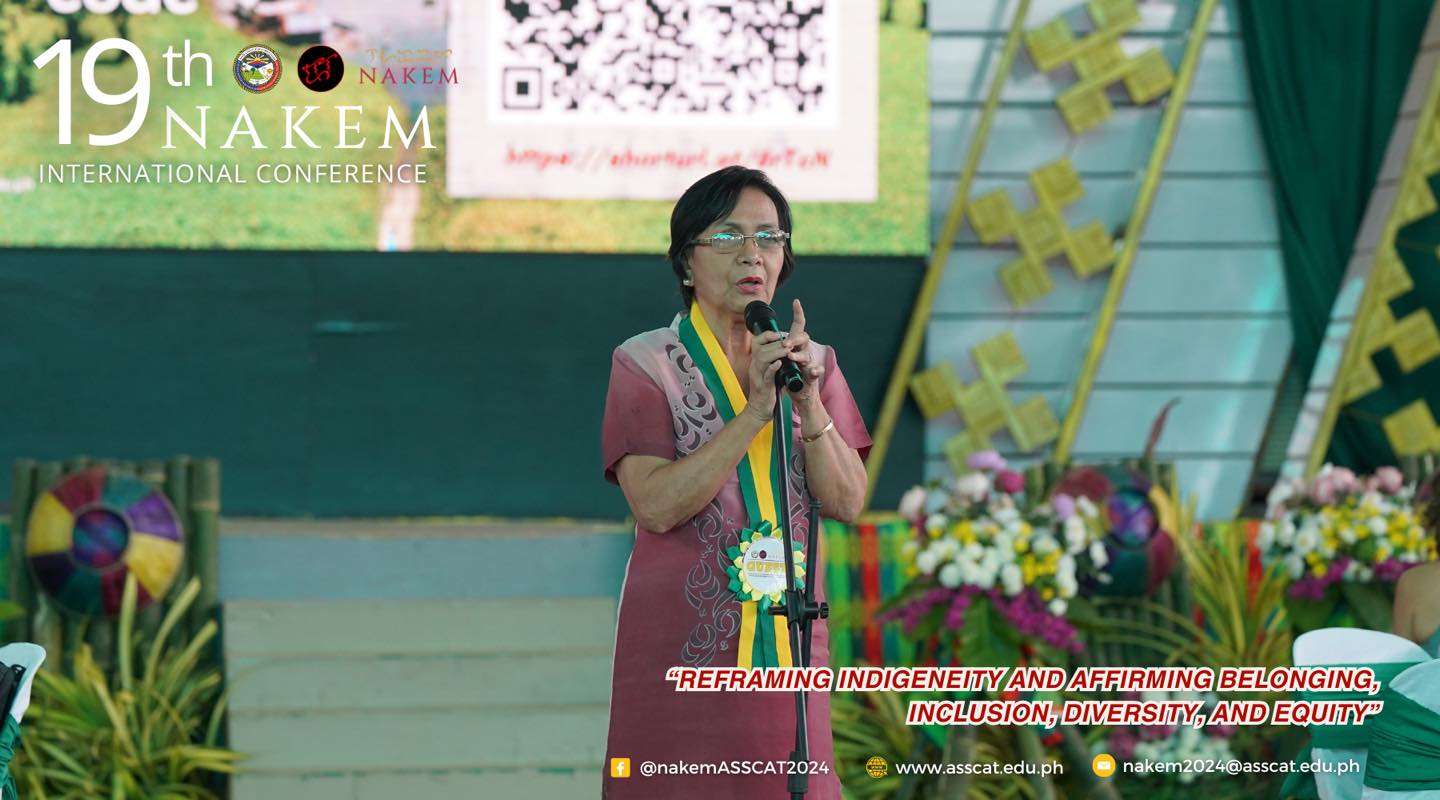
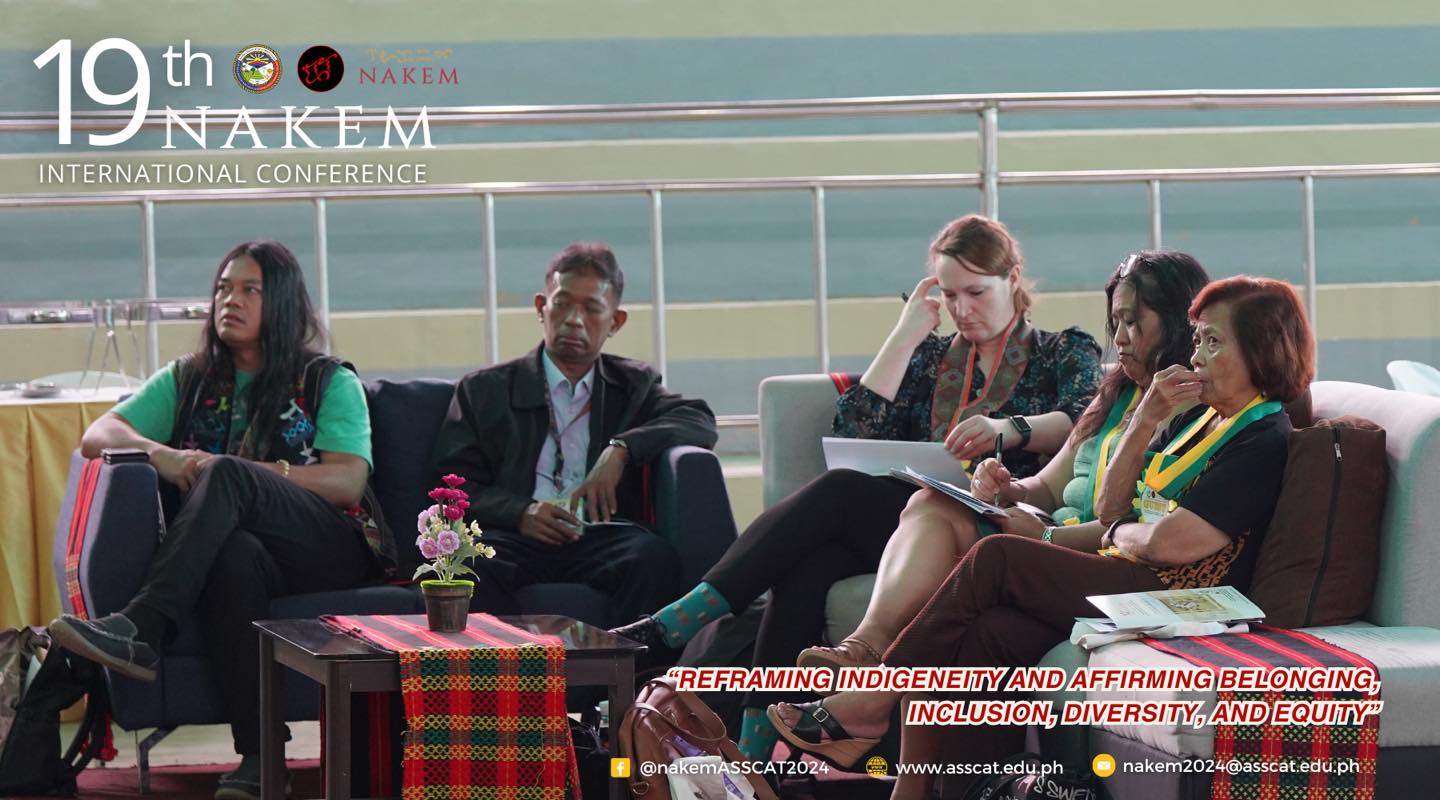
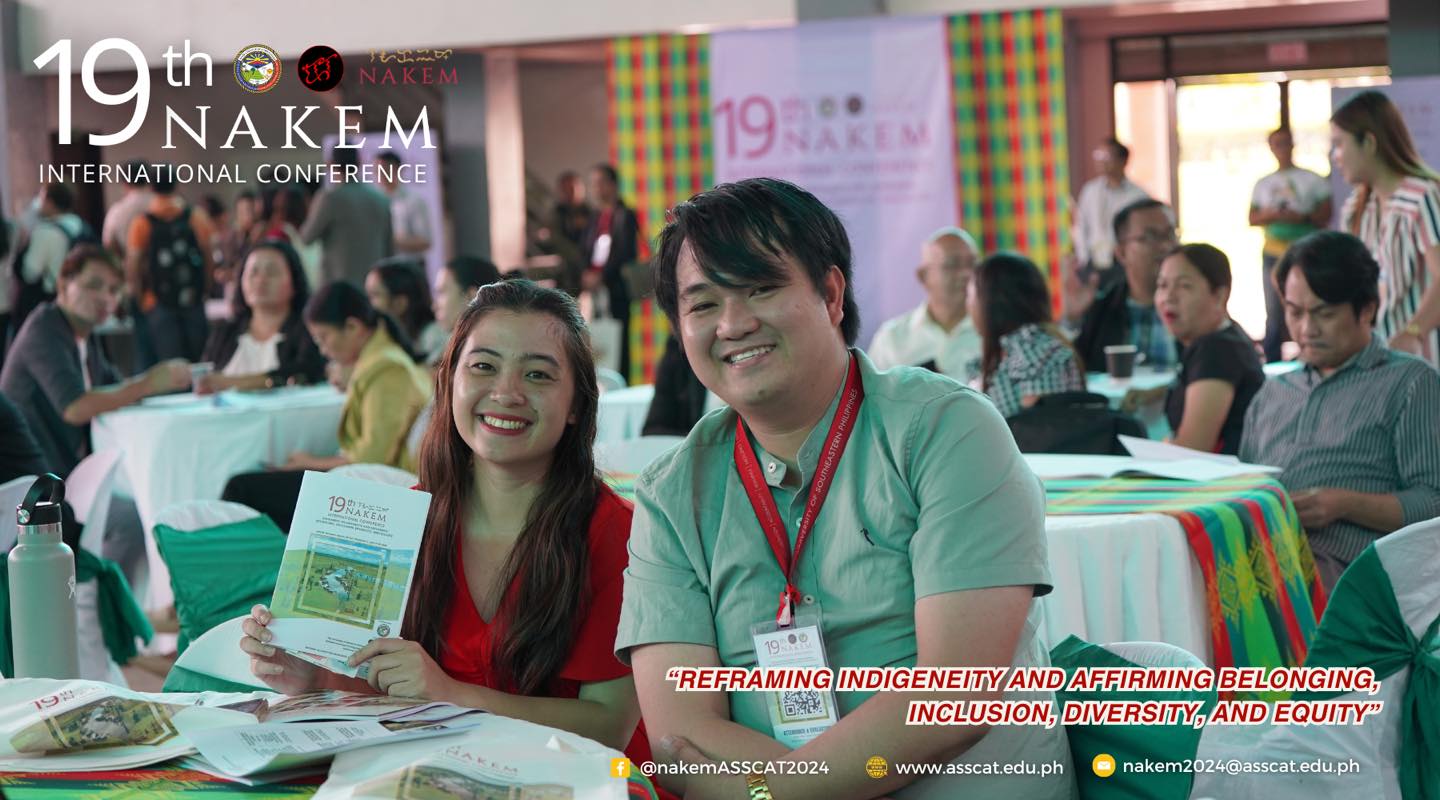
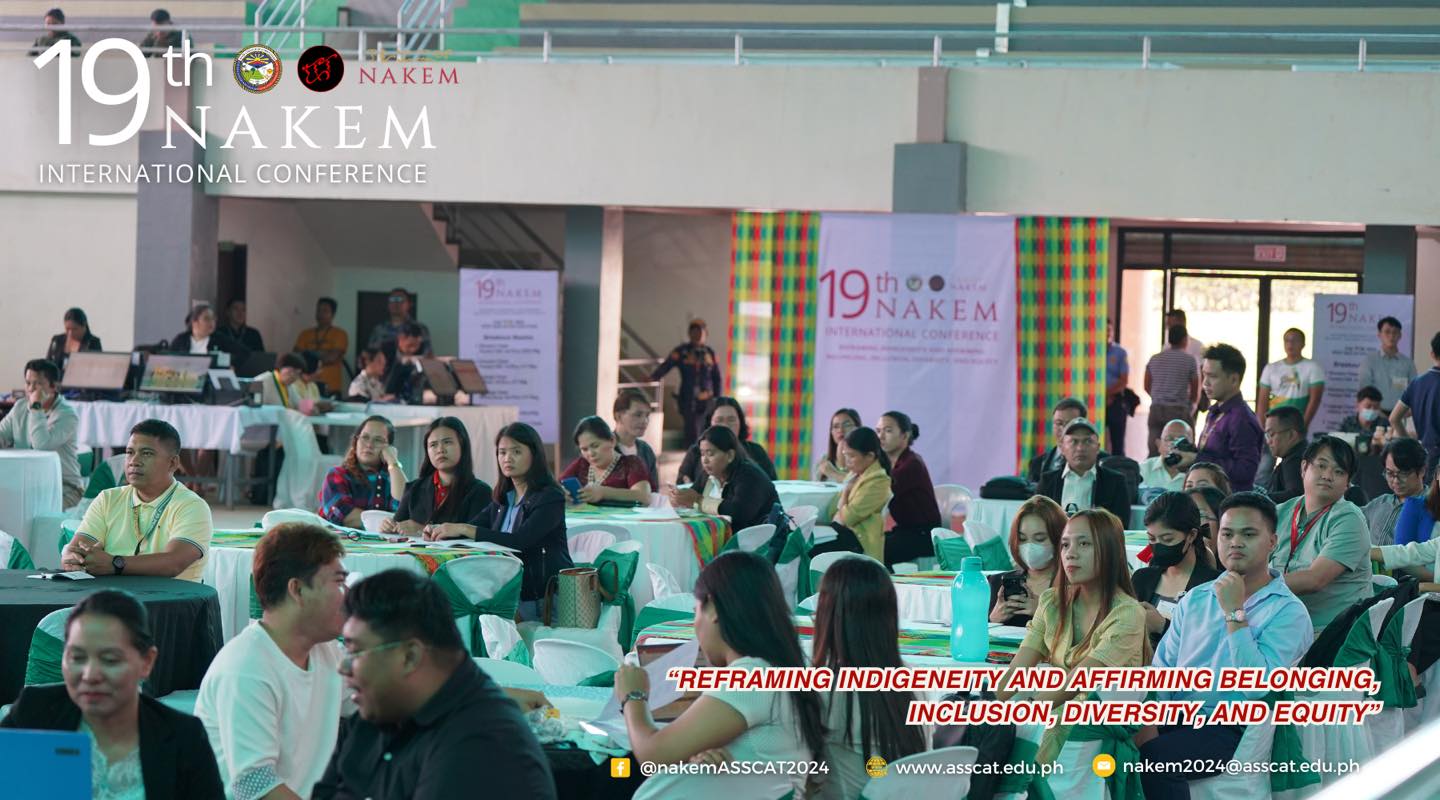
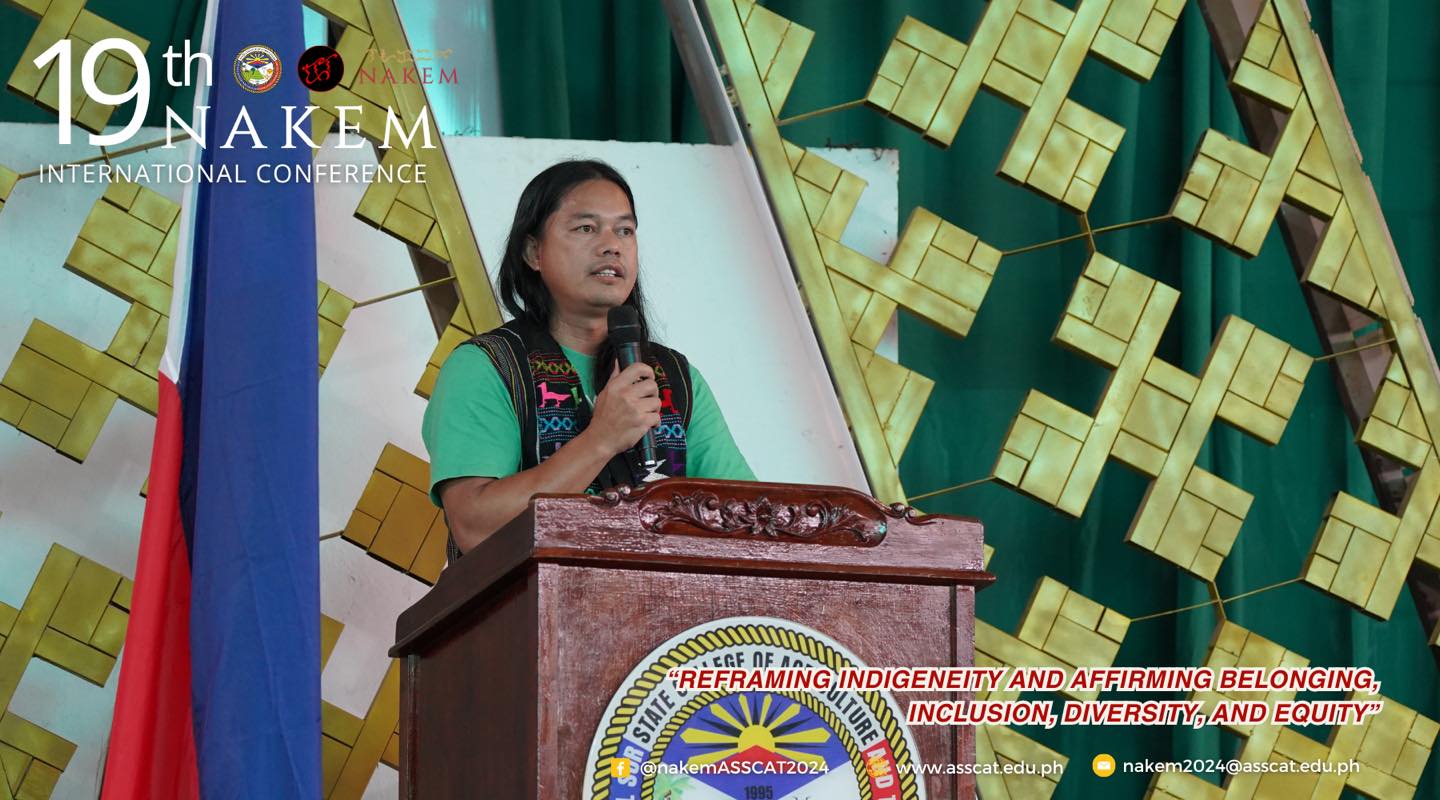
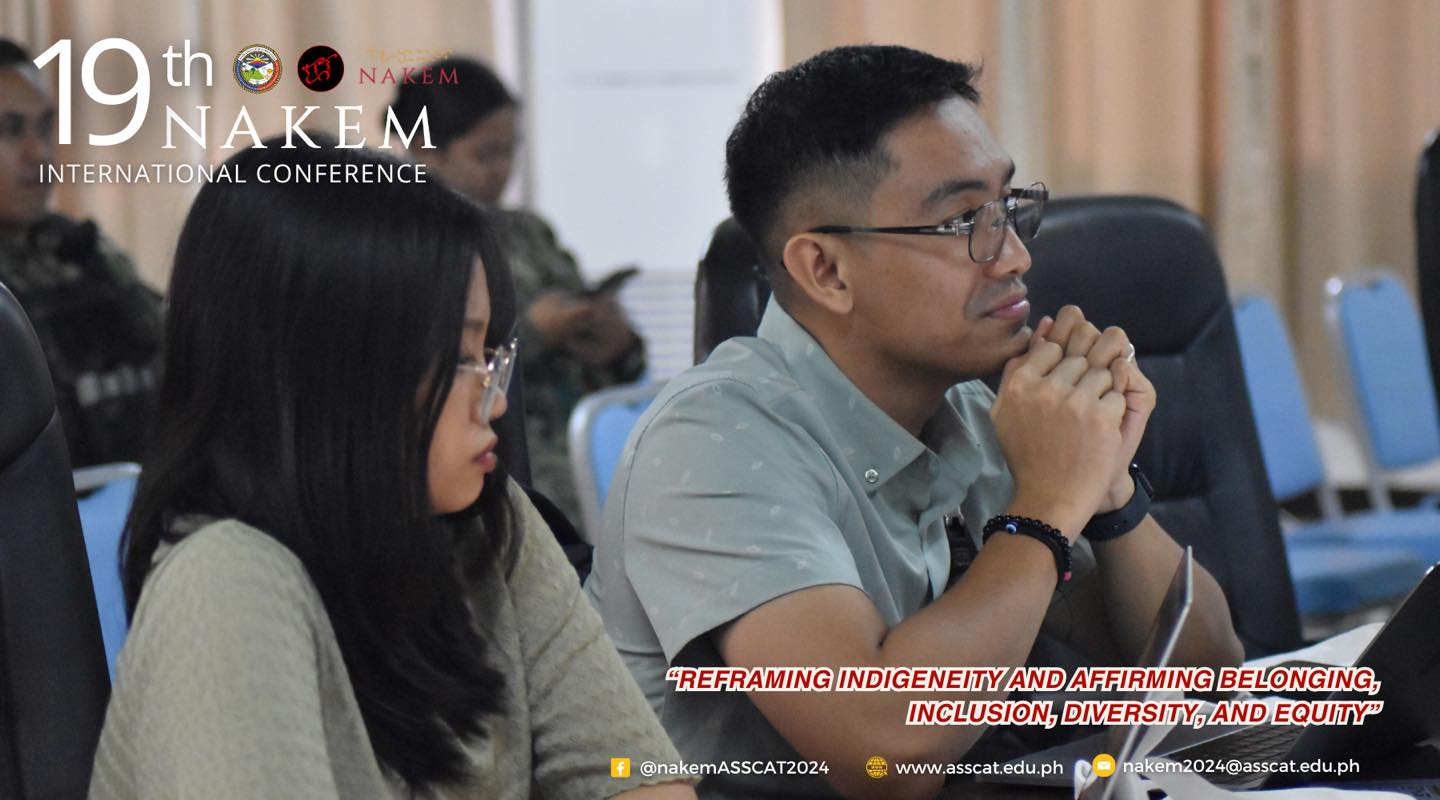
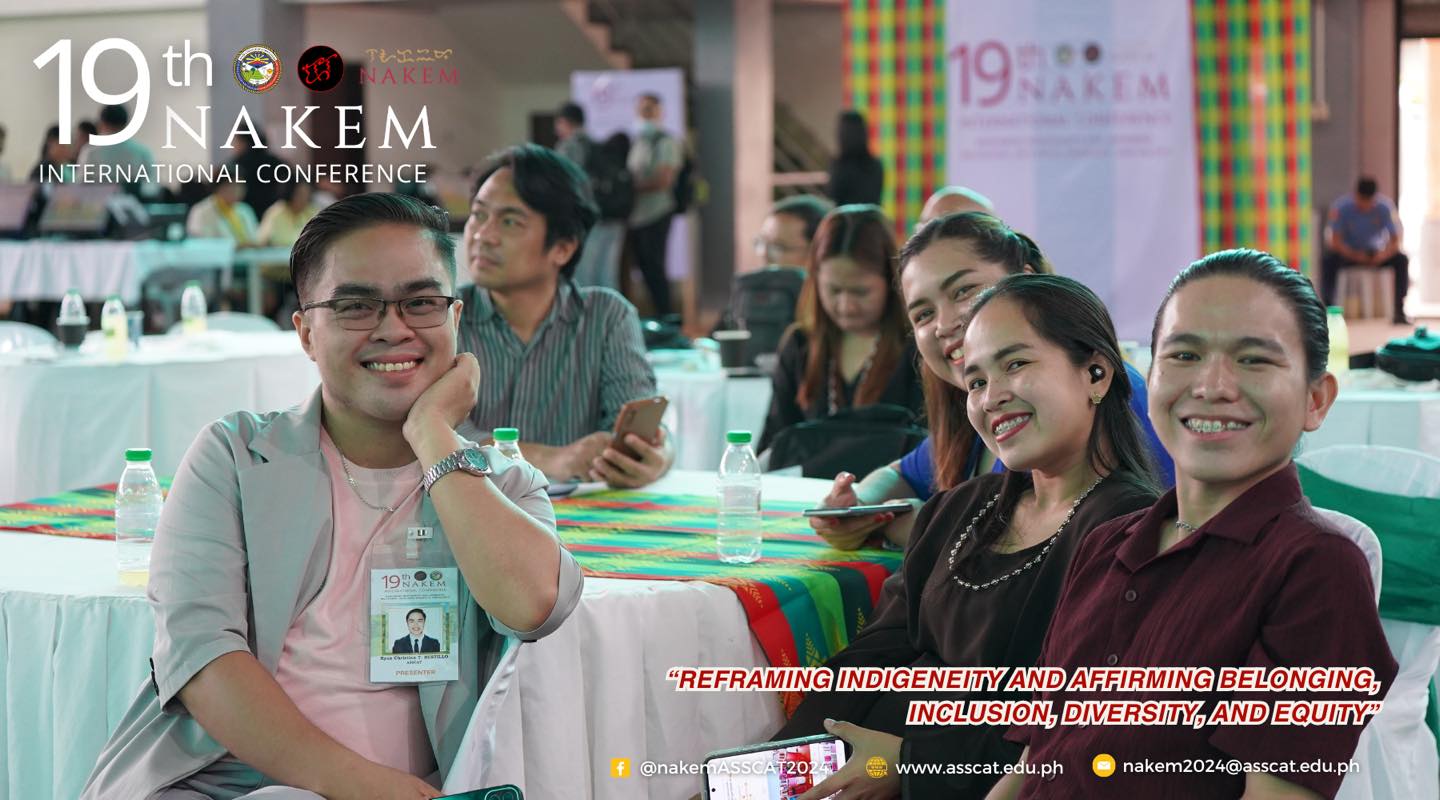
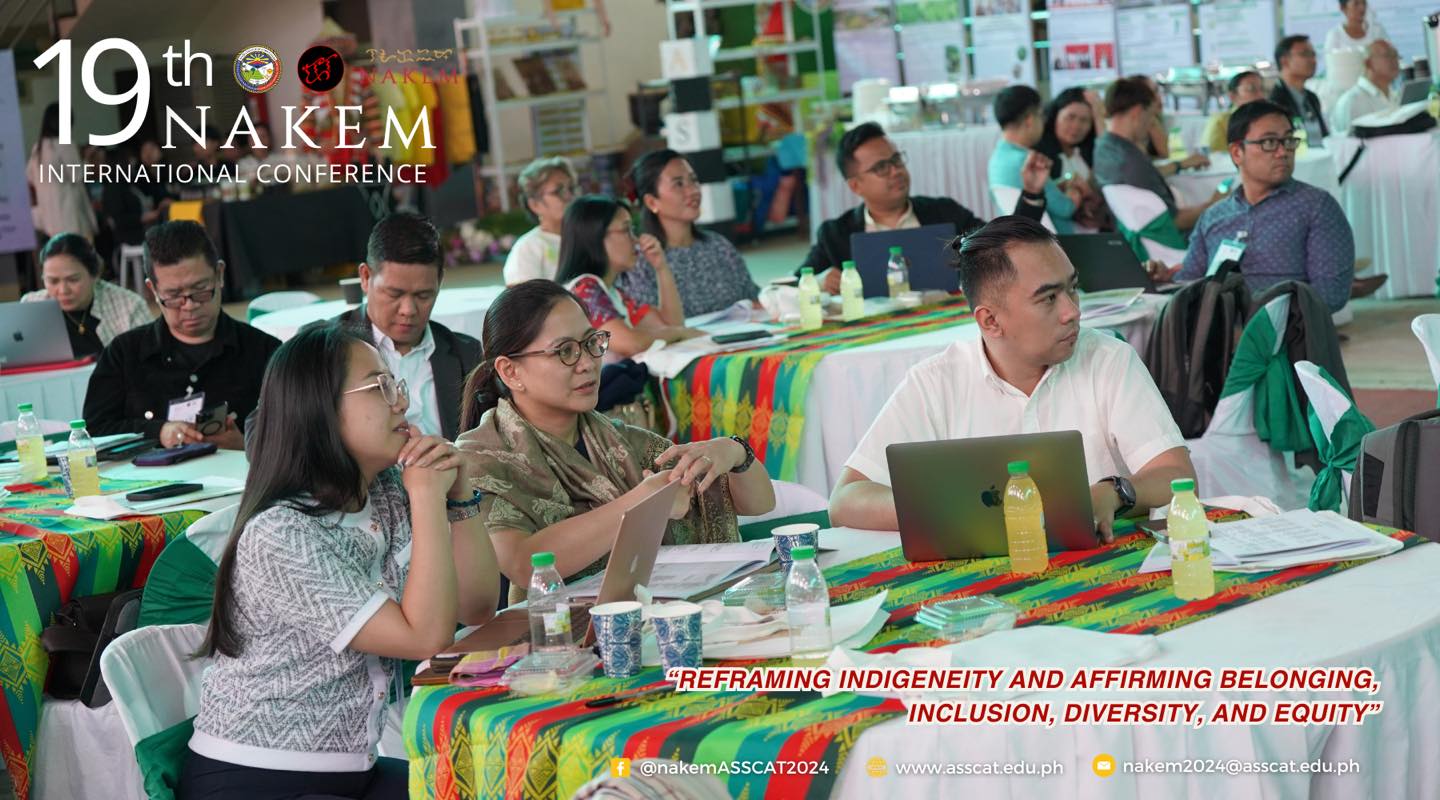
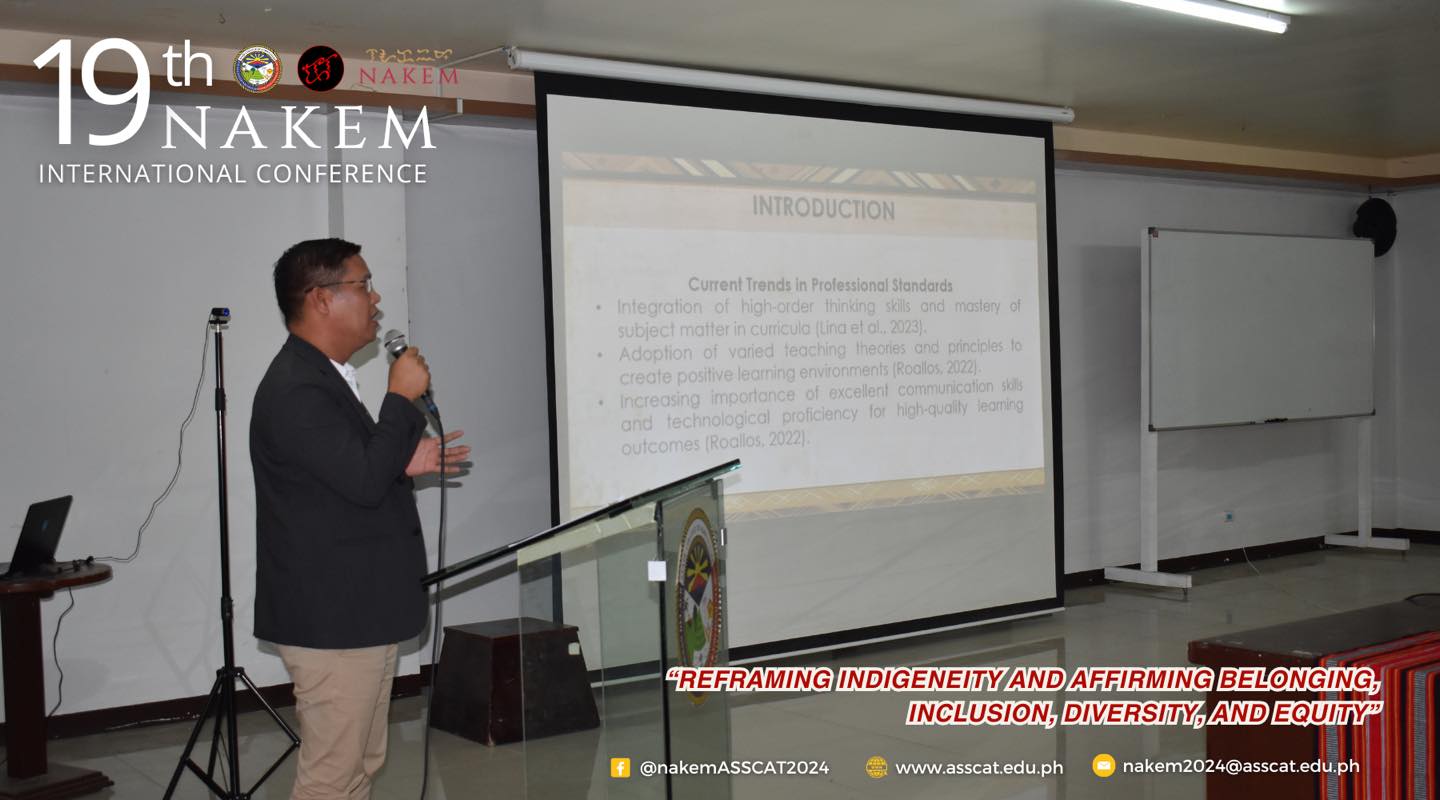
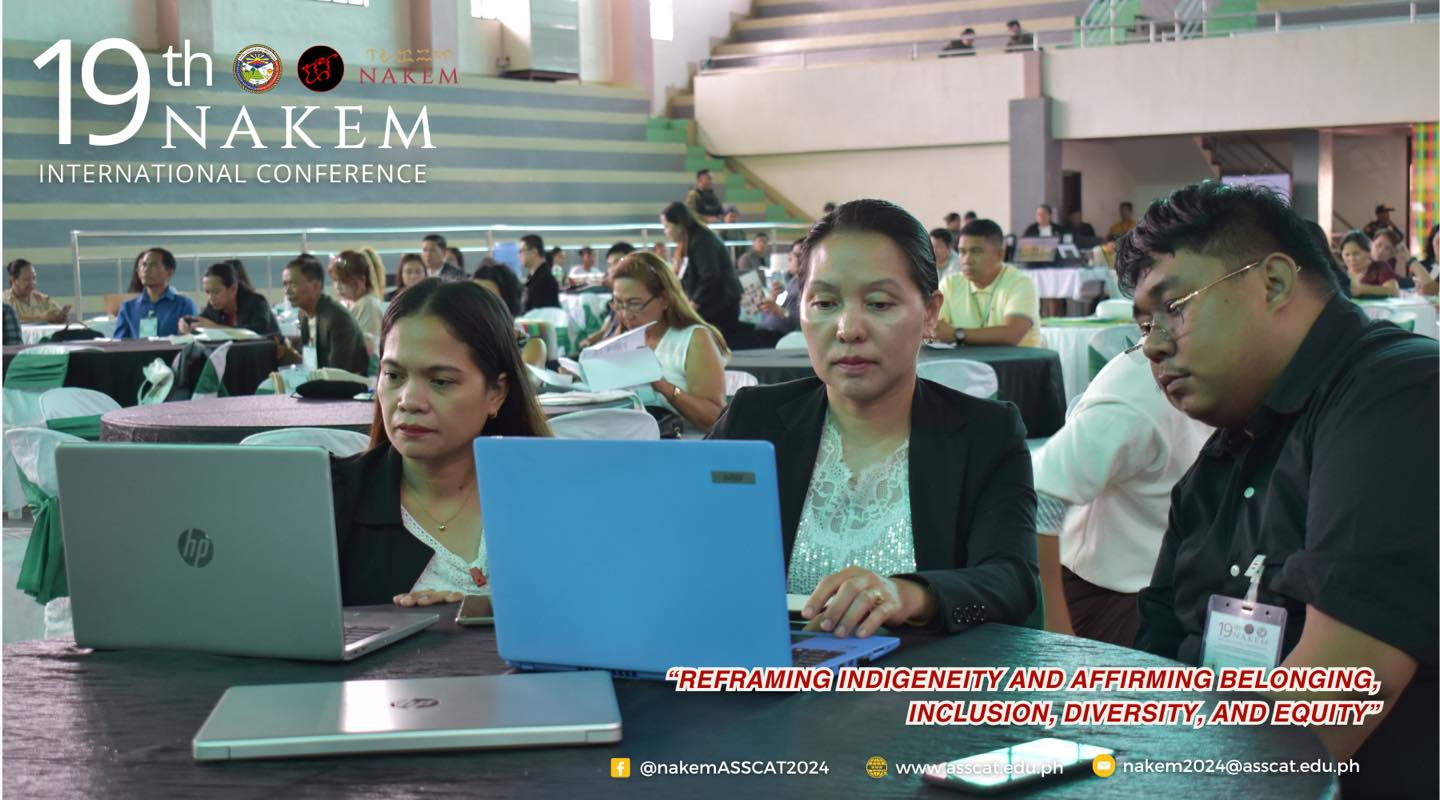
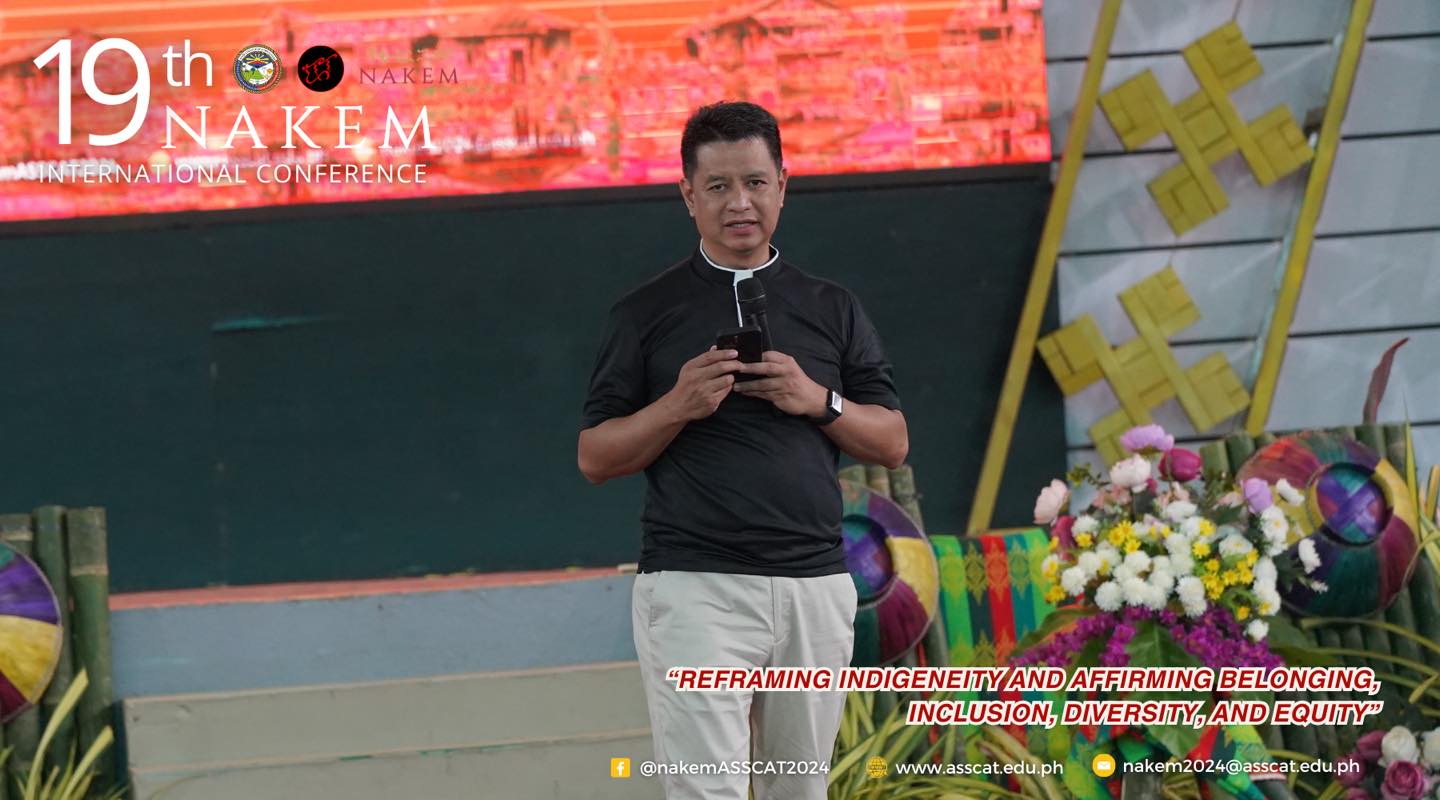
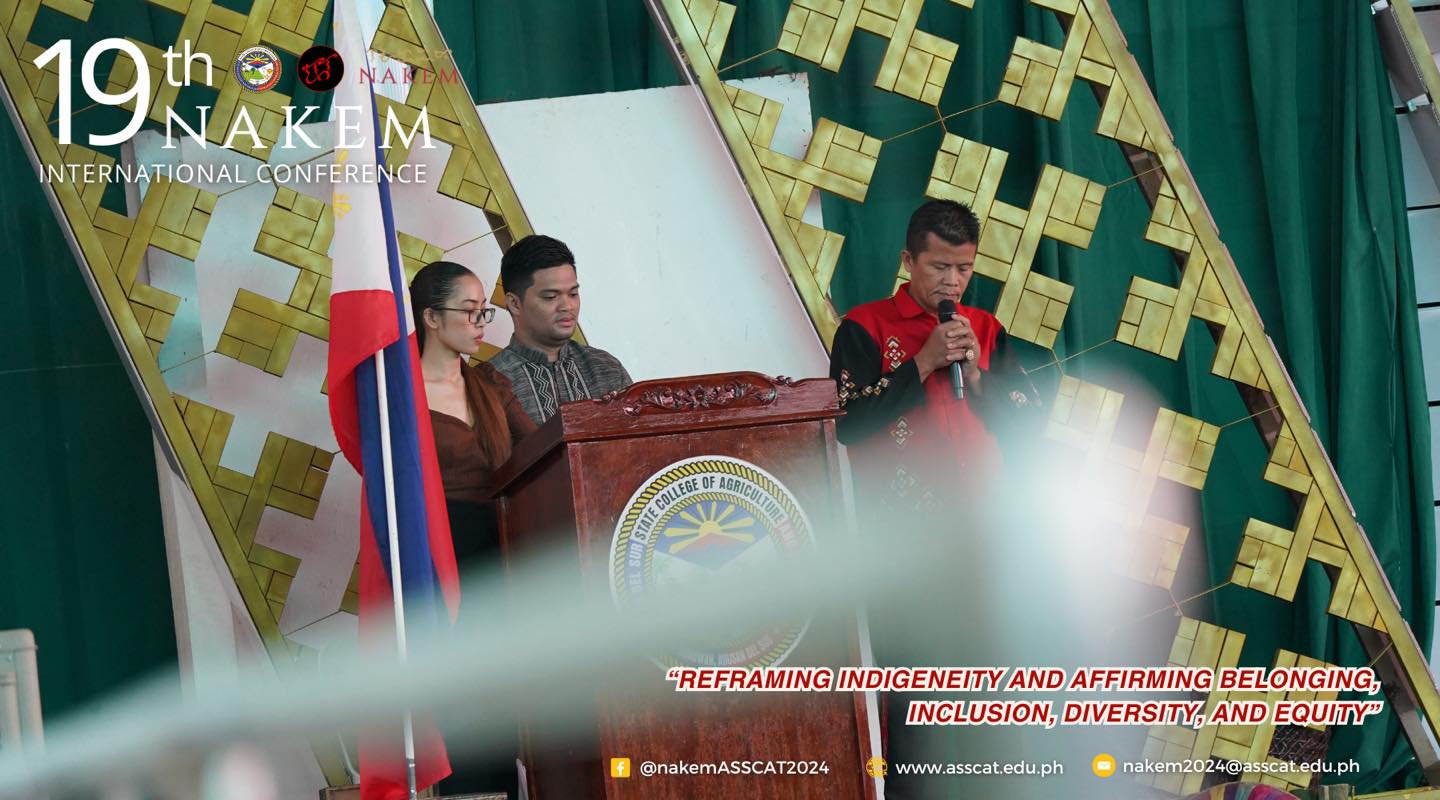
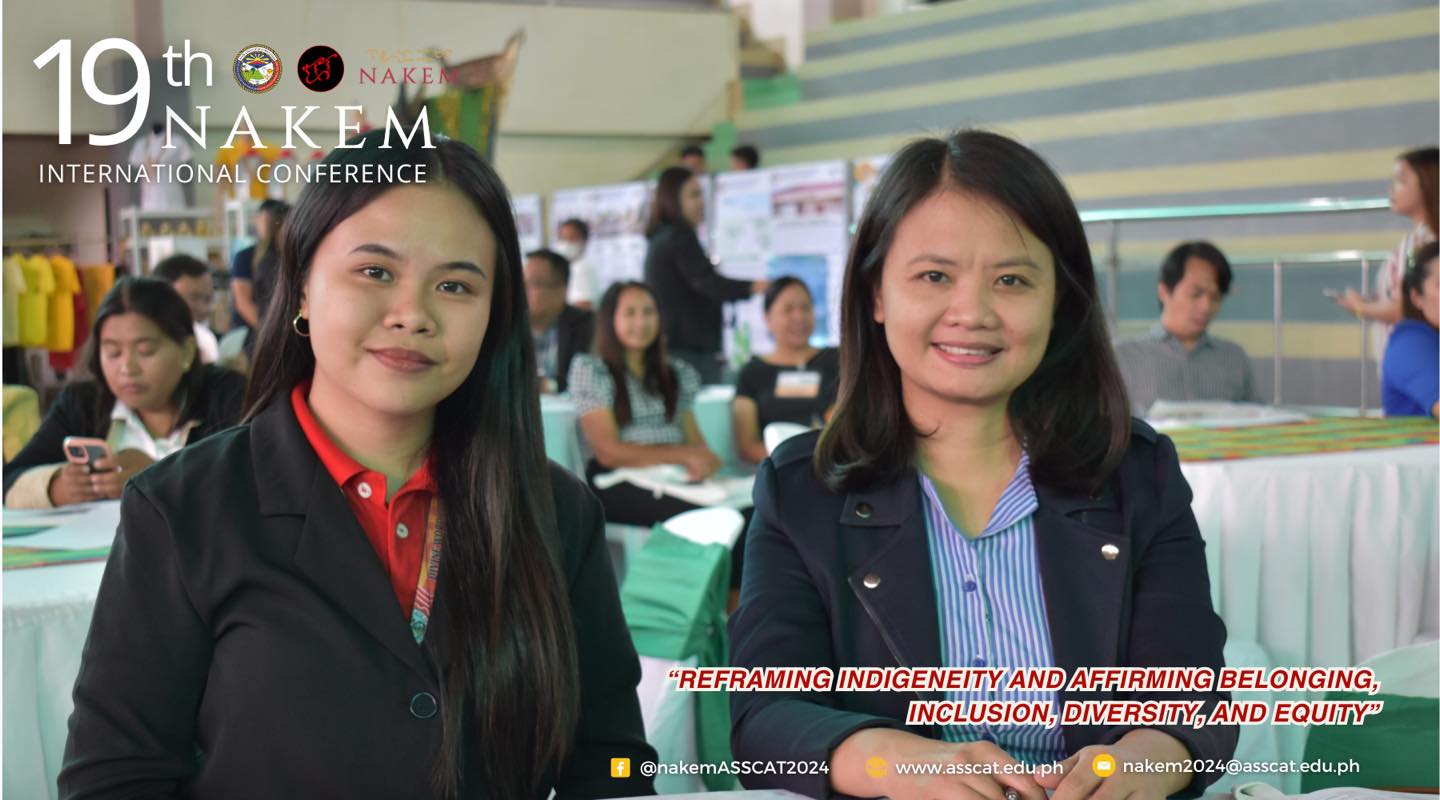
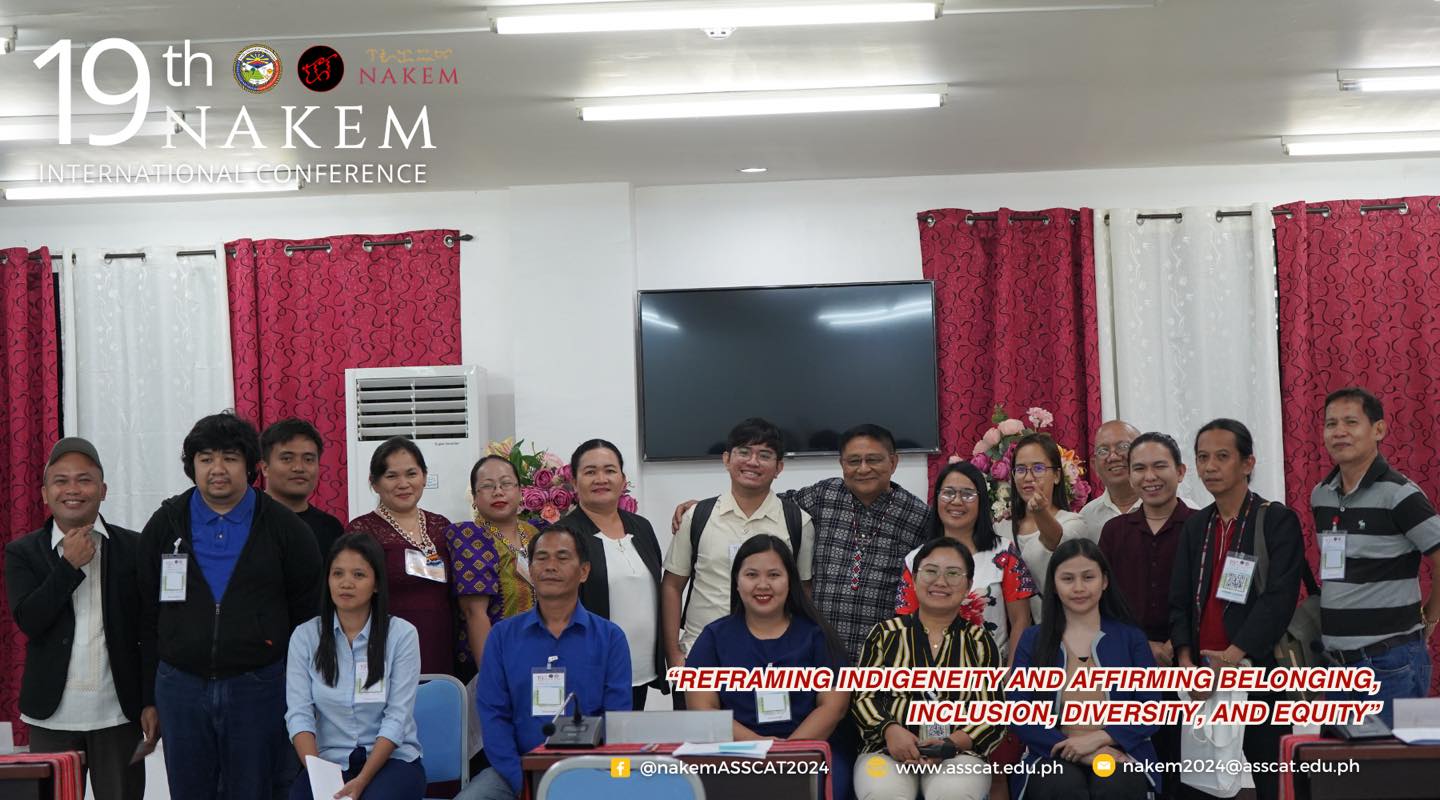
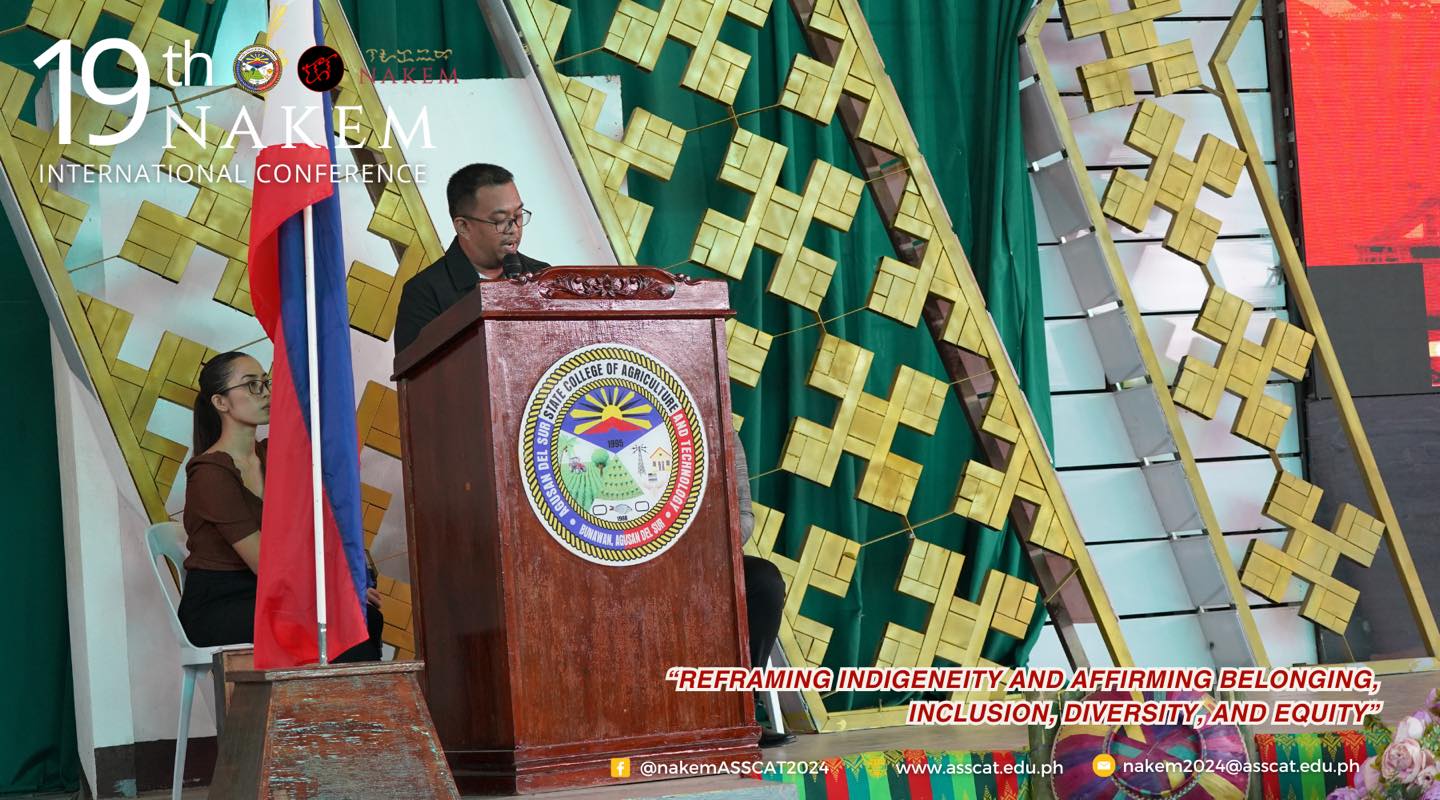
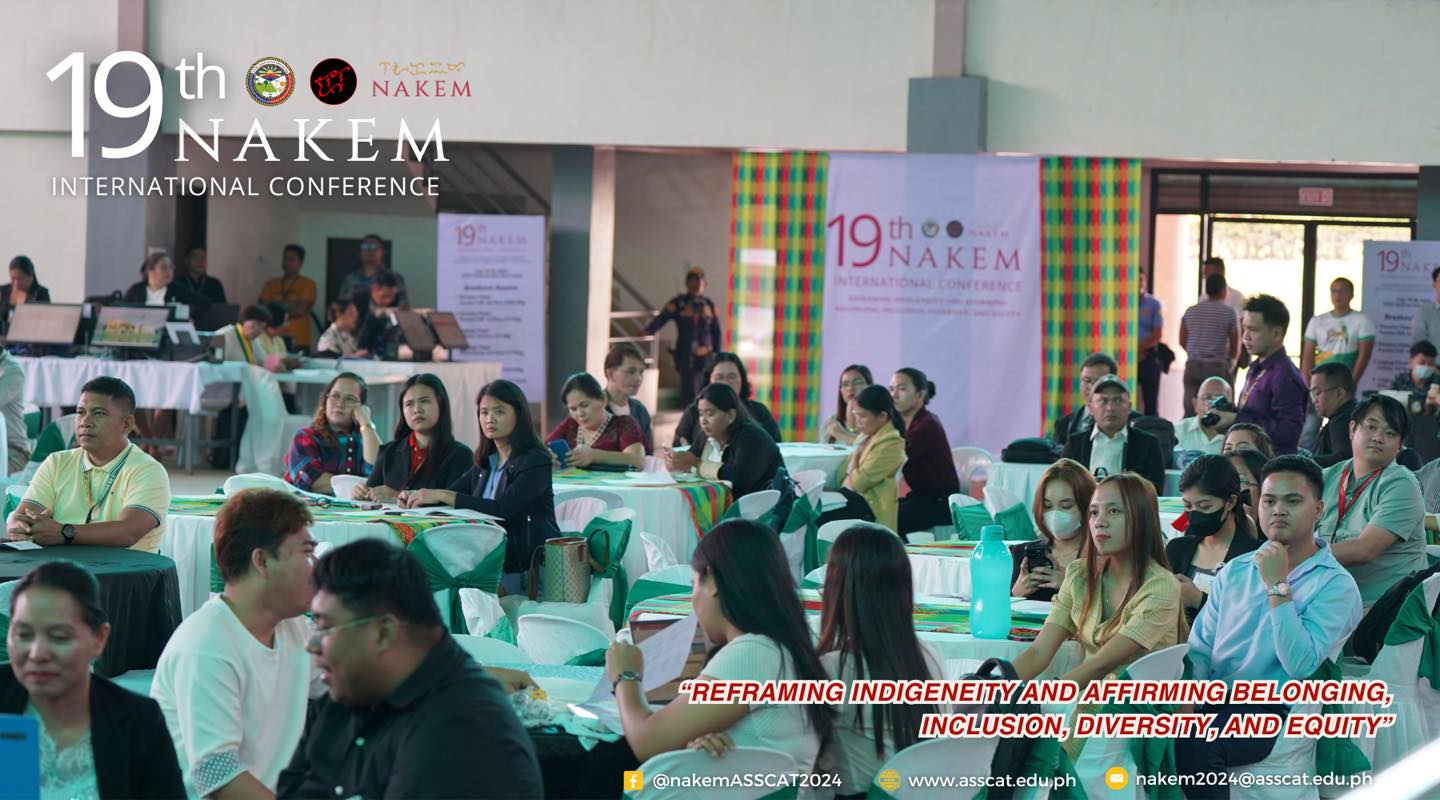
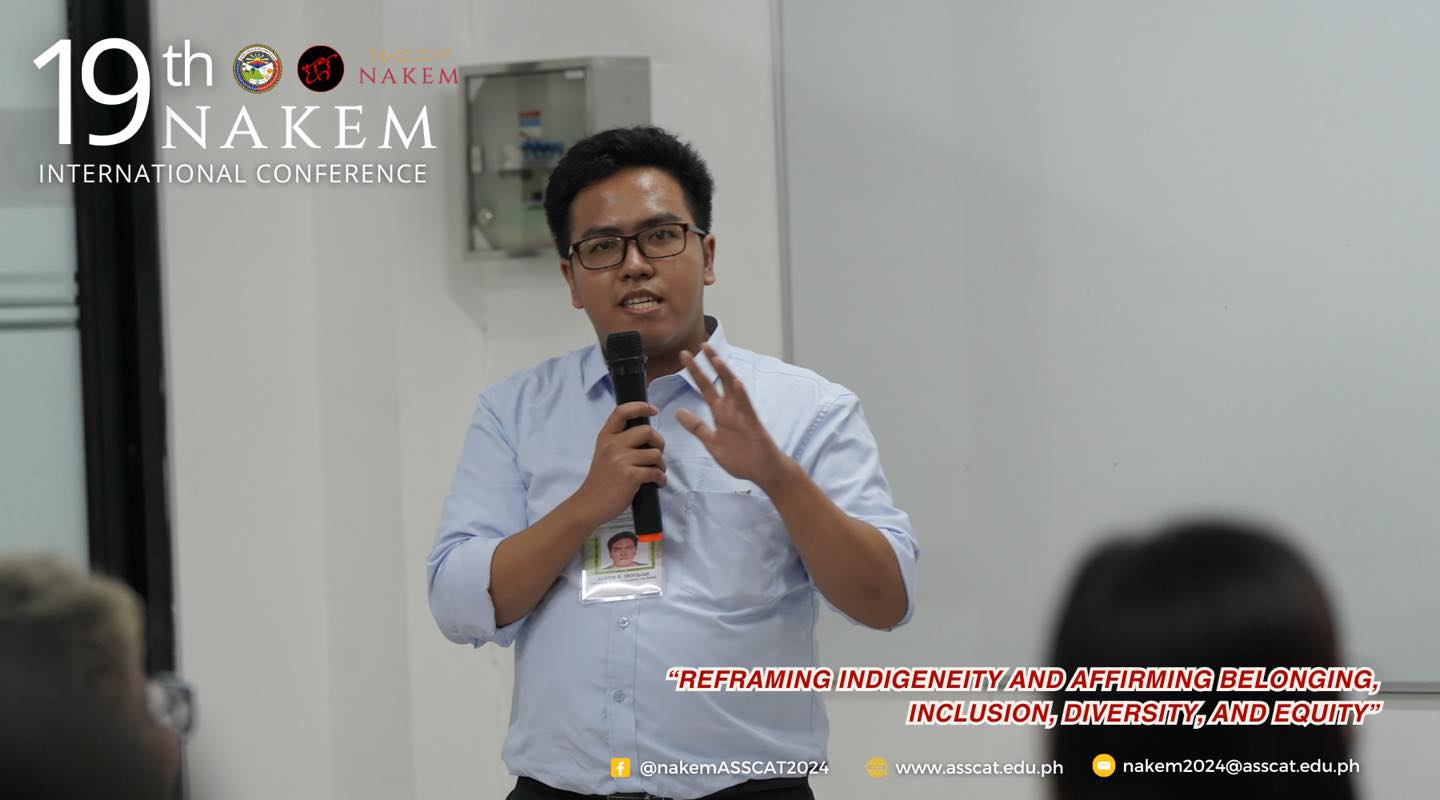
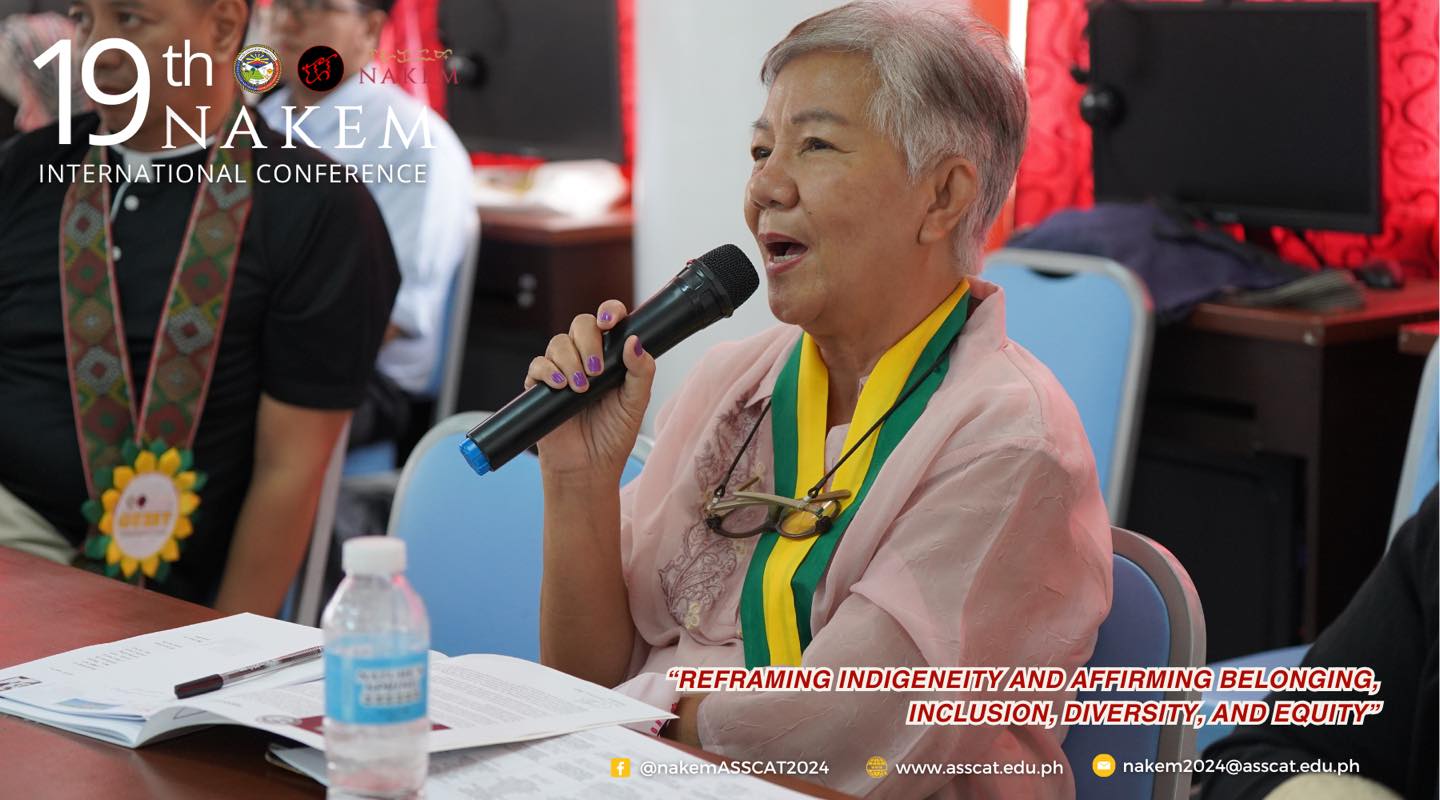
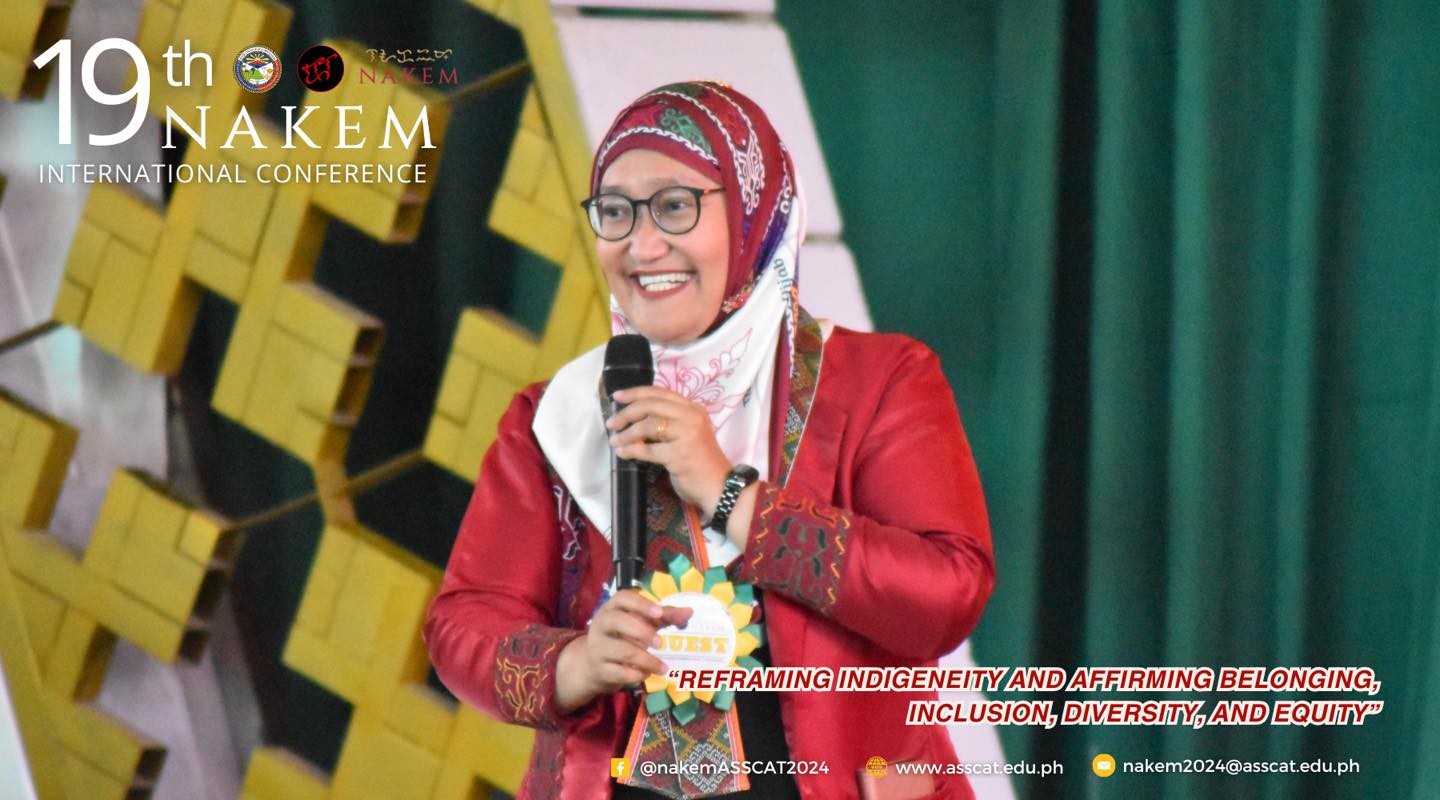
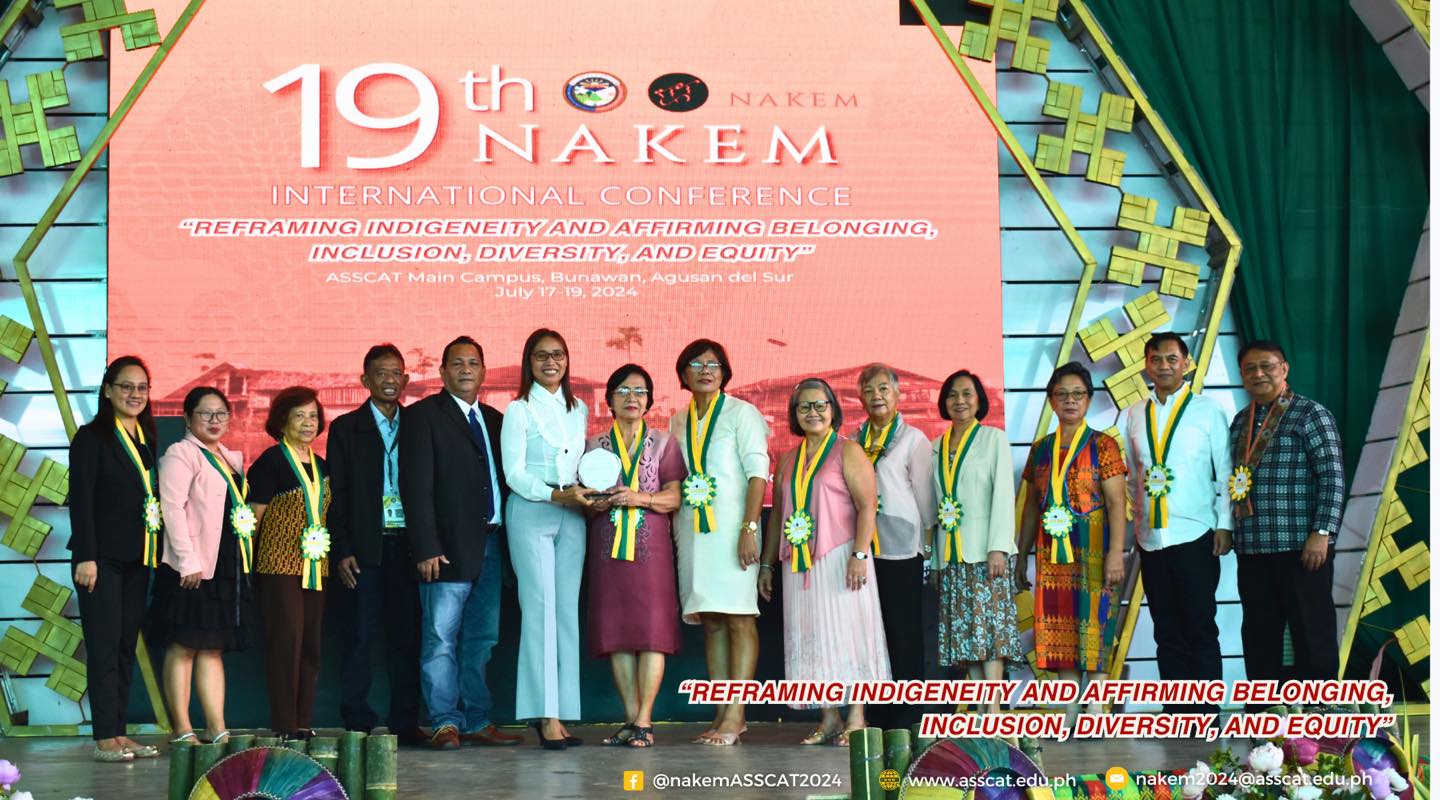
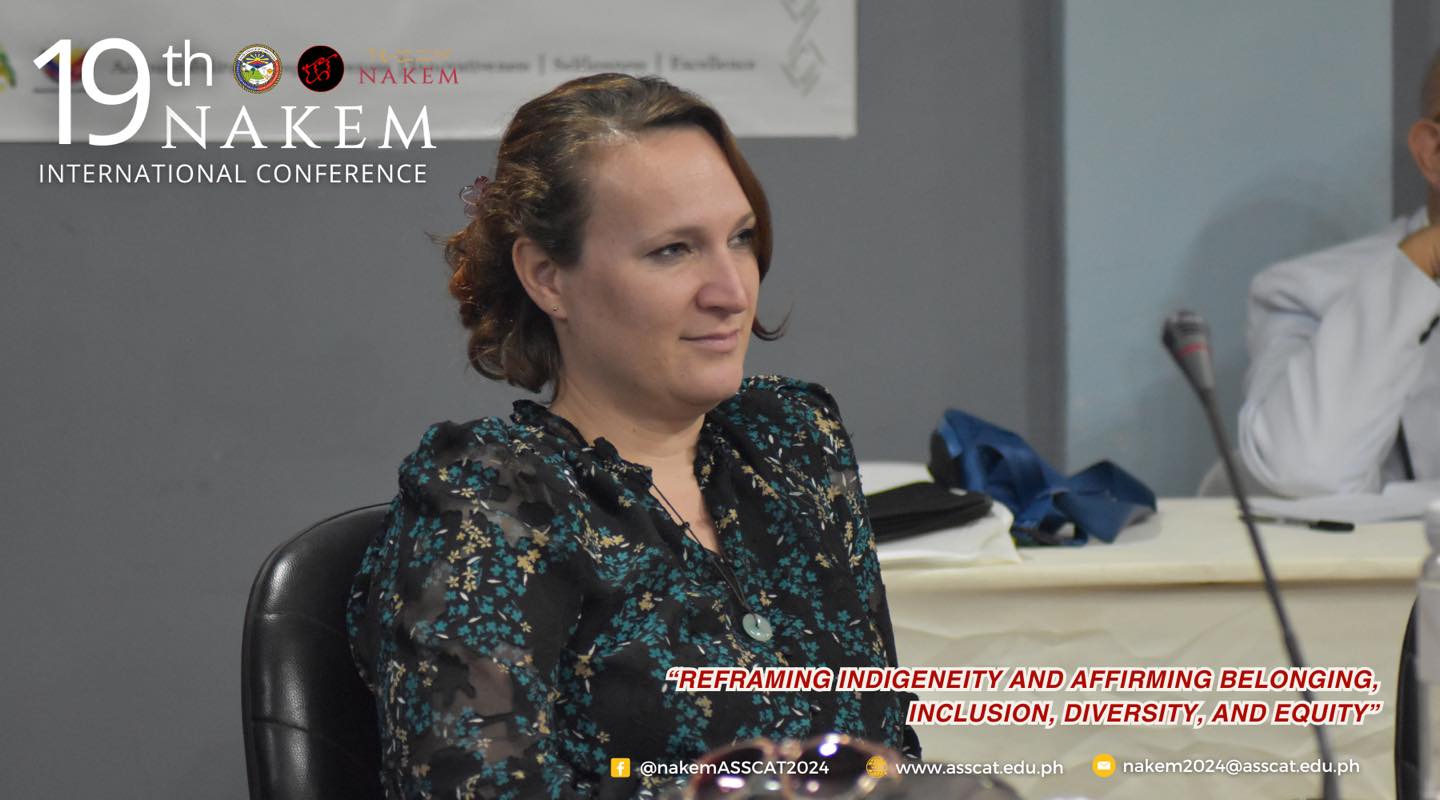
Day 1 Recap
The 19th NAKEM International Conference commenced yesterday,July 17, 2024 at the ASSCAT Sport and Sociocultural Center, drawing a diverse crowd of scholars, educators, and cultural advocates. Themed “REFRAMING INDIGENEITY AND AFFIRMING BELONGING, INCLUSION, DIVERSITY, AND EQUITY,” the conference aims to deepen the understanding and appreciation of indigenous cultures and promote inclusive practices in education and beyond.
The opening day featured a series of thought-provoking sessions, beginning with a powerful keynote address that set the tone for the conference. Speakers delved into various topics, including the significance of indigenous knowledge systems, strategies for inclusive education, and the role of diversity in enriching academic and community life.
Participants engaged in insightful presentations, where they exchanged ideas and explored practical approaches to embedding inclusion and equity into their work. The day also showcased cultural performances that highlighted the rich heritage and traditions of indigenous communities, providing a vibrant backdrop to the academic discussions.
As the conference progresses, attendees are looking forward to more enriching sessions and networking opportunities, all aimed at fostering a more inclusive and diverse academic landscape.
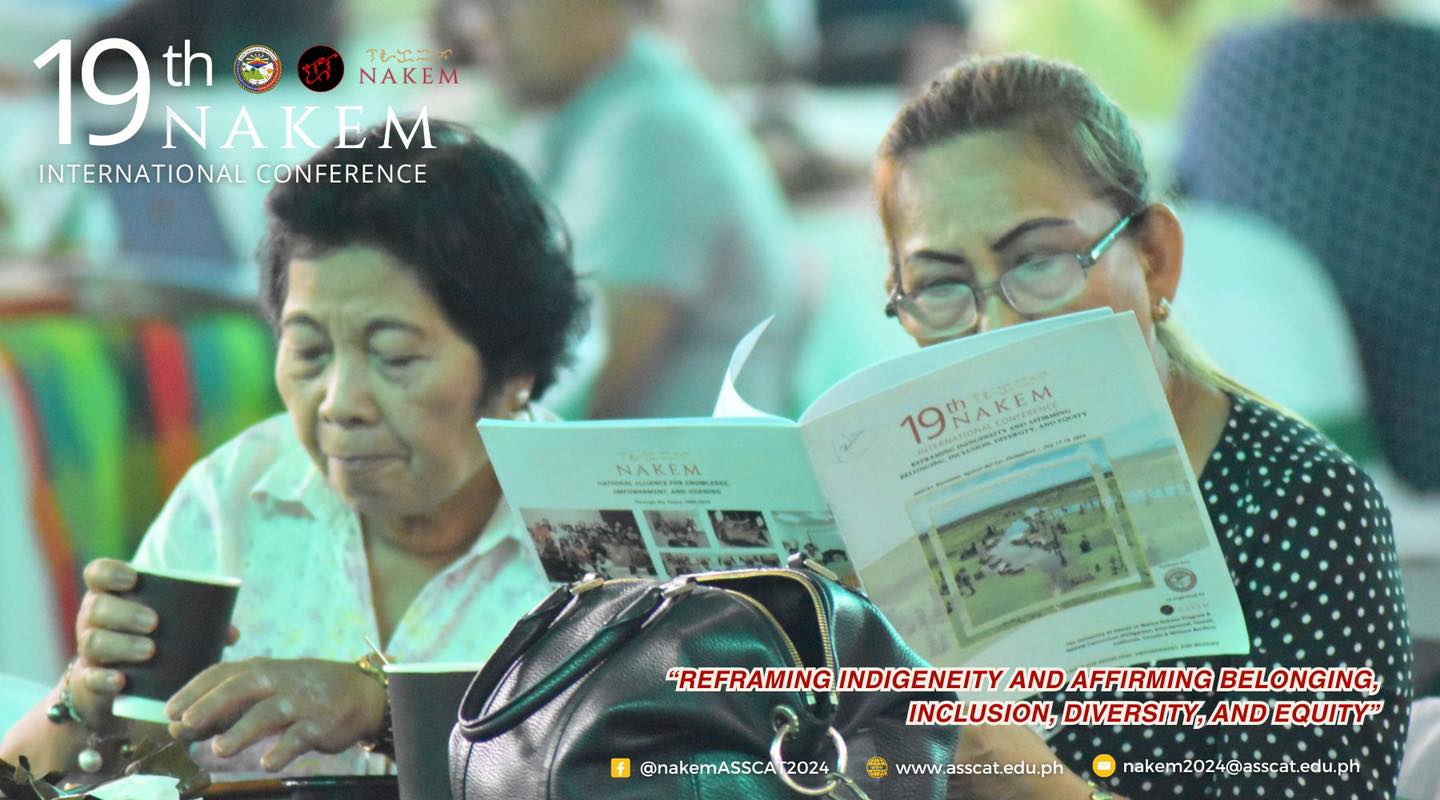
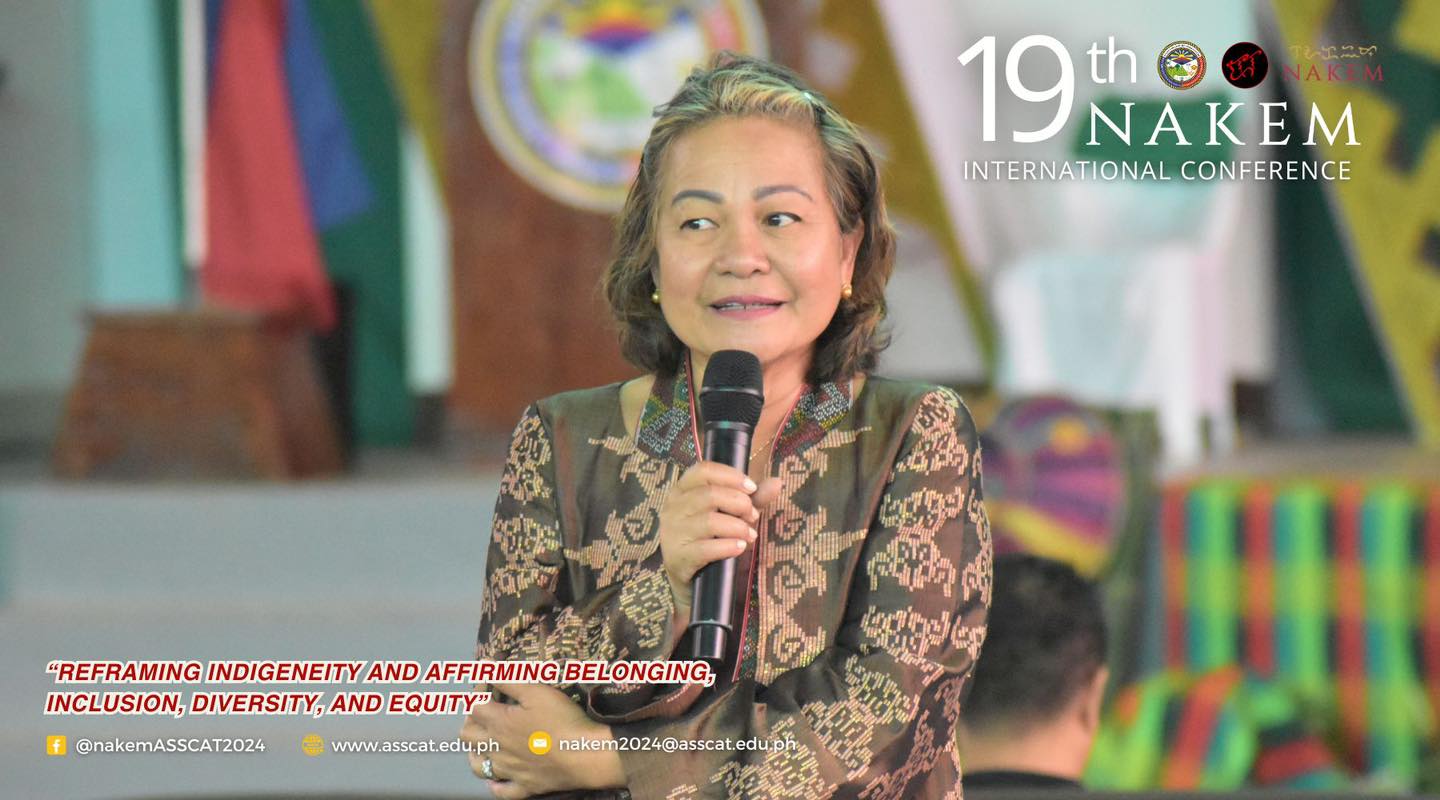
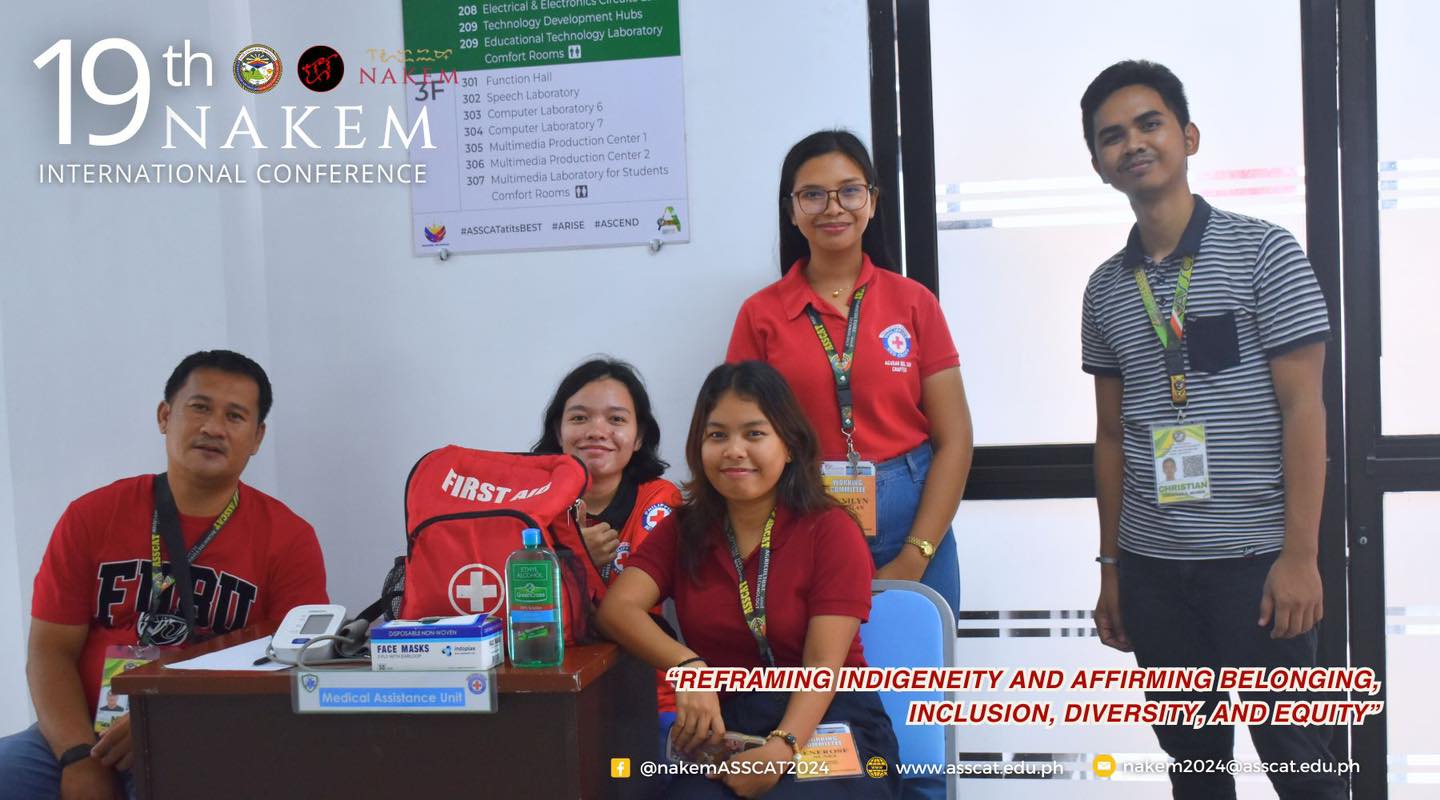
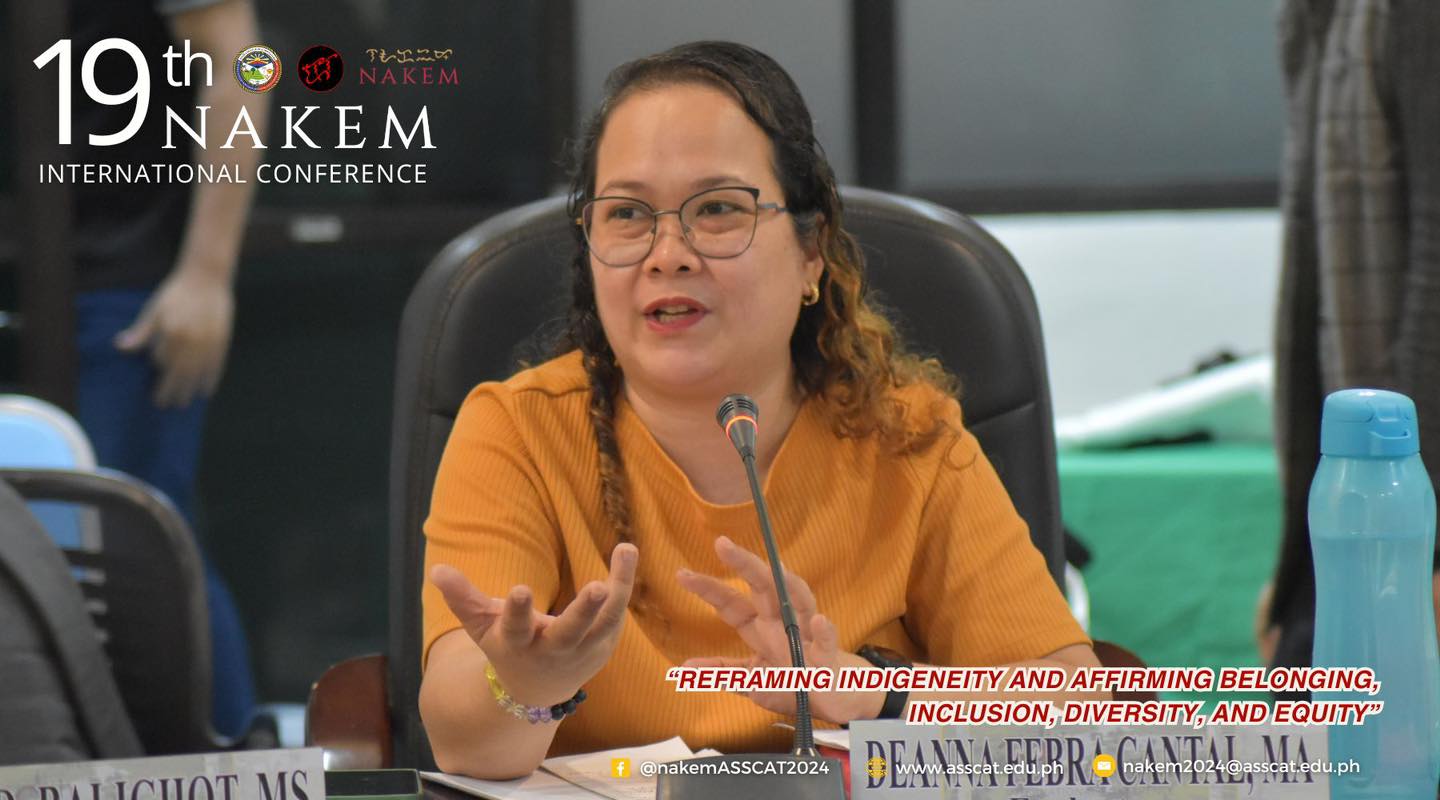
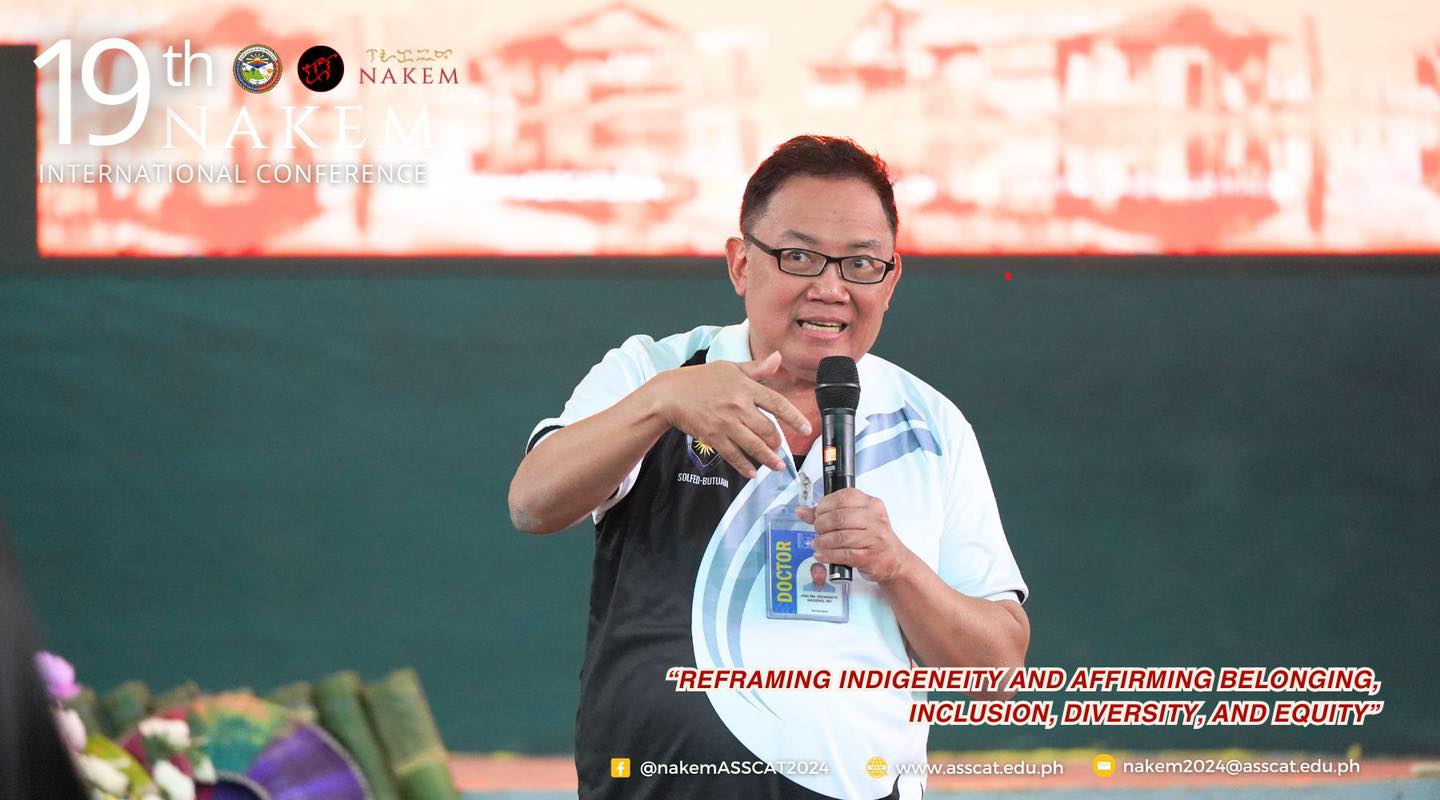
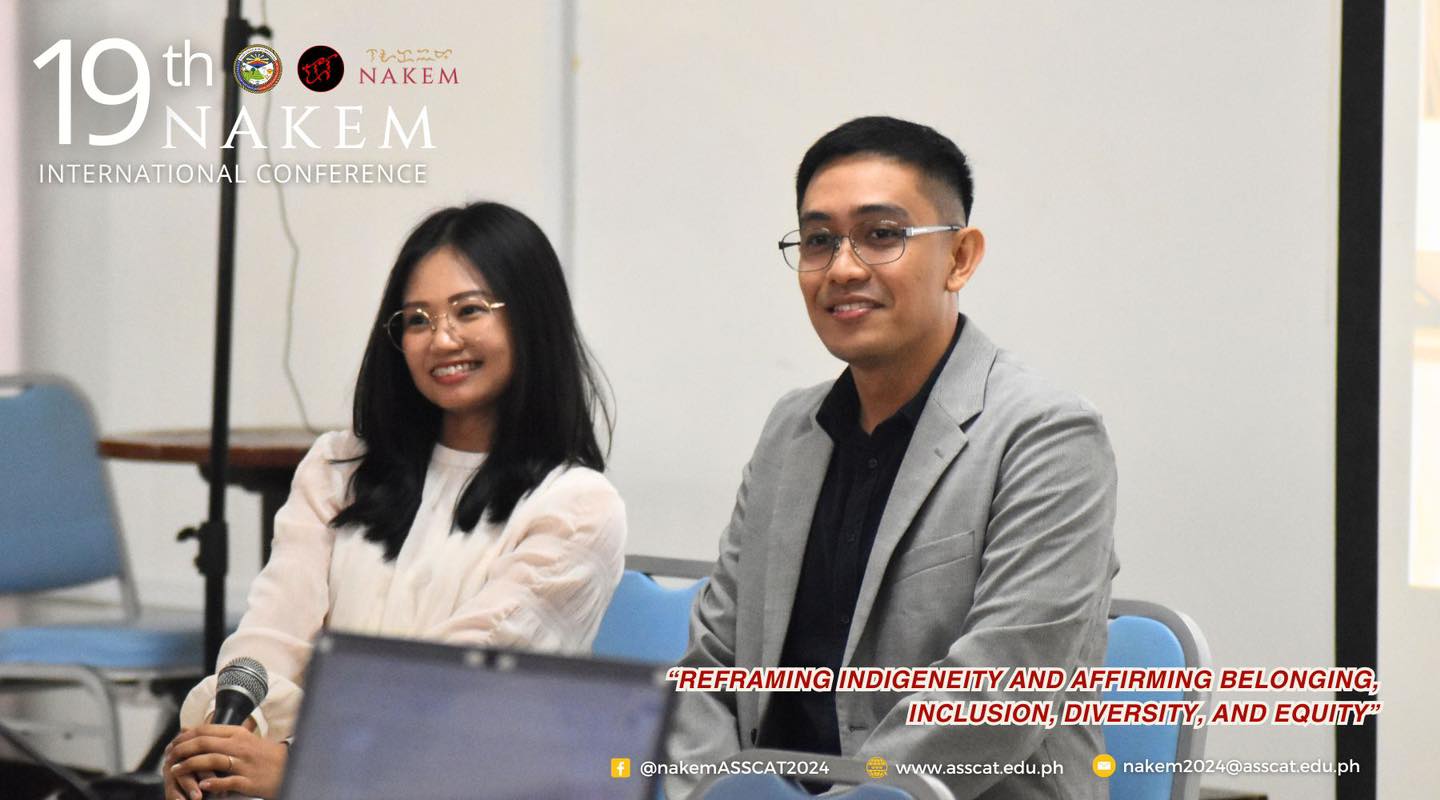
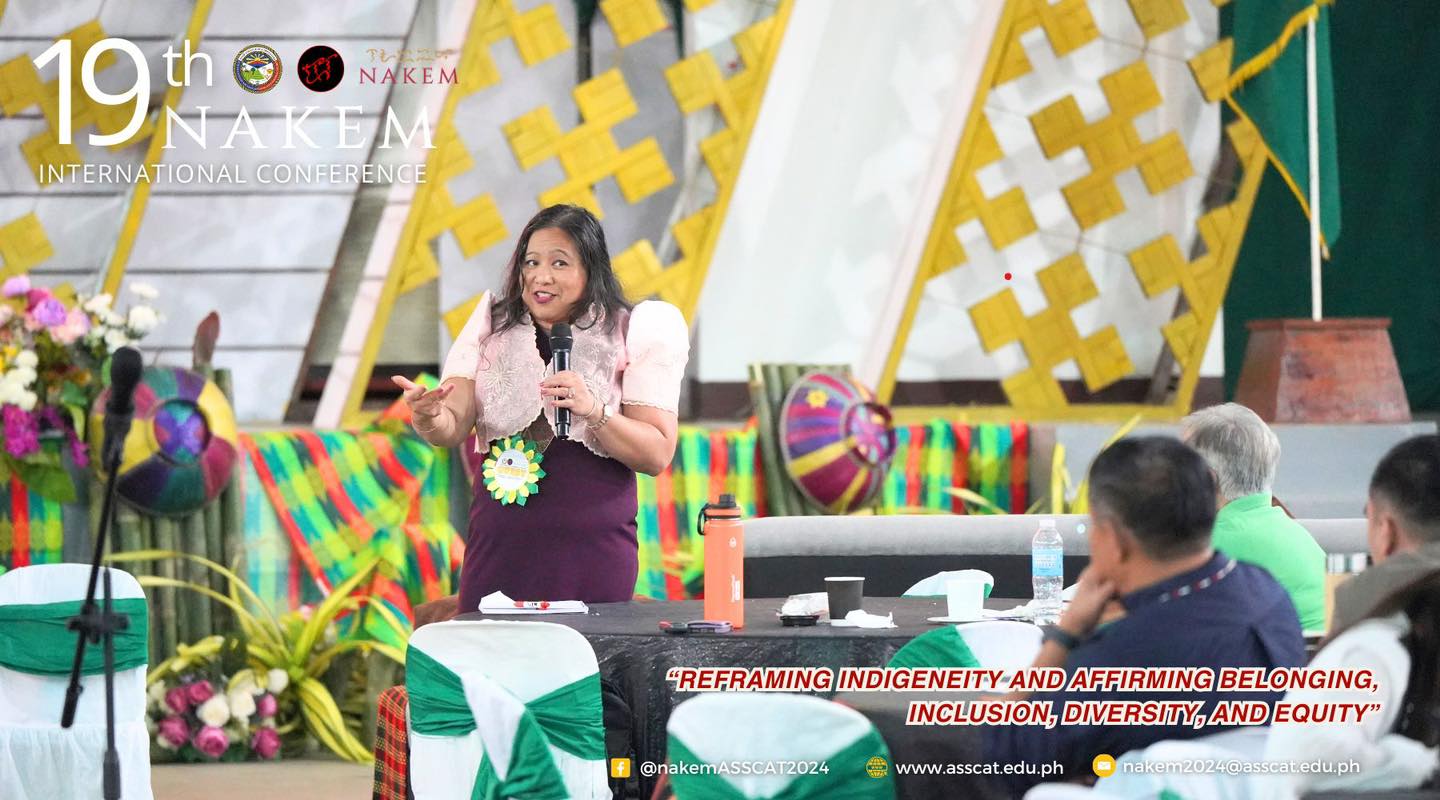
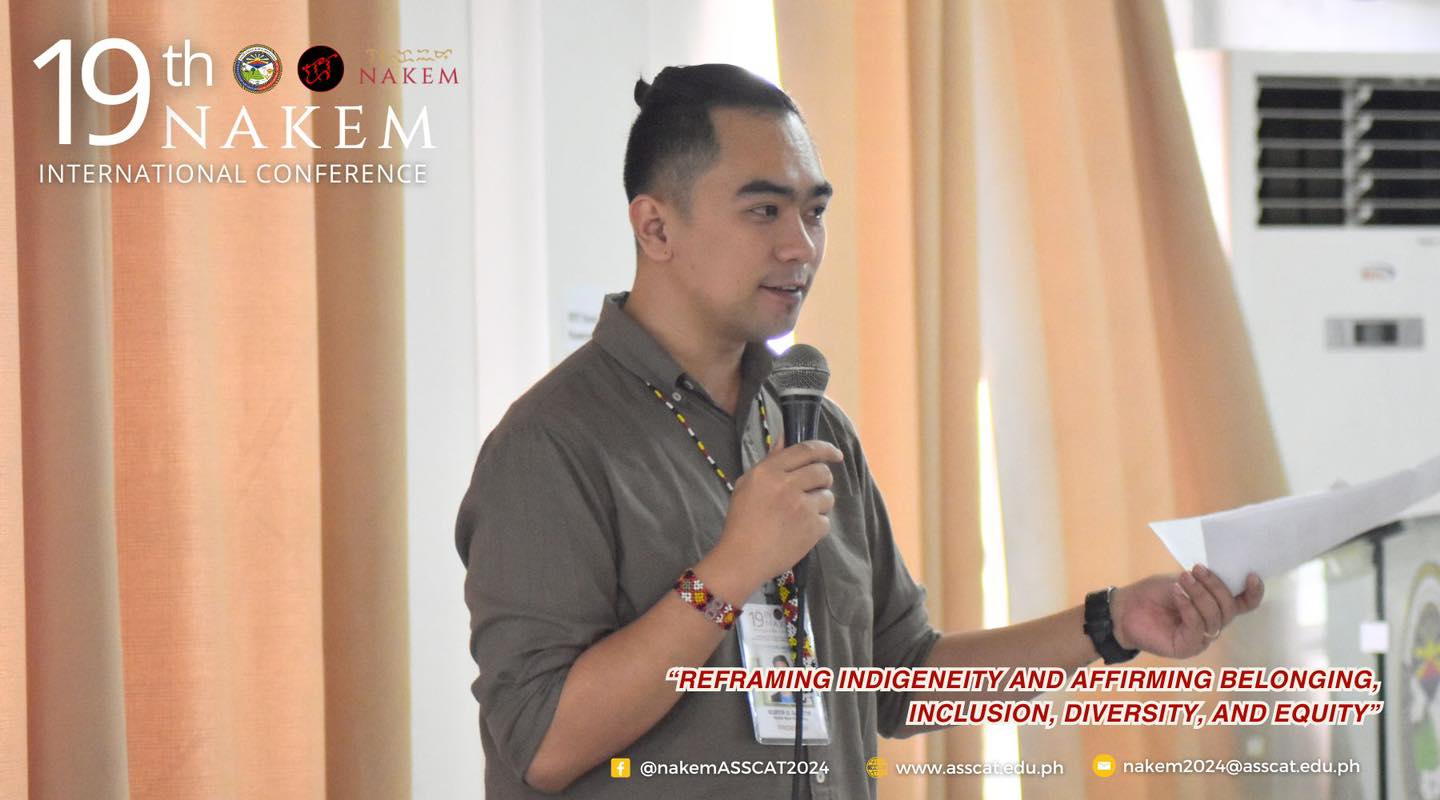
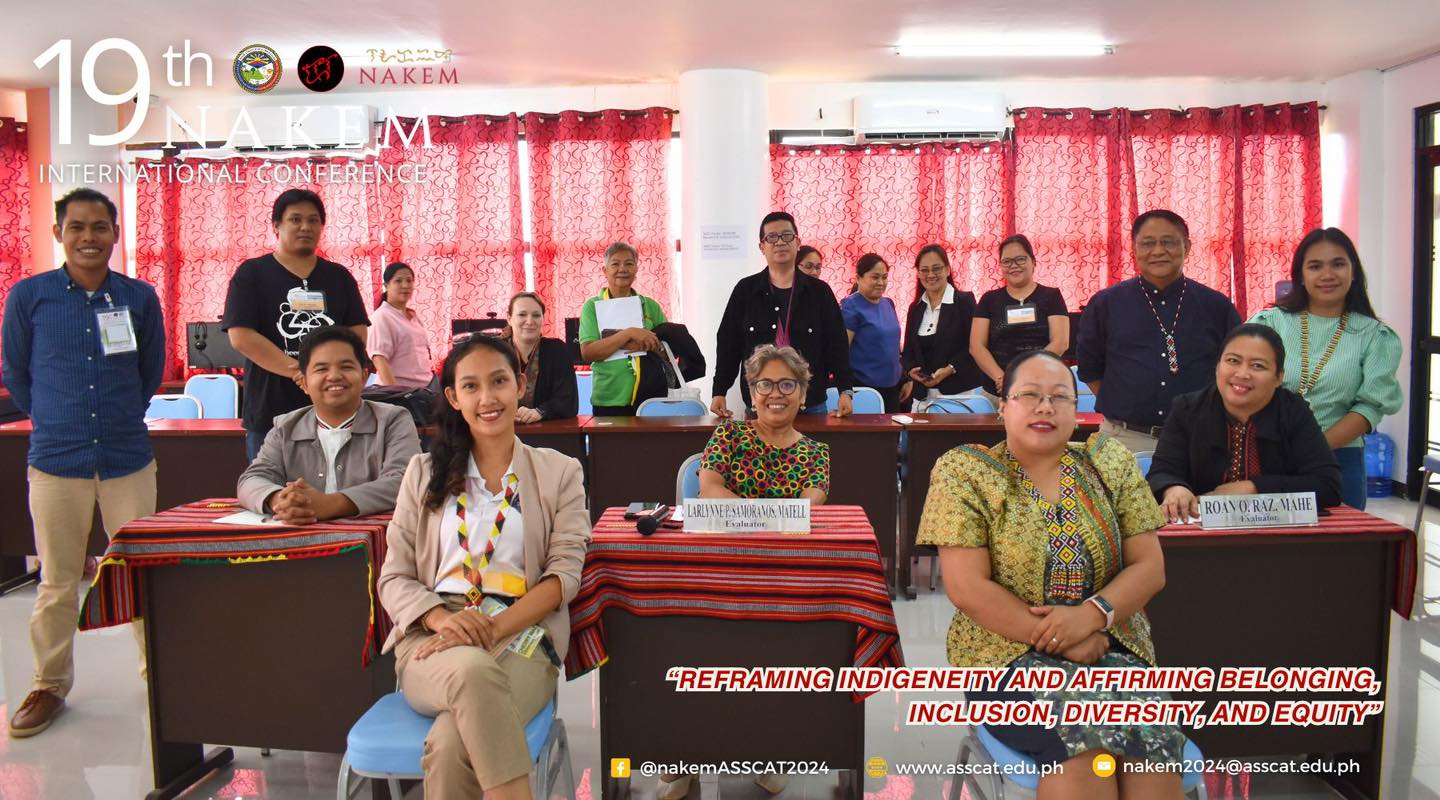
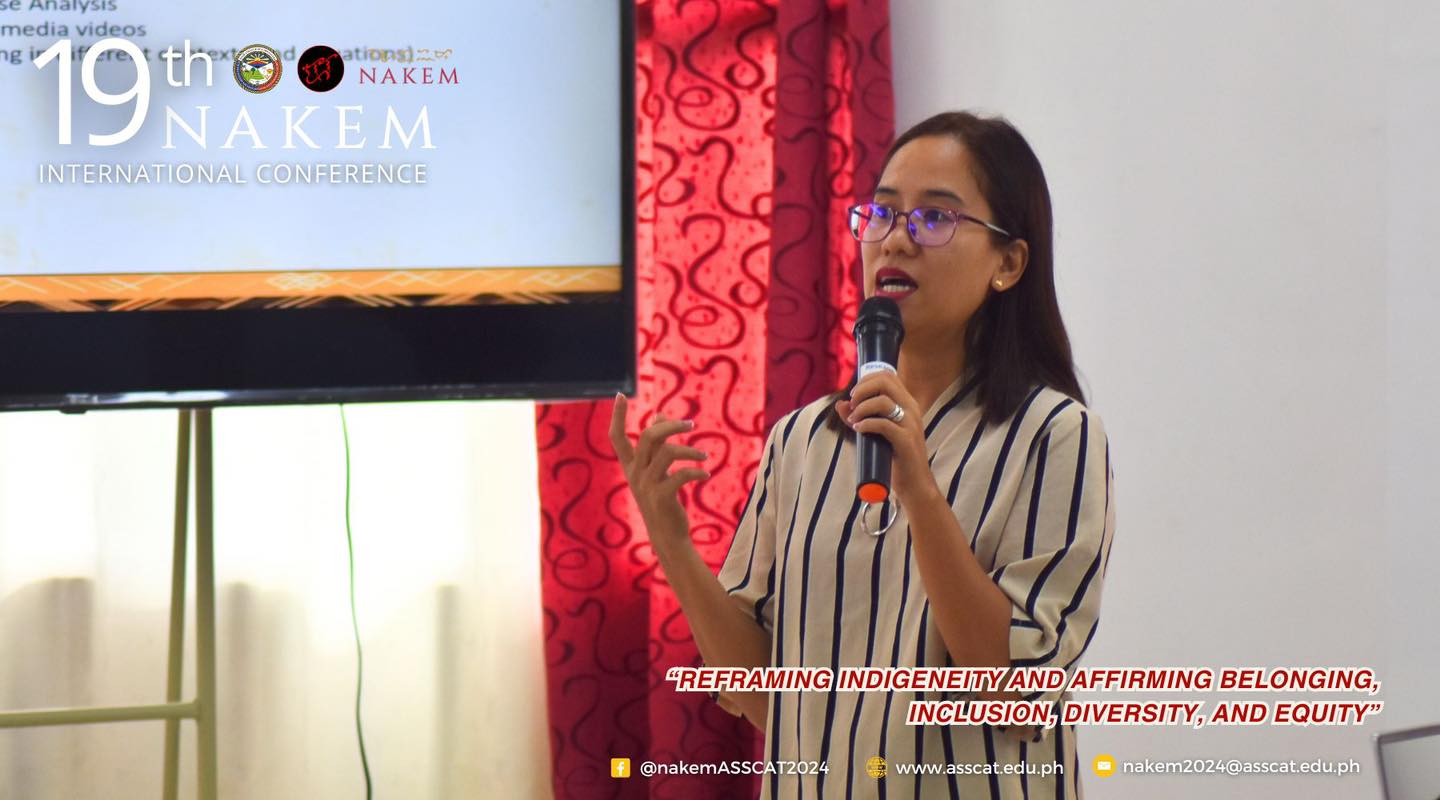
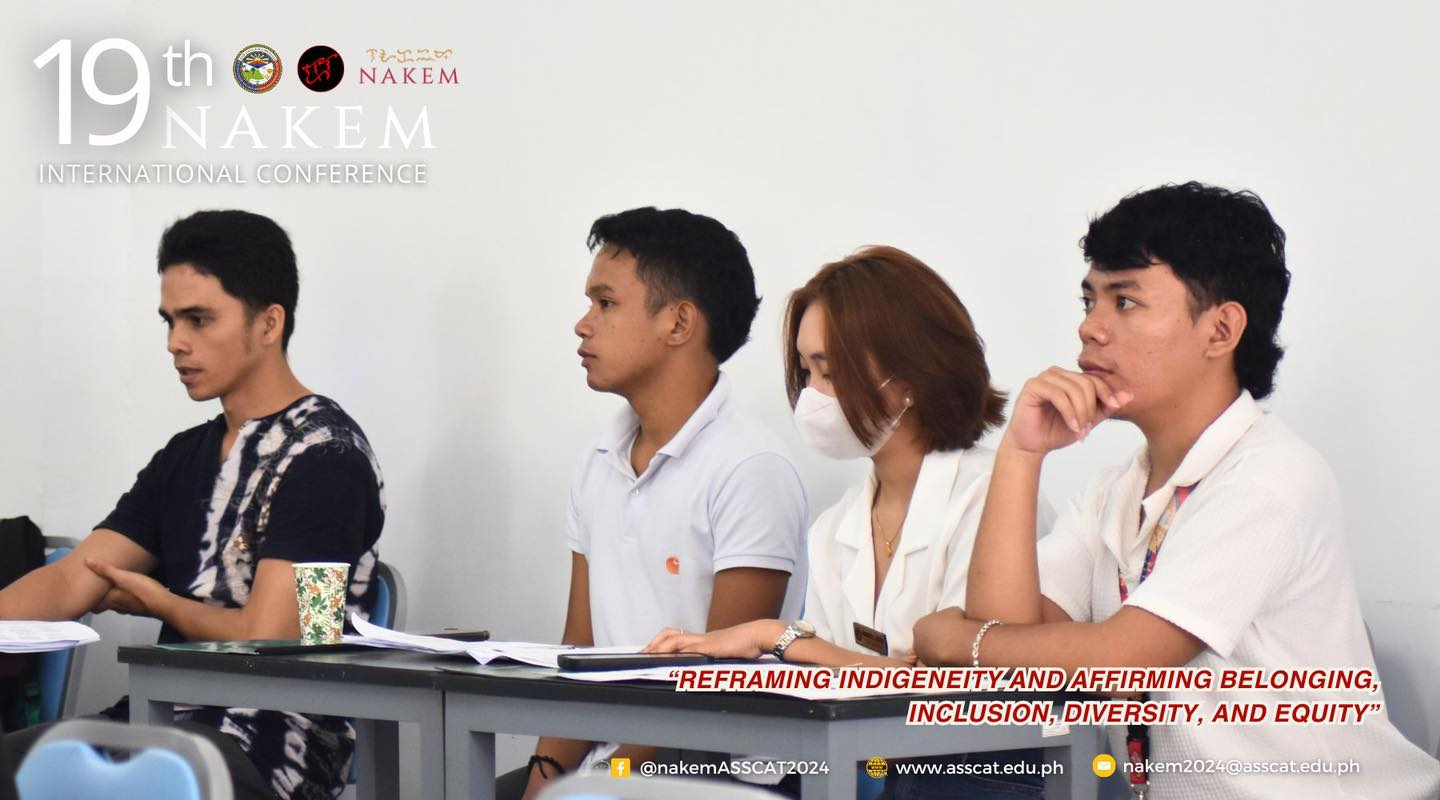
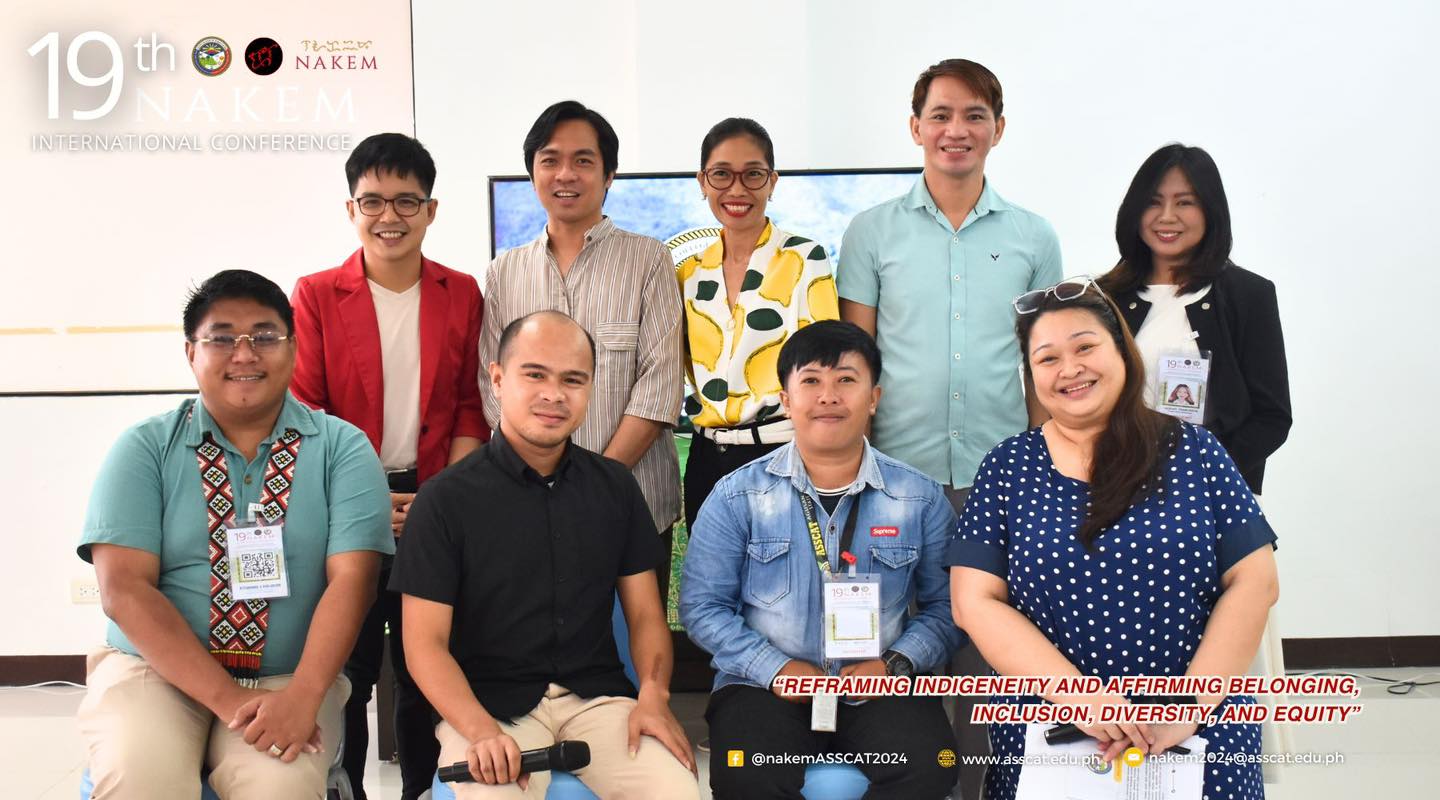
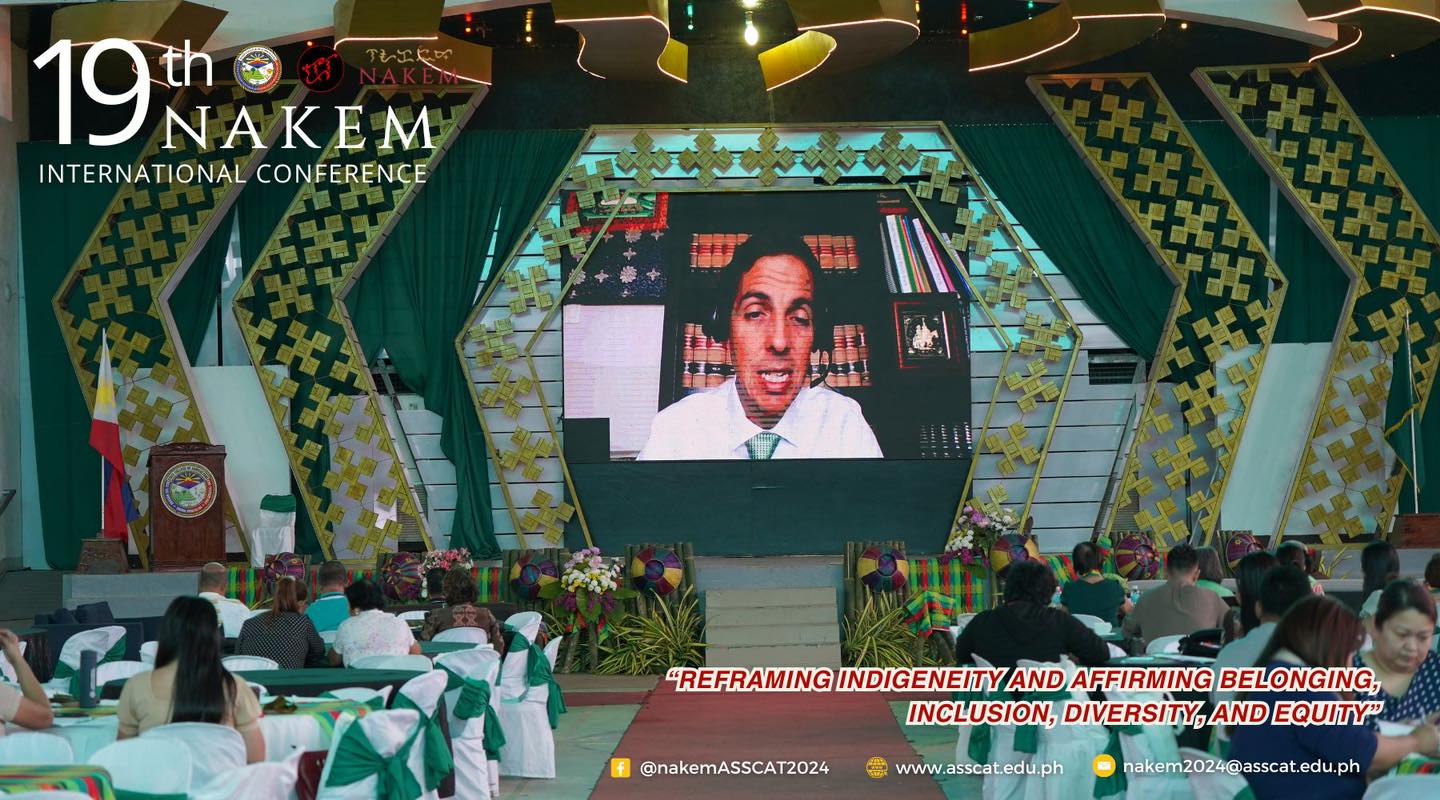
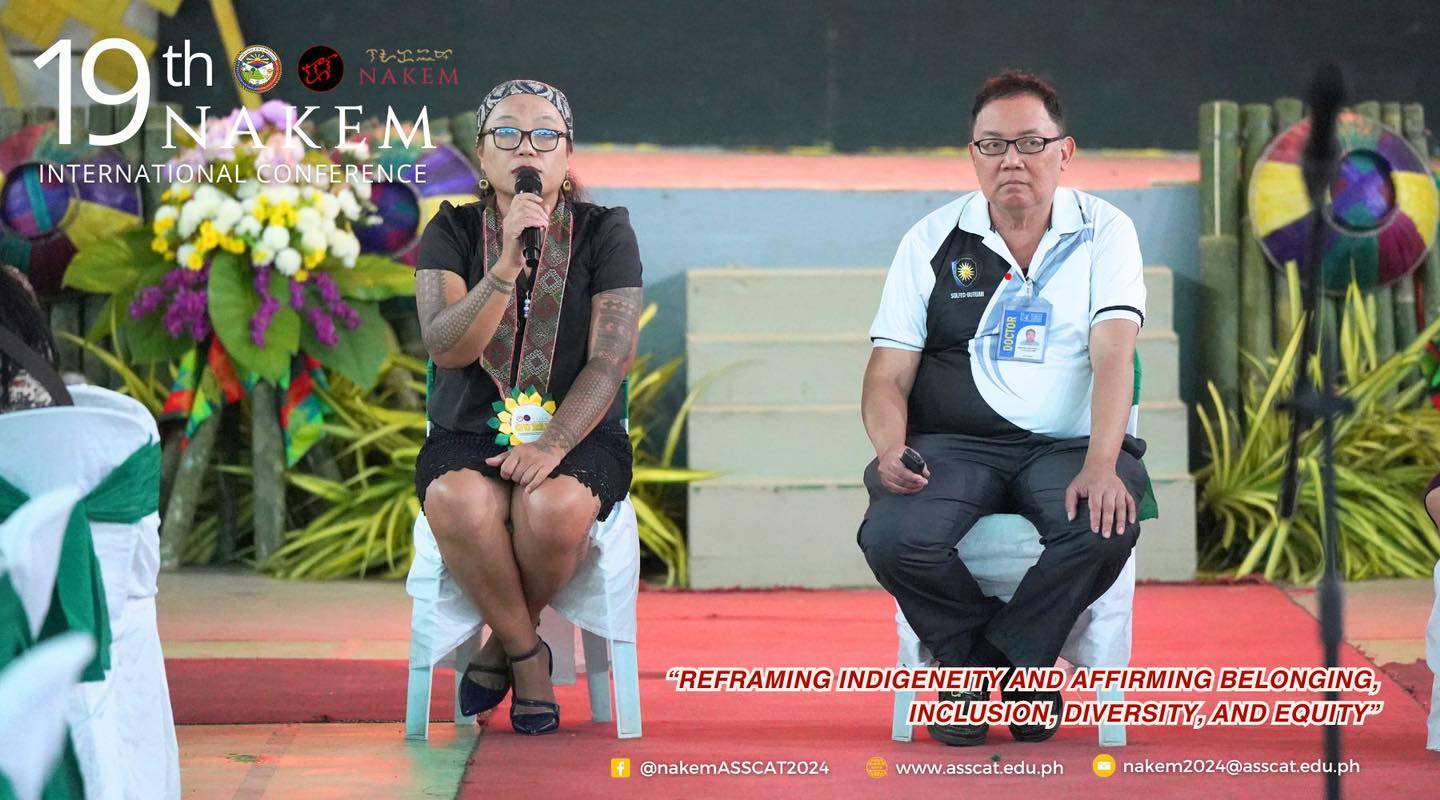
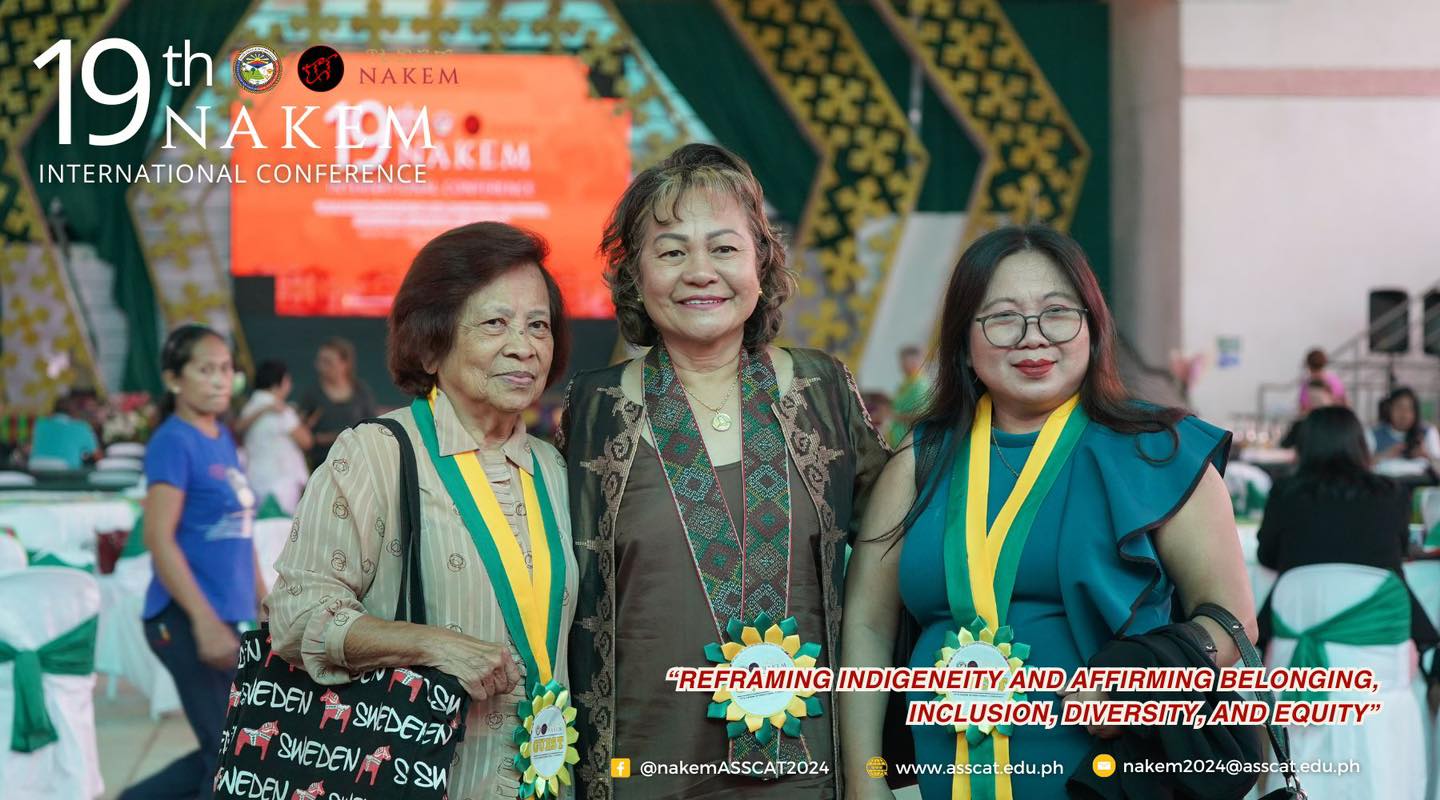
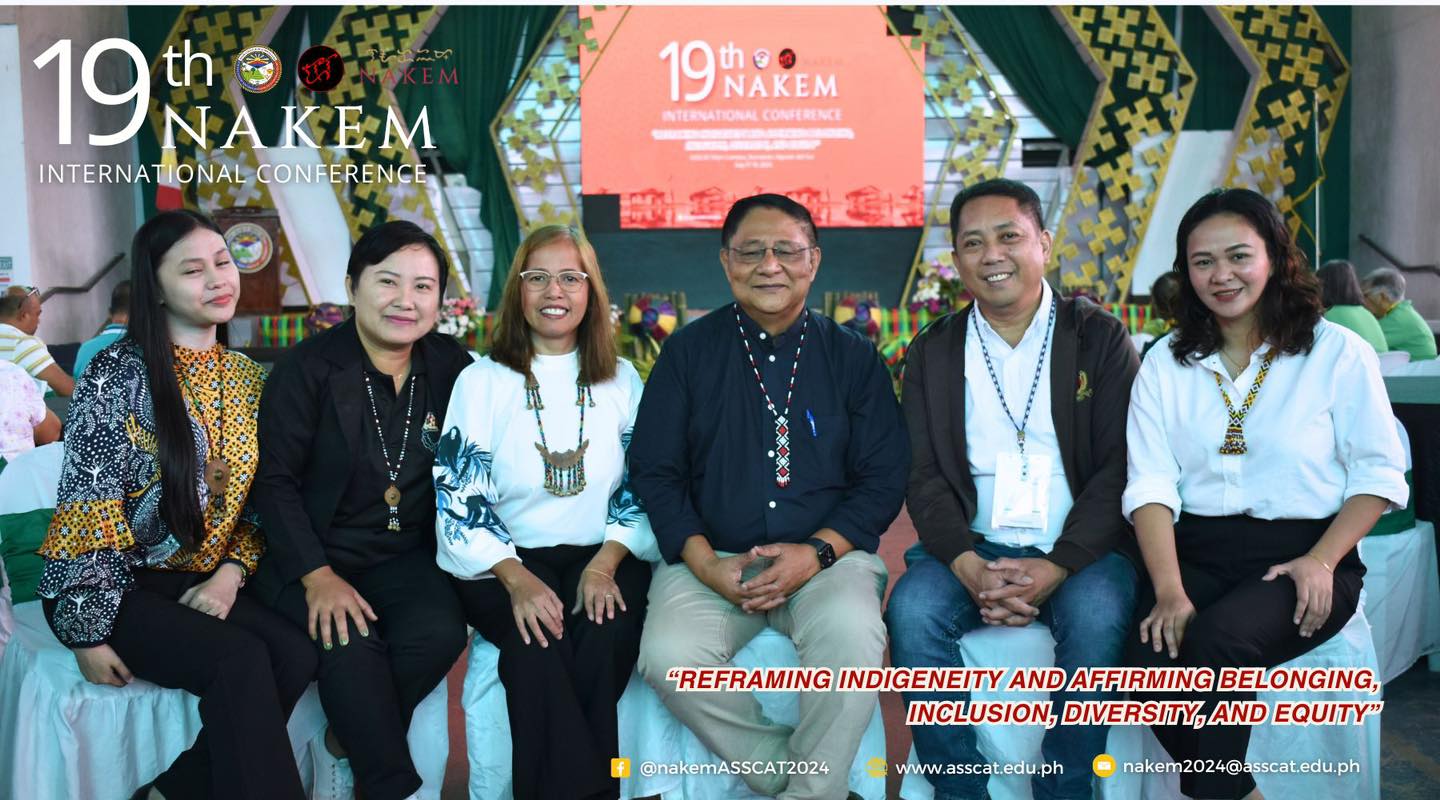
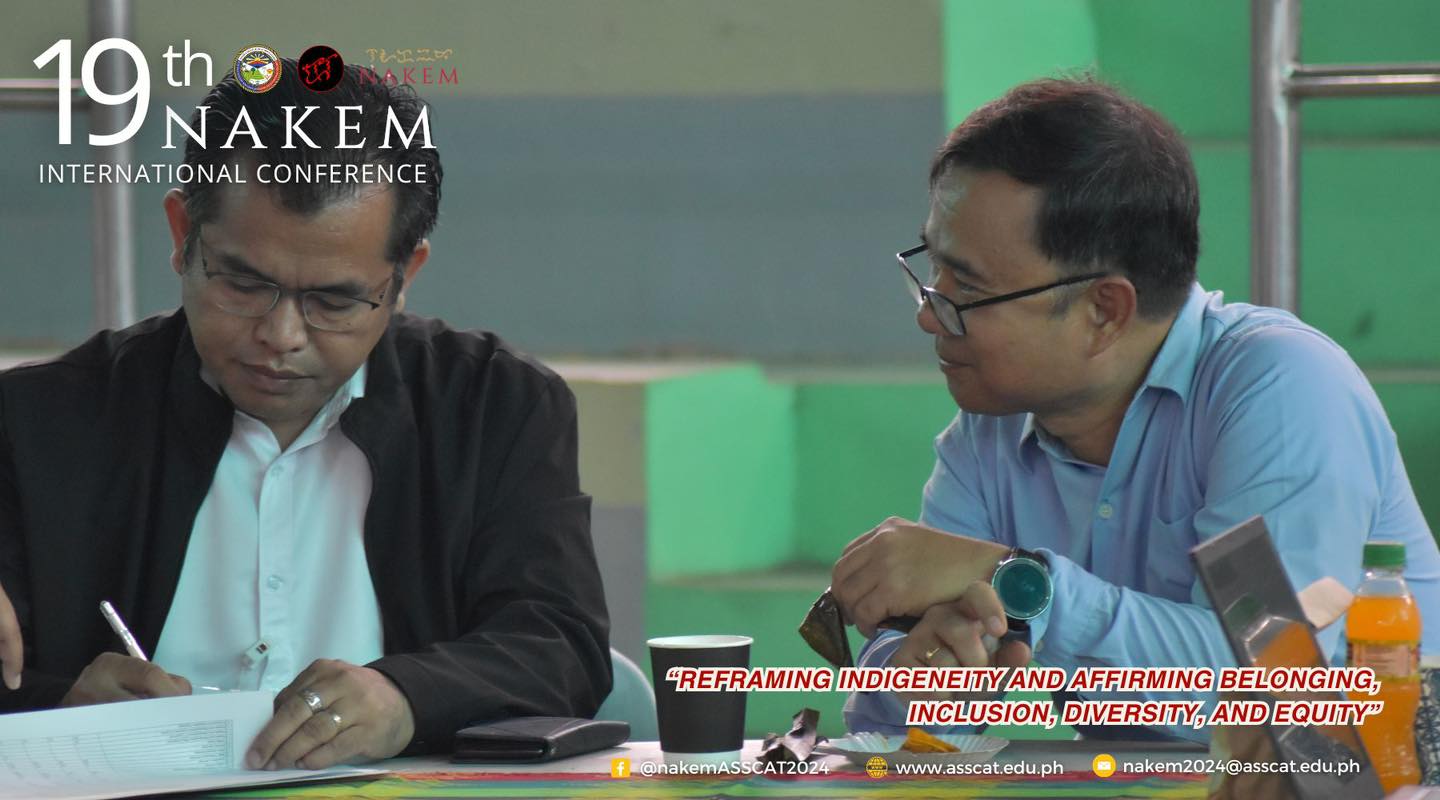
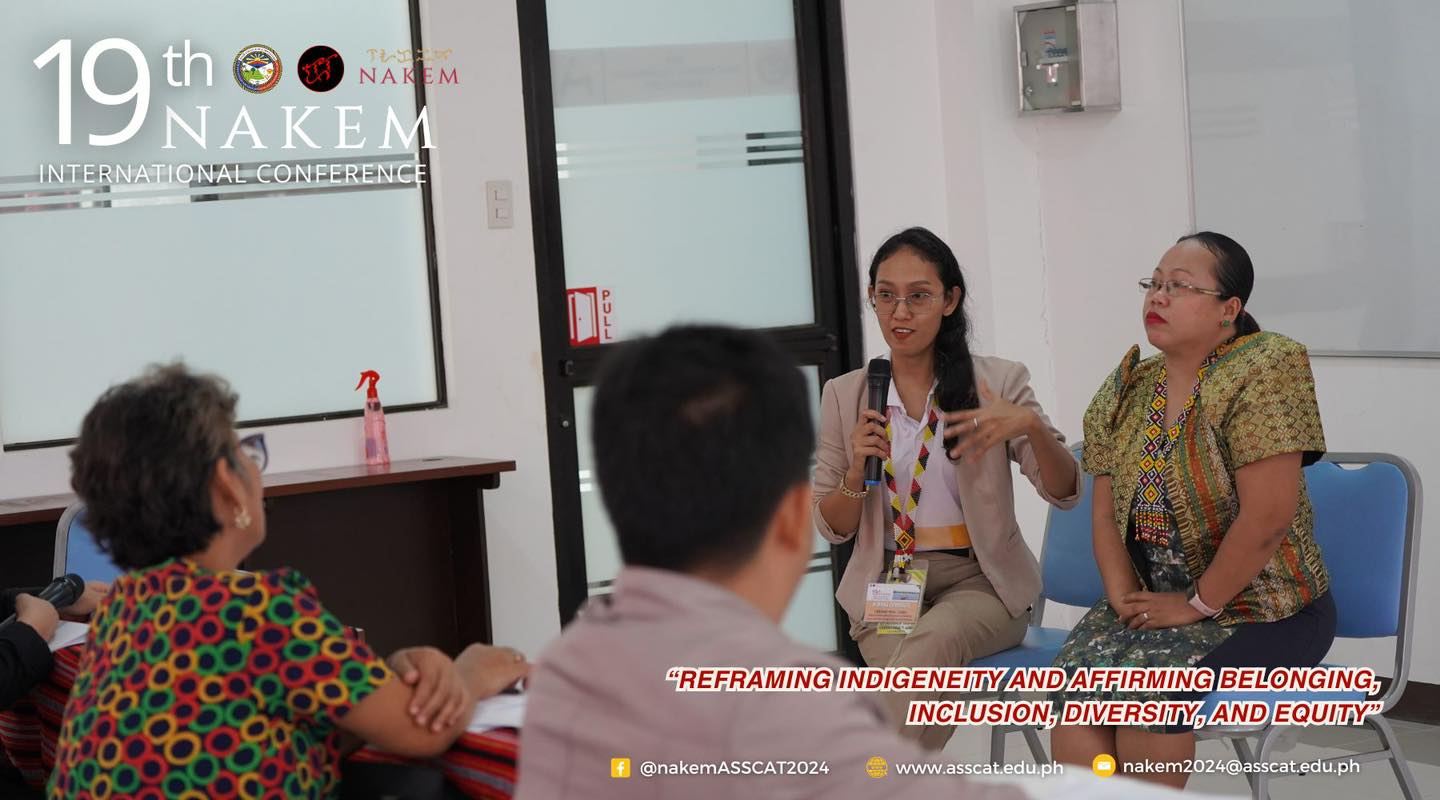
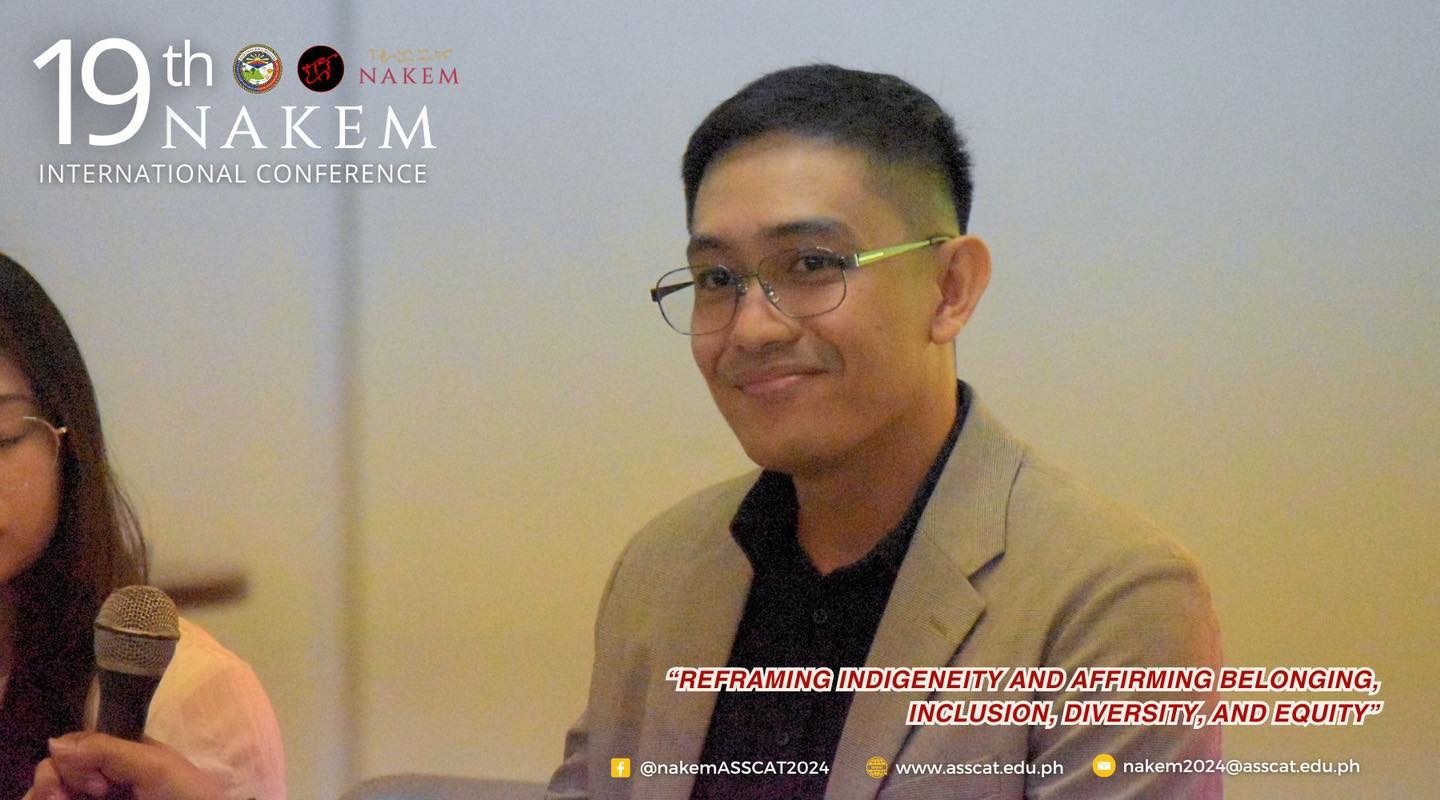

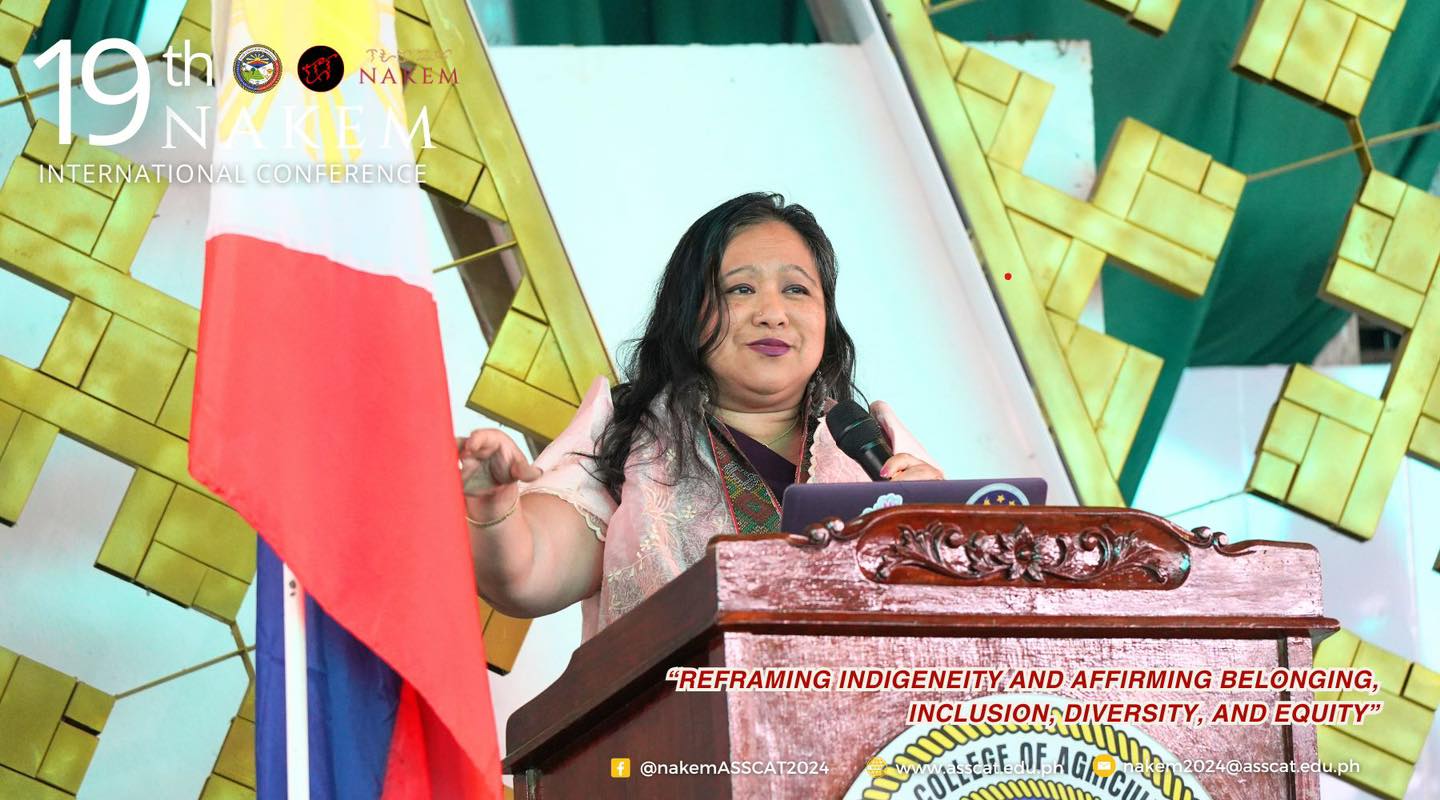
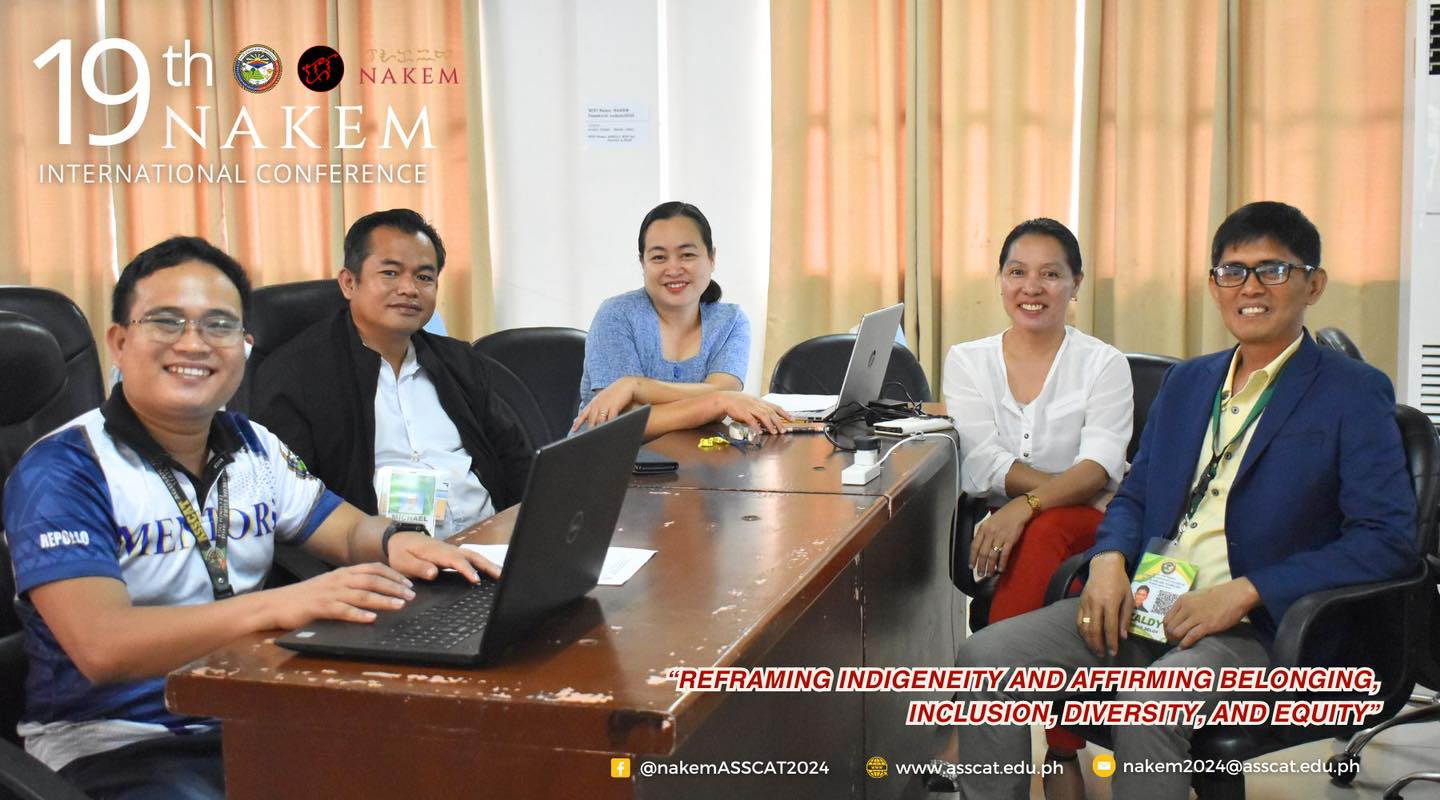
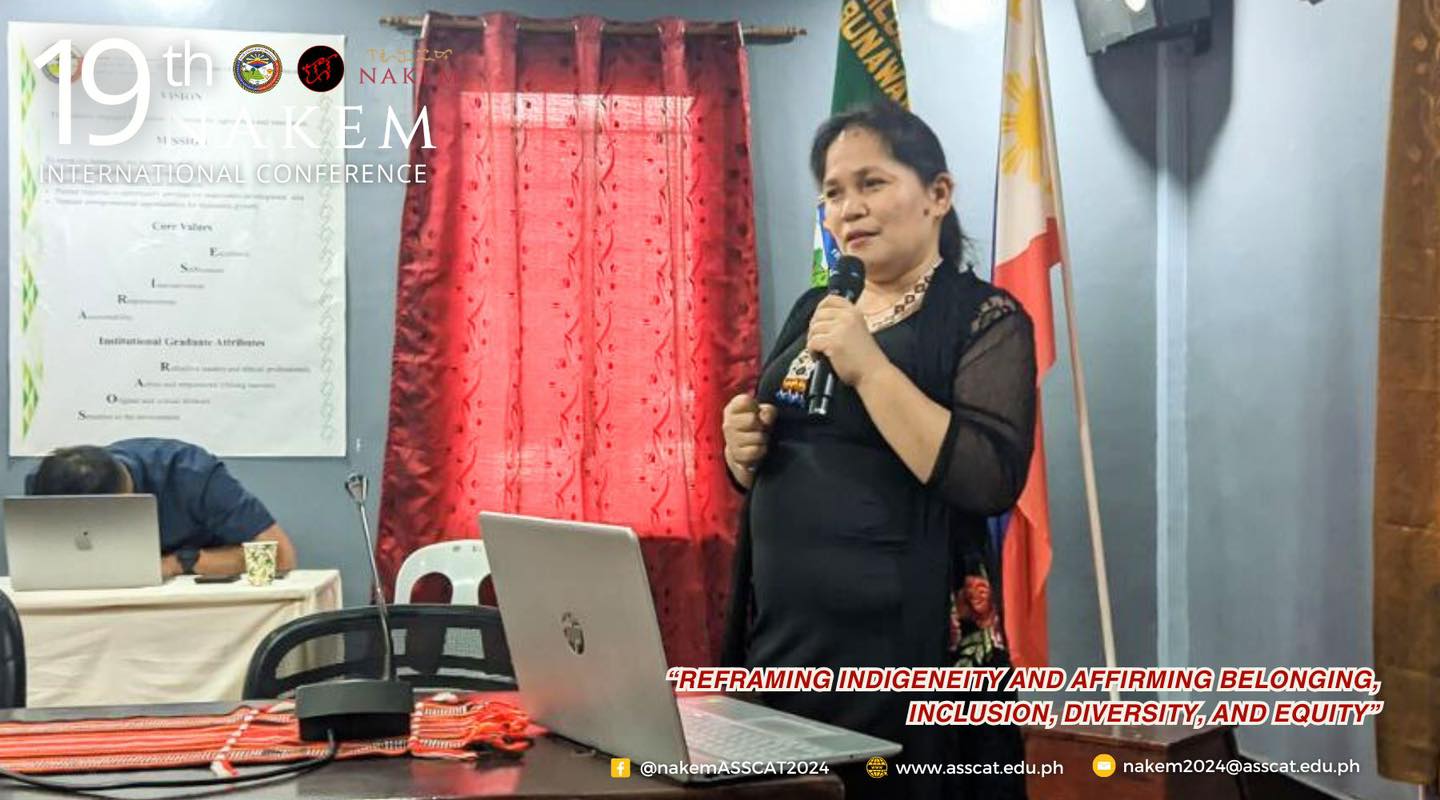
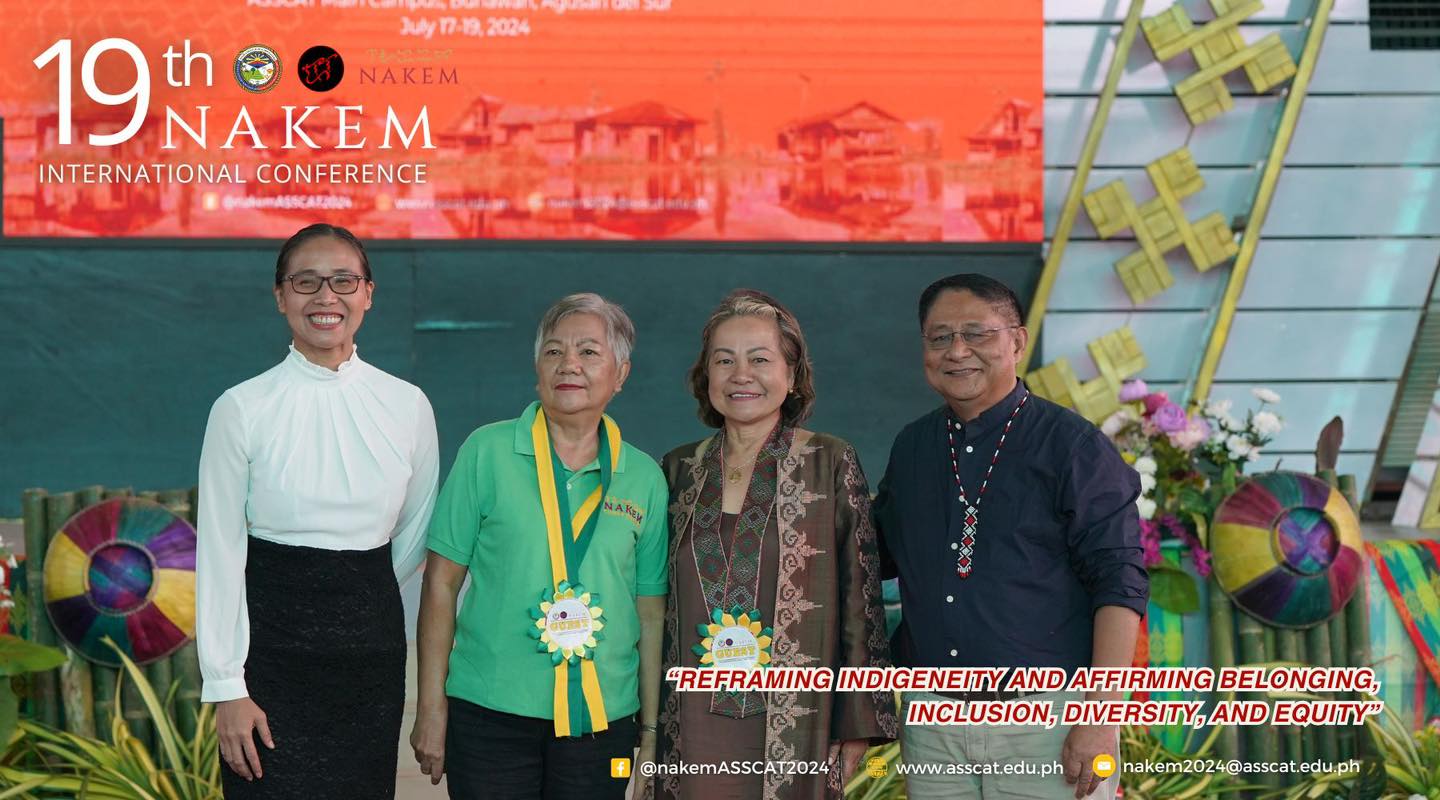

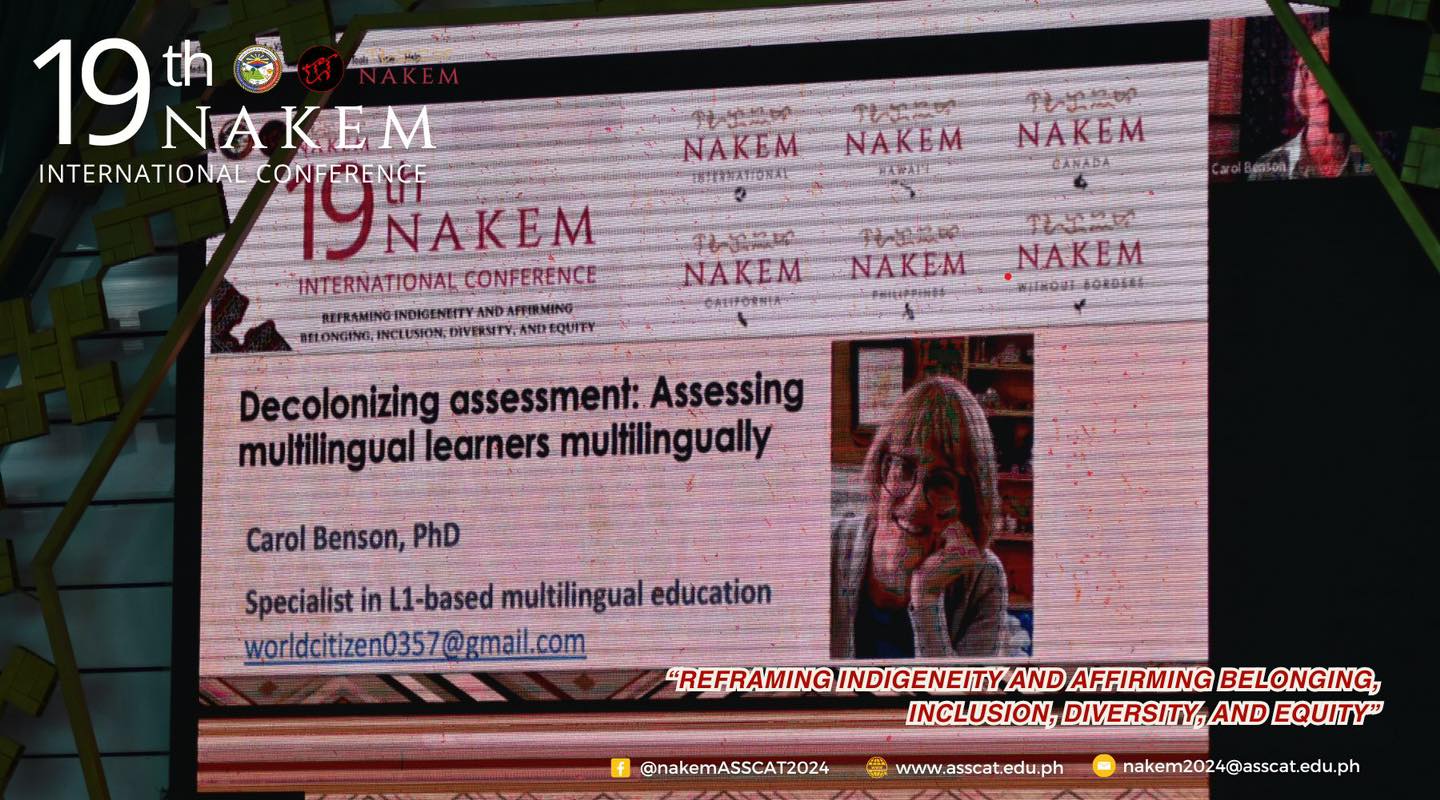
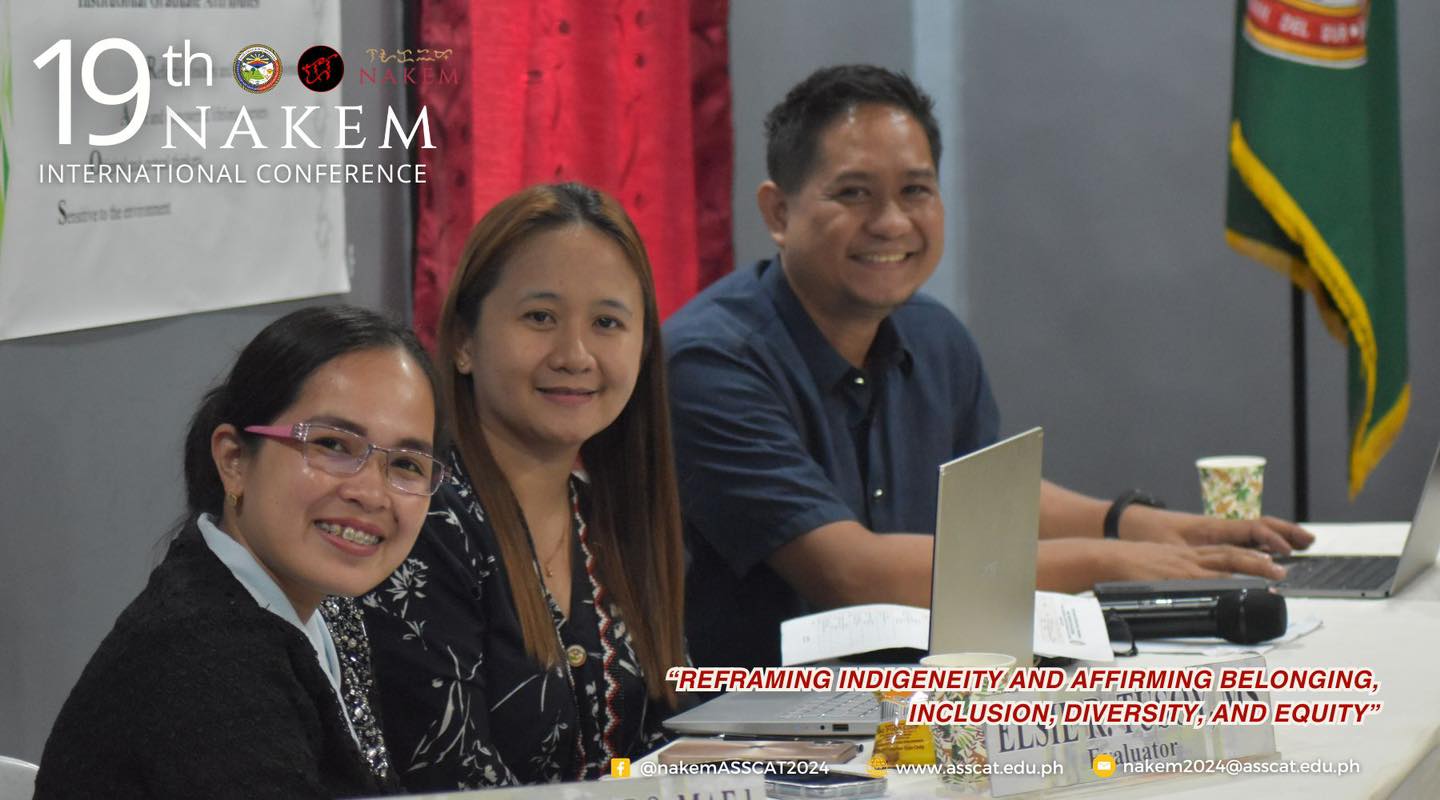
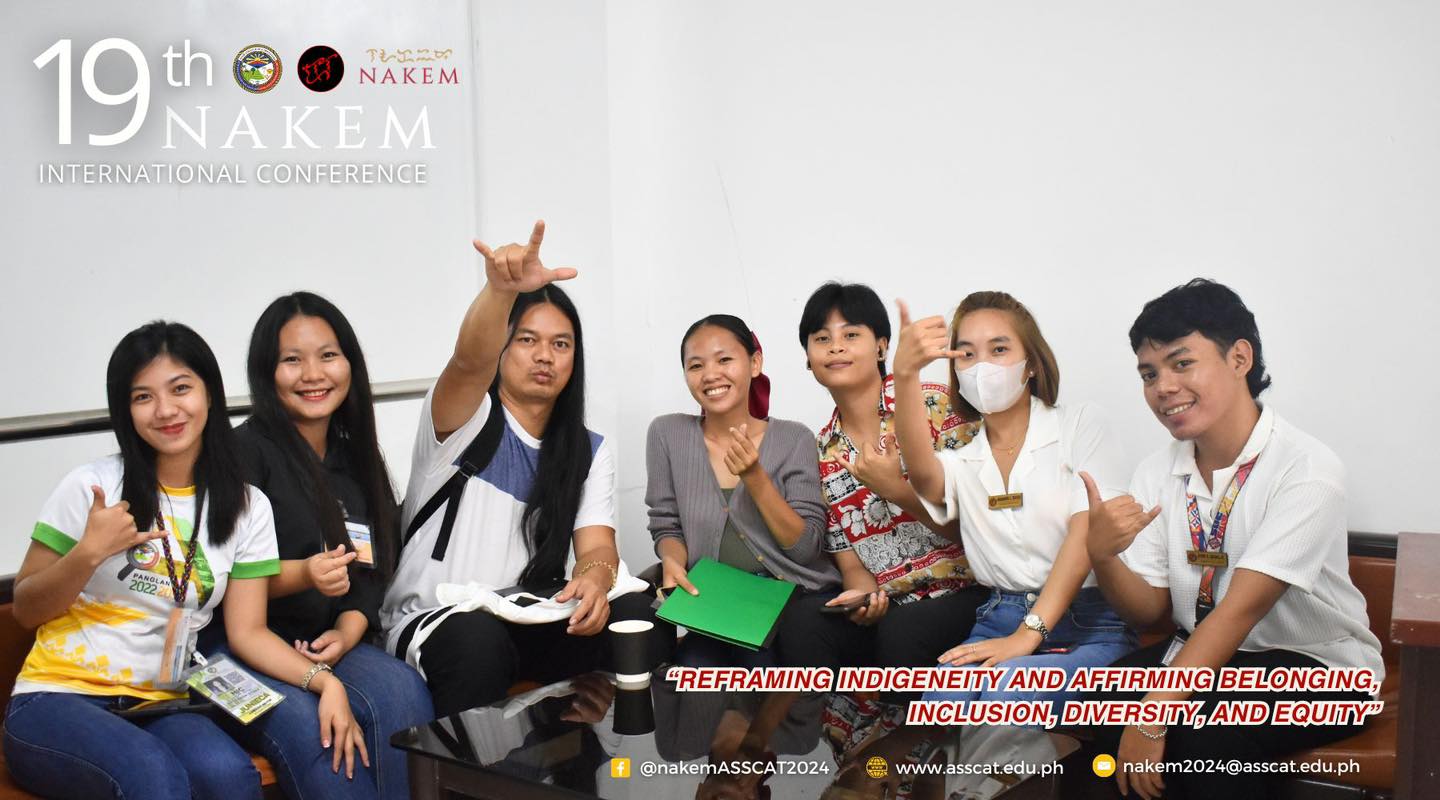


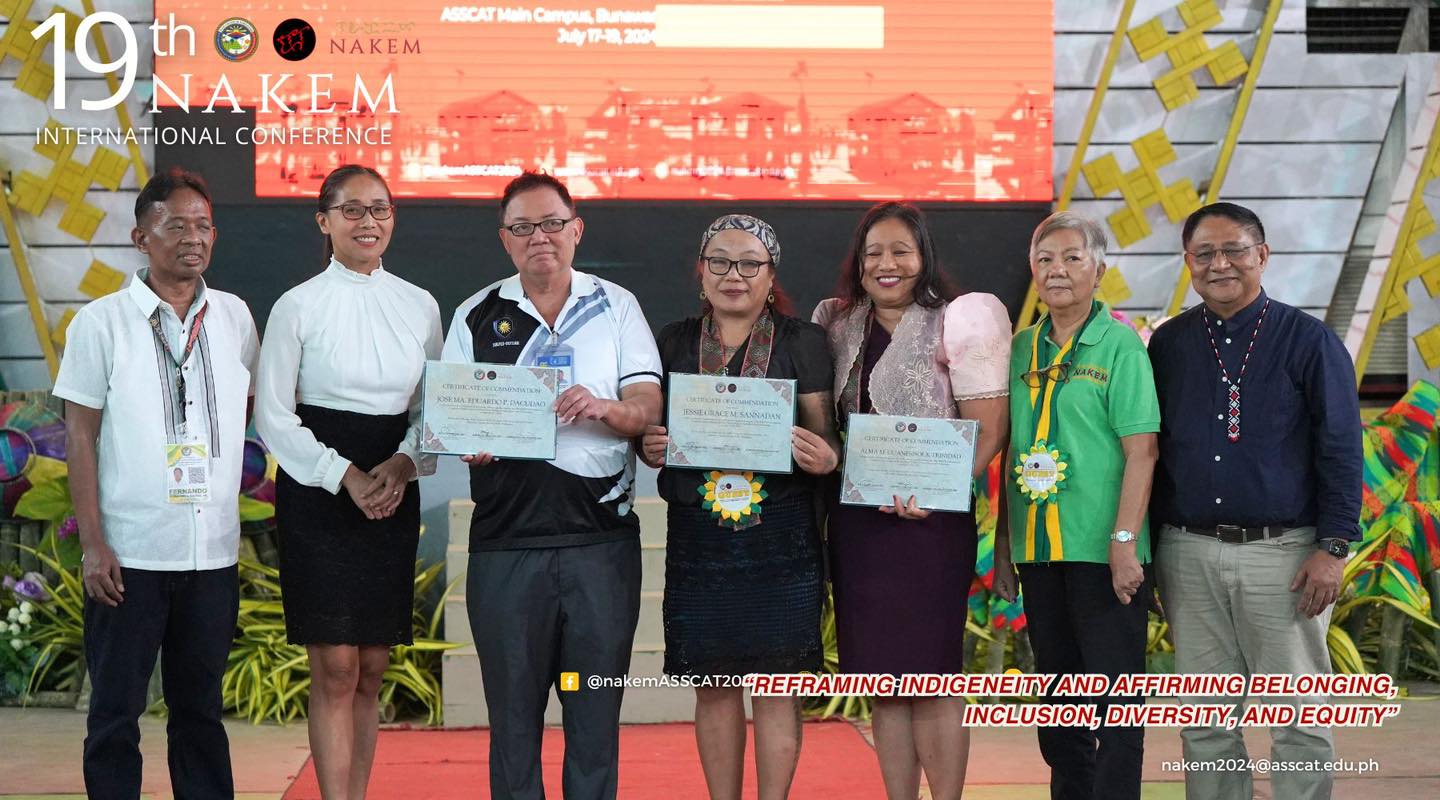
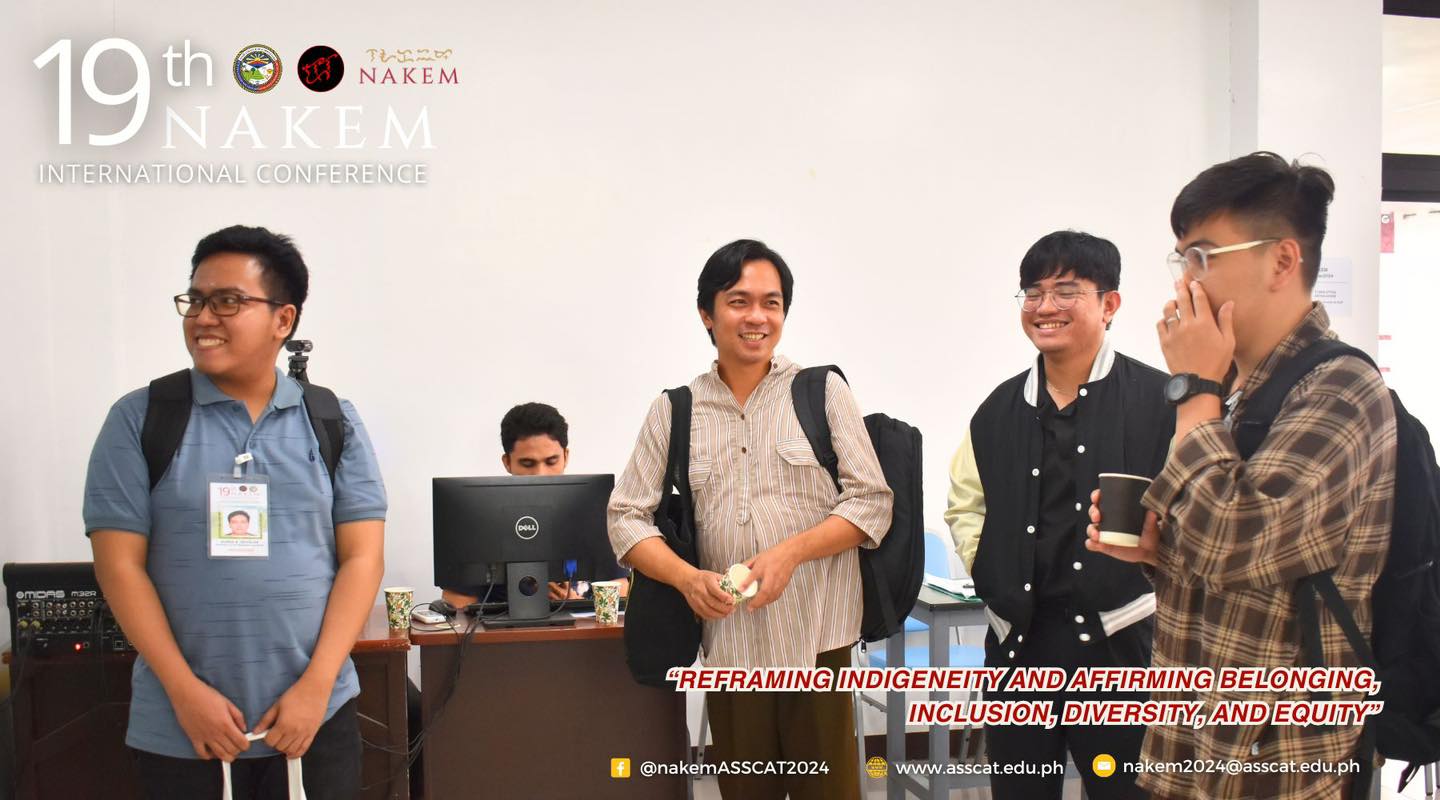
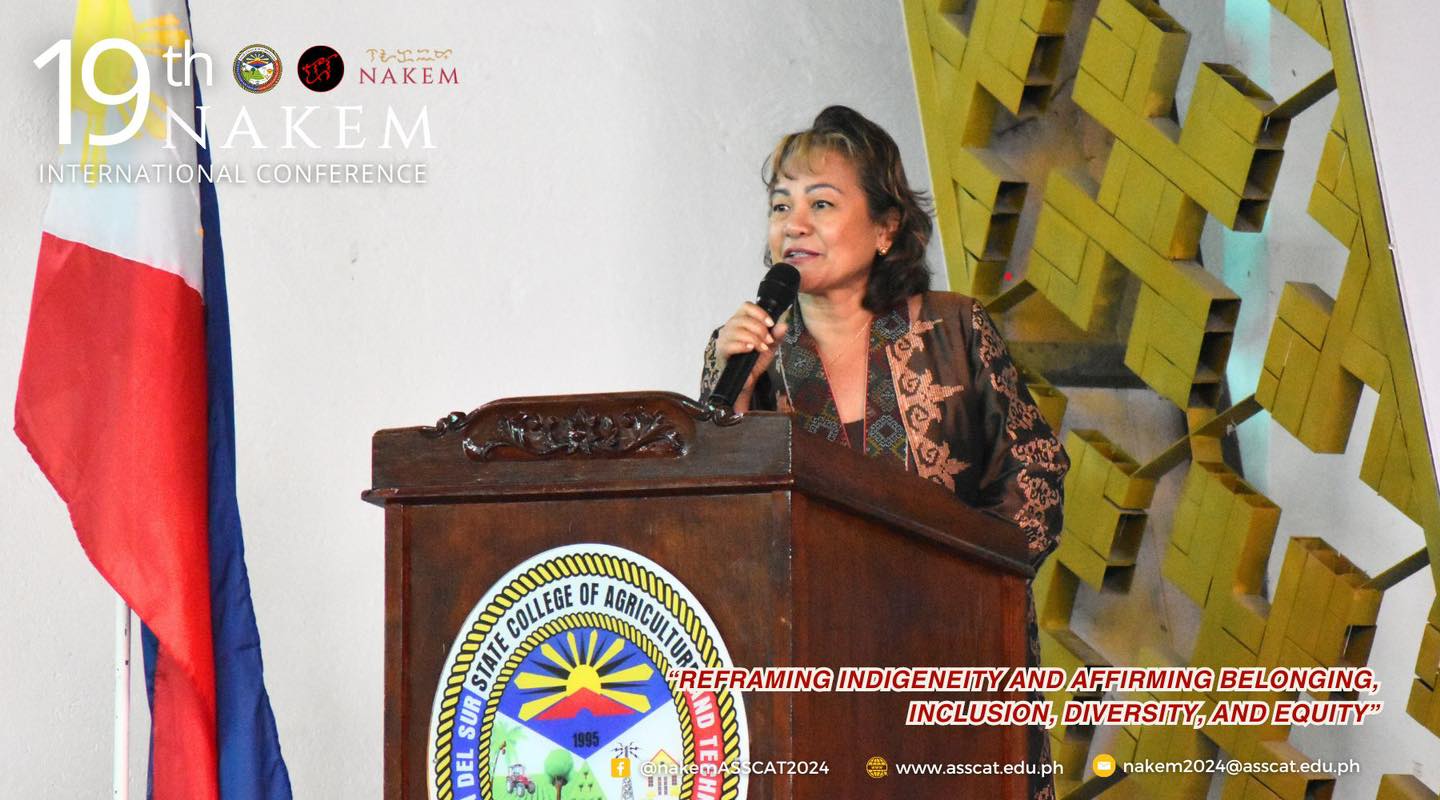
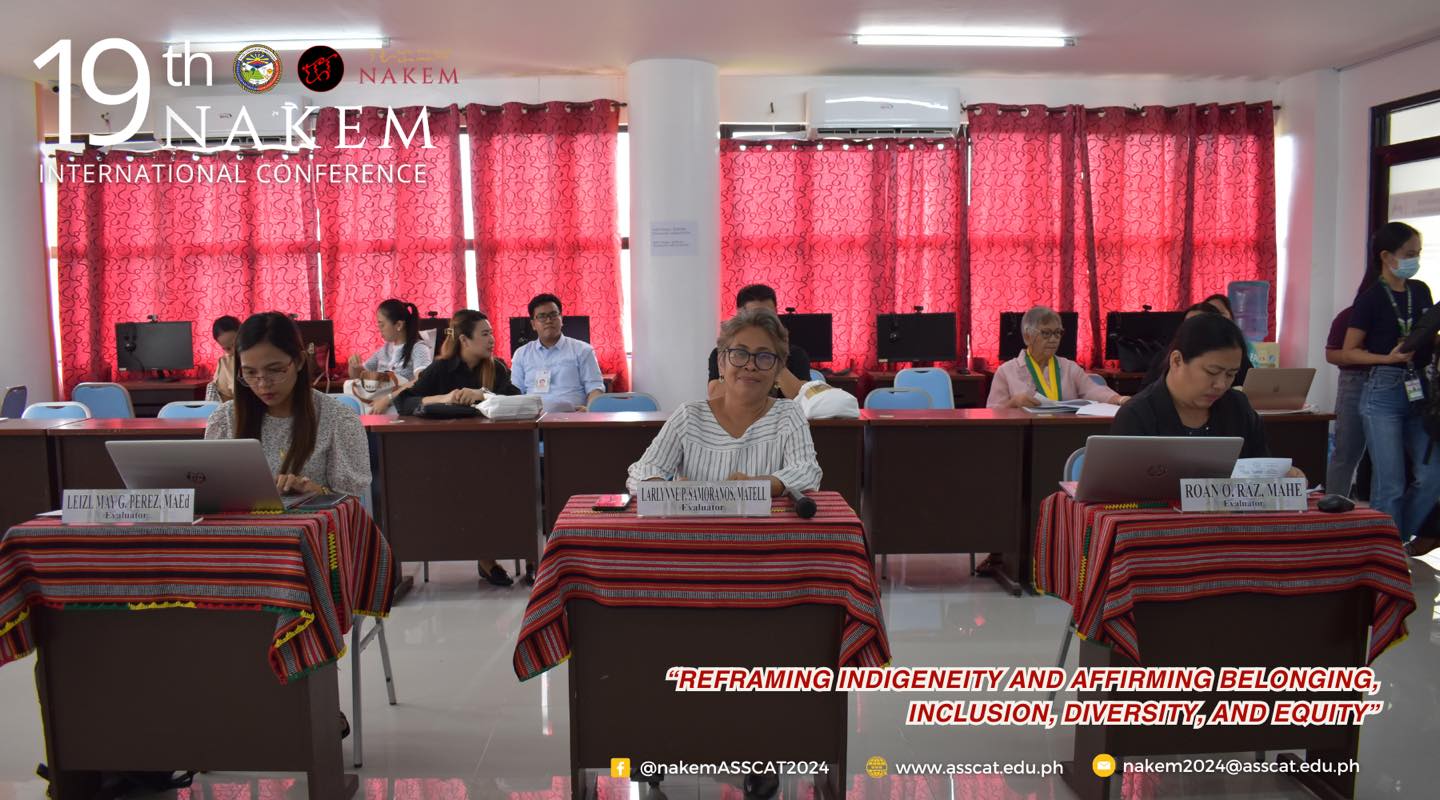
Day 2 Recap
Day 2 of the 19th NAKEM International Conference, hosted by the Agusan del Sur State College of Agriculture and Technology (ASSCAT), was a vibrant center for intellectual exchange and cultural celebration. Under the theme “Reframing Indigeneity and Affirming Belonging, Inclusion, Diversity, and Equity,” the day’s activities were rich with diverse perspectives and meaningful dialogue.
The day began with a compelling plenary session by Dr. Eva Washburn-Repollo from Chaminade University, titled “Hangop sa Atong Adman: Towards Inclusivity and Critical Discourse in the Journey Back to Embracing Indigeneity.” Dr. Washburn-Repollo emphasized the significance of indigenous knowledge and cultural practices in fostering inclusivity and critical discourse, setting a thought-provoking tone for the day.
Dr. Carol Benson, Founder and Director of MLE International in New York, presented on “Assessing Multilingual Learners Multilingually,” delving into strategies for effectively assessing multilingual learners in ways that honor and utilize their linguistic diversity.
Dr. Lance D. Collins, Executive Director of the Hawaii Institute for Philippine Studies in Makawao, Hawaii, United States, gave a thought-provoking talk titled “Fighting with Monsters: Practical Considerations in the Struggles with Identity.” He explored the complexities and challenges of identity struggles, offering practical considerations for navigating these issues.
Dr. Alma M. Ouanesisouk Trinidad, Professor of Social Work at Portland State University, discussed the power of familial photos and storytelling in resisting colonial amnesia and reinforcing a sense of belonging among indigenous communities. Her presentation, “Resisting Colonial Amnesia Through Familia Photos and Storytelling as Means to Reframing Indigeneity and Sense of Belonging,” resonated deeply with the audience.
Dr. Jose Ma. Eduardo P. Dacudao, President of the Philippine SOLFED, highlighted the critical need to preserve and promote CARAGA languages in his talk titled “Our Obligation to Include and to Pursue Language Equity: The Case of Preserving and Promoting the Thriving of CARAGA Languages.” He advocated for language equity and the flourishing of linguistic diversity, underscoring the importance of local languages in cultural preservation.
Dr. Jessie Grace M. Sannadan, a University Professor and Director, explored the role of heritage centers in preserving cultural memory and inspiring future actions toward cultural sustainability and inclusivity. Her session, “Remembering Our Future: Heritage Centers as the Venue for our Committed Action,” provided valuable insights into the significance of heritage centers in community development.
Following the plenaries, Day 2 featured a series of parallel presentations, each highlighting impactful research and initiatives.
The 19th NAKEM International Conference continues to be an essential platform for scholars, educators, and community leaders to share knowledge and promote language justice, cultural democracy, and emancipatory education. As the conference progresses, the insights and discussions promise to inspire significant actions towards a more inclusive and equitable society.
You may also like

Summer Class A.Y. 2024-2025
May 28, 2025
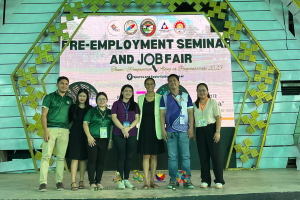
Pangandam Alang sa Pagpanarbaho
May 23, 2025

ASSCAT Surpasses National Passing Rates in LEPT
May 23, 2025
